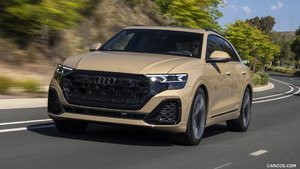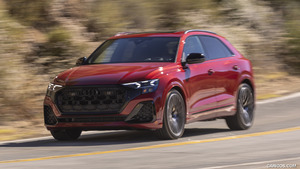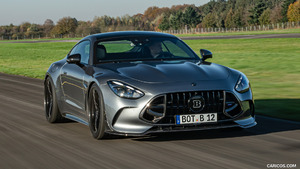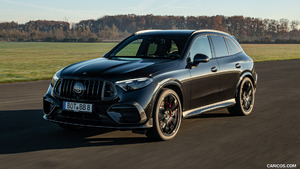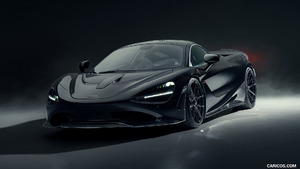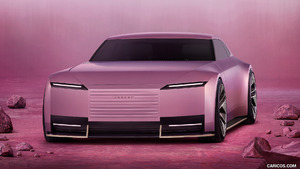2023 GranTurismo Trofeo
- The new GranTurismo marks the return of a Maserati icon, created 75 years ago with the A6 1500.
- Maserati GranTurismo combines the high performance typical of a sports car with comfort suitable for long distances, in both the version with a powerful internal combustion engine and with the most innovative 100% electric solutions. It represents a benchmark, embodying the concept of “The Others Just Travel”.
- The new model combines a sporty line and great performance with the luxury typical of every Maserati. It stands out for its sound (in both the petrol and full electric versions), as well as cutting-edge technical solutions, superb performance, comfort and elegance.
- The iconic Maserati coupé is available in two versions with a petrol engine: the Modena version is equipped with the 490 CV 3.0-litre V6 Nettuno Twin Turbo, while the high-performance Trofeo version is based on the same engine, upgraded to a maximum power of 550 CV
- The new GranTurismo Folgore is the first car in Maserati history to adopt a 100% electric battery-based powertrain. The Folgore system is based on 800V technology and has been developed with cutting-edge technical solutions derived from Formula E. It offers superb performance, combined with the comfort and elegance typical of the Trident, made possible by the three powerful 300-kW permanent magnet motors.
- The technical architecture of the new GranTurismo is the result of an innovative project that makes extensive use of lightweight materials such as aluminium and magnesium, together with high-performance steel. This multi-material approach required new manufacturing processes to be created, resulting in best-in-class weight levels.
- A key feature of the GranTurismo is the new Atlantis High electrical/electronic architecture, based on canFD messages sent at speeds of up to 2 ms. The system also comes with advanced level 5 cyber-security and flash-over-the-air features. The fulcrum is the Vehicle Domain Control Module (VDCM) master controller, with a 100% Maserati’s designed software that provides 360° control of all the most important car systems, for the best driving experience in all conditions.
- The modern cabin is equipped with Innovative systems, including the Maserati Intelligent Assistant (MIA) Multimedia system, the latest infotainment, a comfort display that brings together the main functions in an integrated touchscreen interface, a digital clock and the Heads-up Display (available as an option).
- An all-round sound experience is guaranteed by the iconic signature sound of the Maserati engine, even in the electric version thanks to innovative work by engineers at the Maserati Innovation Lab. The sound experience is completed by the immersive, standard Sonus faber Premium Audio system in every GranTurismo, or the optional Sonus faber High Premium Audio system.
- At launch, the GranTurismo is also available in the PrimaSerie 75th Anniversary Launch Edition, a limited series featuring exclusive content and dedicated to the production of the first GranTurismo 75 years ago.
- From the A6 1500 to the new GranTurismo, the story is one of Maserati’s granturismo spirit. This long, highly successful tradition at the House of the Trident has featured iconic models such as the 3500 GT, the 5000 GT, Sebring, Mistral, Ghibli, Bora, Khamsin and 3200 GT, followed by the first generation of GranTurismo in 2007.
Maserati presents the new GranTurismo, marking the return of an iconic model for the brand, capable of combining sports performance with comfort suitable for long distances and the brand’s typical luxury.
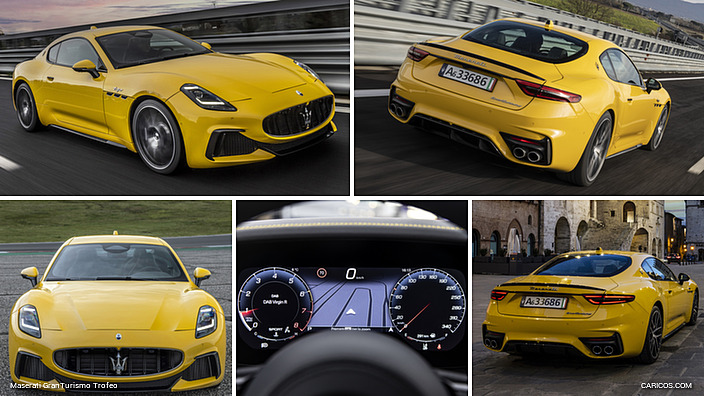 2023 Maserati GranTurismo Trofeo
2023 Maserati GranTurismo Trofeo
The GranTurismo is much more than a car: it is a product, a brand, a lifestyle, embodying the distinctive concept of “The Others Just Travel”.
This model is also taking the House of the Trident forward into the future: it is the first car in the brand’s history to adopt a 100% electric powertrain.
Actually, the new GranTurismo is a Maserati with a dual soul. One powered by the powerful V6 Nettuno petrol engine, the other full-electric with 800-volt technology. It epitomises the philosophy and uncompromising spirit of the House of the Trident. It provides a unique combination of performance, elegance and luxury, designed to meet customers’ every requirement from the full product range on offer.
Timeless Design, Purposed Beauty, technological and conceptual innovation. These are the factors that make an item iconic. And these have been the intrinsic characteristics of all Maserati GranTurismo models for over 75 years.
The concept of granturismo (‘grand touring’) was created after WWII, during the Italian economic boom, when we showed the world our outstanding products, our strength, optimism and carefree attitude, the will to work but also to enjoy ourselves.
At that historic moment, Maserati solved an equation that appeared to be impossible: in the post-war period, cars were either sporty or comfortable. The House of the Trident therefore invented a new concept of luxury “granturismo” mobility, representative of a new lifestyle: a two-door coupé that combined performance and comfort with an elegant interior, in a true four-seater.
Nowadays, with the new generation of Maserati GranTurismo the brand is raising its most iconic model to the zenith of innovation and looking ahead to the future, by also offering an electric version.
GranTurismo is therefore the manifestation of Maserati’s DNA and thus stands out for its sound (with both the petrol engine and in the Folgore version), as well as cutting-edge technical solutions, superb performance, comfort and elegance.
The new generation is based on three principles:
- Sportiness: lightness and attention to balanced weight distribution, providing agility and driving pleasure; powerful and muscular on the track as well as on the road.
- Luxury: the utmost attention paid to the use of prestigious materials, enhanced by superb finishes in the exterior as much as in the interiors; the perfect blend of dynamism and elegance, to produce Maserati’s unmistakably Italian style.
- Comfort: just the right amount of space for four adults in complete comfort, made possible by the high quality of the standard specifications, to heighten the characteristic Maserati driving experience
The key factors: extensive use of lightweight materials, the output of the powertrains, four-wheel drive, four true seats, the utmost luxury in the materials and finishes.
By focusing on customer requests from the earliest stages of development onwards, the new GranTurismo is enabling Maserati to solve the impossible equation of combining sports performance with comfort suitable for long distances, both with powerful internal combustion engines and with the most innovative 100% electric solutions. It represents a benchmark in the segment, embodying the concept of “The Others Just Travel”.
Design
Elegant design for an expression of pure driving pleasure
The interior design represents an ideal balance between an aesthetic approach and functionality without ostentation.
A union that creates a natural beauty and a design unaffected by fads, always remaining timeless.
With undeniably unique and immediately recognisable lines, Maserati has created a sculpted technology: a pure shape suitable to cover best-in-class mechanics, emphasising the purity of its forms and its refined design cues.
The classic proportions of the brand's cars have been maintained, with the long bonnet and the central body intersected by the four fenders; proportions even further highlighted in a model as sporty as the new GranTurismo. Conversely, the roof line drops dynamically to emphasise the curve of the pillar that features the iconic Trident logo.
A decision was also made to maintain continuity with the design of the previous generation, widely appreciated among customers. The simultaneously elegant and decisive profile gives the surfaces a pleasantly dynamic appearance, the lines are sinuous, the volumes are gentle, with specific characterisation in the wheel arches to highlight the transition between the refinement of the design and the technical aspects of the car.
Exterior
Unique front and eye-catching rear light clusters
As with all new Maserati models, starting with the MC20 halo car, the front of the GranTurismo also features vertical lights, bringing back what has become a new lighting signature. This stylistic decision gives the car a fresh, sporty look.
Conversely, the front grille includes the iconic 3D Trident logo.
The rear features new taillights, a mix between the classic boomerang form from many Maserati models in the past and a harpoon. Illuminated by Full LED technology, this shape gives the GranTurismo an unmistakable, very assertive signature, even at the rear.
GranTurismo offers the driver and their passengers an exclusive welcome, featuring an interior and exterior lighting strategy, triggered when the keyholder is nearby. At the same time, the doors and boot can be automatically unlocked, and are locked again when moving away from the car. *
The lights come on when the key is three metres from the car, the doors unlock when one metre away, with an automatic sequence in the interior when the doors are closed.
* These features must be enabled in advance.
‘Cofango’ bonnet/fender
One of the most distinctive and representative elements of the GranTurismo design is the ‘cofango’, a portmanteau term made up of cofano (‘bonnet’) and parafango (‘fender’), referring to a single component of the car that includes these two parts.
Made by a market leader in this technology, the GranTurismo ‘cofango’ has a surface area of over 3 m2, a market leader in terms of dimensions. Industrial moulds are used to obtain its curves to the shape of the GranTurismo, producing an outstanding result overall.
Wheels
The new Maserati GranTurismo comes with a staggered wheel configuration, larger at the rear (21” 295/30) than at the front (20” 265/30 – 20” 265/35 for the Folgore).
The wheel offering consists of four different designs with varying finishes, providing customers with a total of seven options.
The brake callipers come in seven different colours: matte Nero, Nero, Rosso, Giallo, Blu, matte Rosso and matte dark Rame (specific to Folgore).
Colours
A typical feature of the Maserati DNA that also applies to the new GranTurismo, the starting point is inspiration from the Italian territory, the search for beauty in constant dialogue with technological research on impactful pigments and innovative applications. The aim is a living surface, in constant interaction between light and matter.
At the launch of Maserati GranTurismo, six colours are available: Bianco, Grigio Maratea, Grigio Maratea Matte, Nero Ribelle, Blu Emozione, Blu Nobile.
In addition to these standard colours, a new range of special shades, combinations and the option to customise your car with exclusive materials will be available as part of the Maserati Fuoriserie customisation programme. Examples of Fuoriserie exterior colours include the options for the PrimaSerie Launch Edition and the colour palette that launches the range, including Grigio Cangiante (the launch colour for the Modena version), Rosso Granturismo (for the Trofeo version) and Rame Folgore (for the Folgore version). The Fuoriserie Giallo Corse colour is also available together with twelve olther colors that customers can select from the Fuoriserie Corse and Futura catalogue.
Interior
Pure and contemporary design, devoted to functionality and Maserati design cues
In the car’s interior design, the visual symbols are inspired by the brand’s homeland and act as an innovative reinterpretation of Italian architecture and craftsmanship.
Not mere decoration, rather research and experimentation aimed at embodying the Maserati’s various over-arching themes, by means of the choice to adopt a wide range of materials, processes and colours.
The uniqueness of the materials and processes used in the car are an expression of engineered craftsmanship, i.e. the Italian artisan tradition in dialogue with state-of-the-art technology.
GranTurismo retraces the path mapped out by the MC20 super sports car and the Grecale SUV, where Maserati began to define a line of interiors inspired by its philosophy, “Balance of the Opposites”.
Tradition in our local area and Italian craftsmanship are juxtaposed with innovation and technology. A contrast between luxury and technology, noticed immediately when entering the cabin, where the uniquely crafted materials join large screens, mechanical precision and a state-of-the-art digital user interface.
Everything is devoted to functionality: the interior design is inspired by the concept of a pure, contemporary and emotive design, with room for new technology.
The absence of a gear lever means the space can be used to the full, with a series of useful compartments that have a great visual impact.
The completely clutter free central tunnel (all commands are digital) is a celebration of high-quality materials.
The layout is a sports car’s, with a highly dynamic design for the door panels and a colour division that highlights the design of the dashboard: a slim, delicate upper section appears to soar over the main part, enhanced by the craftsmanship of the various trim levels.
What makes the difference is the research and obsessive attention to detail.
Everything you touch inside the cabin is “real material”, to create a feeling of absolute harmony. The sporty yet comfortable seats, with built-in headrests, take up the theme of the cabin, even in the backrest. They are built on a lightweight frame, for a lower overall weight of the car.
The rear seats also follow the look of their front counterparts, as two real, extremely comfortable spaces.
New multi-function steering wheel
The new GranTurismo steering wheel takes sportiness to the next level. The Start/Stop and Drive Mode Control buttons are built into the central section. The Nero lucido accents and stitching match the colour of the leather. The chrome-plated details emphasise the ‘appendage’ – a Maserati hallmark, in its third generation.
The steering wheel is available in two colour options: Nero and Denim. The latter is an exclusive color and is associated with the interiors in the same colour available on the Folgore version. For the Trofeo version only, the sides of the steering wheel are in perforated leather and the Start/Stop button is in the dedicated Blu. The steering wheel paddles come in brushed dark aluminium as standard.
A heated steering wheel is available as standard in the GranTurismo Trofeo and GranTurismo Folgore.*
* A heated steering wheel is optional for the GranTurismo Modena
New multi-function steering wheel
The new GranTurismo steering wheel takes sportiness to the next level. The Start/Stop and Drive Mode Control buttons are built into the central section. The Nero lucido accents and stitching match the colour of the leather. The chrome-plated details emphasise the ‘appendage’ – a Maserati hallmark, in its third generation.
The steering wheel is available in two colour options: Nero and Denim. The latter is an exclusive color and is associated with the interiors in the same colour available on the Folgore version. For the Trofeo version only, the sides of the steering wheel are in perforated leather and the Start/Stop button is in the dedicated Blu. The steering wheel paddles come in brushed dark aluminium as standard.
A heated steering wheel is available as standard in the GranTurismo Trofeo and GranTurismo Folgore.*
* A heated steering wheel is optional for the GranTurismo Modena
Product range
At launch, the GranTurismo is available in three versions: Modena, Trofeo and Folgore, to embrace the needs of every customer.
- GranTurismo Modena is equipped with the 490 CV 3.0-litre V6 Nettuno Twin Turbo and AWD transmission.
- GranTurismo Trofeo is equipped with the same engine/transmission, souping its power up to 550 CV.
- GranTurismo Folgore is equipped with three 300-kW electric motors (raising the installed power to over 1200 CV), powered by an 800-volt battery, to achieve a maximum available power ath wheels of over 760 CV.
Modena
GranTurismo Modena is designed for devotees of an elegant, sophisticated and refined lifestyle. Made for customers who travel long distances and use their car for leisure journeys. This version is intended for dynamic, elegant people who are always on the move and want to enjoy the pleasures of life.
The interiors of the GranTurismo Modena are refined, with high technology built in. The environment features an embroidered and stitched graphic motif, which develops harmoniously across the dashboard, panels and seats. Inspired by the visual symbols in Michelangelo’s Piazza del Campidoglio in Rome, this motif enlivens and enhances the surfaces. The dialogue between sinuousness and formal rigour in the interior is also highlighted by the combination with the accents in dark ash burl, an unusual, contemporary wood with a grey tone and an open-pore finish, which enhances the tactile quality of the design cues. The interiors can come in extensive black, tan or greige leather, with tone-on-tone stitching.
The exterior features 20” alloy wheels in the front, 21” in the rear.
The design of the front splitter is classic, the front grille is black with gloss black slats and brushed chrome outline; the same colour is used for the handles and the accent above the Maserati logo at the rear, with the model identification on the side and the Trident logo in gloss black. Finally, the window finishes and exhaust terminals are chrome-plated.
GranTurismo Modena is the perfect synthesis of elegance and sportiness: its launch colour is Grigio Cangiante. Grigio Cangiante is a colour that will not go unnoticed either: an interposed three-layer shade, it is the result of years of technological research on pigments and effects and is inspired by the freshness of summer light and the peace of mind that instils. The light, slightly amber background, paired with a cool mica tending towards blue, makes this colour light and technical, while remaining unaffected.
Trofeo
Trofeo is the version with the highest performance, driven by the most powerful internal combustion engine ever made. The explicit focus is on performance, while never sacrificing comfort. This trim level is suited to enthusiasts for sports and adrenaline-fuelled performance, based on a high-performance engine paired with an elegant silhouette.
The marked exterior lines and carbon fibre accents emphasise this car’s assertiveness. The Trofeo version features the use of perforated leather, a high-performance material itself. Together with the herringbone motif on the dashboard and seats, it gives the car a decidedly dynamic look.
The contrasts become bolder: the black leather interiors are embellished with contrasting chevron stitching in yellow, red or grey. Alternatively, the interiors are available in red or ice, with tone-on-tone stitching.
The exterior features forged 20” wheels in the front, 21” in the rear. This version also features specific front splitters, rear bumper with carbon fibre accents, side skirts in full carbon fibre, and gloss black grille slats. The rear bumper includes the characteristic Maserati appendage. The Trofeo wording and the side Trident logo come in burnished chrome, with a red outline.
The GranTurismo Trofeo launch colour is Rosso Granturismo, a powerful, deep red that sumptuously envelops the forms, amplifying the car's elegance and sportiness.
Folgore
GranTurismo Folgore is the first electric Maserati ever made. It represents the state of the art in terms of high-performance full-electric technology, combined with contemporary luxury. Folgore is style, superb performance, sustainability, and equates to driving the new future at Maserati, now looking ahead to a stimulating, 100% electric world.
Folgore is designed for those who act as forerunners, as pioneers, for those who constantly seek to lead the way, looking ahead into the future.
Folgore is therefore 100% electric, fascinating and also offers the use of sustainable materials such as Econyl®, a new fabric with a unique aesthetic, a recycled nylon obtained using nets recovered from the seas, an example of the potentially infinite circularity of the material.
This exclusive Maserati material expresses an aesthetic metamorphosis: its unique, highly opaque surface – reminiscent of the fabric used in the bodysuit fabric, combined with laser processing – features a parametric design that expresses a natural dynamism. Inspired by the movements of a ballerina immortalised in a photograph, it speaks of a “controlled performance”, a movement made eternal.
The same dynamism enhances the dashboard and panels, via the “high-frequency” leather printing technology, a process borrowed from high-end leather goods, brought to a car for the first time by Maserati.
This version is available in two interior variants: one light, one dark. The light Ice/Denim variant comes with Ice stitching; the dark variant with black upholstery and contrasting stitching in copper. Econyl accents can be seen on the seats, ceiling and pillars. The exterior features 20” Aero wheels in the front, 21” in the rear, specifically designed for the best aerodynamics.
To emphasise the uniqueness of the Folgore version, the interiors include a world first: innovative lasering gives the dashboard upholstery and the inside of the doors an exclusive character, unique in the market.
The special Folgore grille has glossy black inserts on a slightly anodized silk black base. The splitters, handles, DLO and rear handle are also gloss black, while the Trident logo and the Maserati, Folgore and GranTurismo wording are all in dark copper.
Specific splitters, dedicated wheels in diamond-cut gloss black and front diffusers maximise the car’s Cx by approximately 7% compared to the petrol version, and contribute to optimising its range. In order to reduce rustling inside the wheel arch, a specific air inlet – exclusive to this version – has been placed between the bumper and wheel arch.
The GranTurismo Folgore launch colour is Rame Folgore, an iridescent shade that provides a full account of the Maserati metamorphosis.
Rame Folgore is based on extensive research into how the colour can interact with light, in the form of the beam of light that evolves into a living being in constant interaction with its surroundings.
The inspiration is drawn from contemporary architecture, specifically from the façade of the Guggenheim in Bilbao, where warm copper hues in the sections in the sun co-exist with cooler shades of bluish grey in the areas in the shade. These colours are made possible by the use of iridescent pigments.
Primaserie
A Launch Edition in 300 unique specimens, dedicated to and reserved for Maserati’s Top Customers, to celebrate the creation of an icon and the beauty of exclusive specifications and the most sophisticated personalisation. The upshot is the GranTurismo PrimaSerie 75th Anniversary, a modern heroine that carries forward into the future the significant legacy of a timeless car, raising the concept of travel towards new design and stylistic horizons, for an unprecedented level of driving experience and pleasure.
Maserati GranTurismo PrimaSerie is available in four configurations, with only 75 units produced for each of them, in the colours Grigio Lamiera and Nero Cometa for the Trofeo – Rame Folgore version, and Blu Inchiostro for the 100% electric GranTurismo Folgore version. Embellishing the exclusive paintwork are the details of the finishes inside the passenger compartment, with contrasting stitching and embroidery; the Trident and the 75th Anniversary logo embellish the elegant seats and give a touch of character to the exterior look on the hub caps, the mudguard and the boot, where they are proudly displayed in their exclusive personalised finish.
Seventy-five years since its debut, the Maserati GranTurismo continues to be the stuff of dreams of the most daring travellers, whilst always remaining true to its unmistakable style and offering constantly new emotions, all of which is now enhanced by the exclusivity and purity of the GranTurismo PrimaSerie and its details.
Engineering
Architecture
The result of an innovative “blank slate” project embarked on in 2017, the primary objective has always been to develop a new vehicle architecture designed to cover the entire Maserati GranTurismo range, in all its versions or derivatives. All the work has taken place at Maserati, where the engineers at the Innovation Lab have dealt with the challenge of the brand’s most iconic product according to the axiom of “Zero Compromise”.
Built with technologies developed specifically for the project, the body makes extensive use of lightweight materials such as aluminium and magnesium, together with high-performance steel for the most critical functions. Over 65% of the car is made of aluminium.
This multi-material approach required new manufacturing processes to be created, resulting in best-in-class weight levels. The architecture has also been designed to be modular, i.e. to house electric motors or a state-of-the-art petrol engine with minimal adaptations.
The project has deep industrial roots, offering the option to manufacture tens of thousands of cars per year. It therefore also has the potential to support other models that may require a solid basis for the development of high-performance products, with either 100% electric solutions or a powerful internal combustion engine.
Power sources
V6 Nettuno engine
The GranTurismo’s six-cylinder 3000-cc twin-turbo engine revolves around Maserati Twin Combustion (MTC) technology, which made its first appearance on the Nettuno engine, the driving force behind the MC20 super sports car, using patented pre-chamber combustion technology derived from Formula One engines.
It is an extremely sophisticated engine, capable of finding the perfect synthesis between performance and consumption, given its extreme efficiency and ideal adaptation to usage conditions.
With its elongated front section, the height of the bonnet and the extremely sporty shape, the architecture of the GranTurismo is the result of precise technical decisions. All GranTurismo models are equipped with All-Wheel Drive transmission, and the decision to position the front differential in line with the engine has made it possible to create an ideal set-up with considerable benefits for the dynamics of the vehicle.
This positioning of the front differential meant the engine and likewise the car's profile could be lowered, as well as bringing it closer to the centre of gravity by means of ideal mass distribution.
Compared to the MC20 Nettuno, the GranTurismo six-cylinder engine comes with a wet sump rather than a dry one. The engine is equipped with cylinder deactivation. In certain operating conditions, the right cylinder bank is deactivated, with its entire valvetrain kept disabled with a system of collapsible tappets: a result achieved with a specific oil circuit and the use of cutting-edge components.
The passive pre-chamber system, seen first in the MC20, is a unique solution on the market, which ignites the fuel in a separate chamber.
As the flames spread, combustion is transferred from the pre-chamber to the traditional combustion chamber by means of a series of specially sized perforations. The upshot is faster, standardised and efficient combustion. The true innovation is the use of this component in conjunction with a second spark plug. Together with the dual injection system, this juxtaposes two operational combustion systems within the same engine.
In practice, a pre-chamber combustion system has been combined with the traditional combustion system. This technical solution optimises performance (output, torque and consumption) in all usage conditions, courtesy of the option of choosing the most suitable combustion mode.
These two systems must therefore be activated individually or simultaneously depending on the demand for torque, without the driver noticing any discontinuity in terms of performance, noise and driving comfort.
The development of a control strategy and specific engine hardware are key elements to ensure and confirm the validity and efficiency of the new combustion system in road-going cars. The result is an engine highly fluid in its delivery, combining a docile character with high performance depending on usage conditions on the road and on the track.
Maserati Folgore powertrain
GranTurismo Folgore represents Maserati's idea of electric mobility, where performance remains one of the main factors.
The Folgore powertrain has been developed around cutting-edge 800-volt technology, the current “state of the art” when it comes to performance and charging time.
In terms of components, the GranTurismo Folgore is driven by three motors, one in the front and two in the rear, for a total installed power of over 1200 CV. Specifically designed for exclusive use by Maserati, they reach higher levels of power density (9.2 kW/kg) and are driven by silicon carbide (SiC) inverters derived from Formula E. The two totally decoupled rear motors – with no transmission to interconnect the wheels – make it possible to direct the torque to each individual side, independently of each other. This kind of torque management for each individual wheel is known as Torque Vectoring.
Torque vectoring adjusts the car’s level of rotation (‘yaw’), not only when accelerating but also when the pedal is released and when braking. The system acts in a similar way to a sophisticated electronically controlled differential, but in the case of the GranTurismo Folgore, the potential and the level of control are considerably higher.
The battery, produced at the Mirafiori Battery Hub assembly plant in Turin, has a nominal capacity of 92.5 kWh and a discharge capacity of 610kW (800+ CV), to continuously transmit more then 760 CV to the wheels.
The specific set-up and innovative layout of the battery result in the containment of vehicle height to 1353 mm, without compromising its sporty nature. The shape of the battery pack, known as ‘T-bone’, is another example of the “zero compromise” approach and avoids placing the battery modules under the seats, mainly moving them around the central tunnel and therefore considerably lowering the car’s H-point.
The GranTurismo Folgore sits lower than any other electric car on the market.
This battery design improves the manoeuvrability of the car, reducing the inertia factor and making it very pleasant to drive: all the mass is positioned close to the roll axis and the inertia tensor is therefore smaller. Agility is one of the key factors; axial geometry in the battery makes changes of direction much faster than in cars with a platform battery, distributed throughout the body.
Supercharging the motors compared to the battery is another important factor for performance. This offers maximum flexibility in torque distribution up to very high values, unlike other applications on the market, forced to limit the power according to the distribution. GranTurismo Folgore can discharge 100% of the available power even with the rear axle alone in Rear-Wheel Drive configuration only, or can discharge up to 400 CV on a single rear wheel. In addition, the features of the GranTurismo Folgore system provide regen levels of up to 0.65 g, to recover energy during braking and achieve optimal conditions up to the peak charging rate of 400 kW.
Of course, electrification does not equate to losing the typical characteristics of Maserati’s DNA: an extensive study has been conducted on the sound, which remains an iconic factor.
In terms of the sound experience in the electric model, innovative engineering work has been carried out: the natural acoustic dynamics of the electric motors driven by the inverters have been digitally shaped and integrated with the typical sound taken from the Maserati V8 tradition.
All this in-depth analysis has made it possible to integrate know-how of the Maserati sound with the noise the vehicle naturally generates, to produce a unique acoustic experience, closely linked to the car yet innovative at the same time.
It goes without saying that an electric car has no exhaust or intake; the sound tuning function is therefore delegated to sophisticated signal processing software, operated by refined synthesisers and released into the space by high-quality speakers on the inside and out.
Aerodynamics
The aerodynamics of the GranTurismo have been carefully designed for the best performance. Air springs with attitude control come as standard on all models and enable the car to adapt to conditions of use in the best way possible: from driving on mixed sections and optimising efficiency at medium/high speeds to maximising downforce in the CORSA drive mode. Together with control of the air flows inside the engine compartment via the air shutter, attitude control offers active management of its aerodynamics. Despite its athletic silhouette, GranTurismo achieves a Cx of 0.28 in the Modena and Trofeo versions, and 0.26 in the Folgore.
Vehicle Domain Control Module (VDCM)
Another key feature of the GranTurismo is the new electronic architecture developed by Maserati. The focus is the Vehicle Domain Control Module (VDCM), the car’s “master controller”. A veritable orchestral conductor, it steers all the fundamental dynamics systems, with driver interaction via the drive mode selector on the right side of the steering wheel.
VDCM is a 100% Maserati project, with the software having been designed, implemented and calibrated in-house.
This high-tech solution, based on Maserati’s many decades of know-how in vehicle dynamics, provides 360° control of the car by integrating information and operating on all the vehicle’s main systems, for maximum performance and the best driving experience in all conditions.
It acts as the car’s brain, setting precise targets and timing for the actuators, ensuring they are all aligned, reducing intervention times and increasing performance, driving pleasure and safety.
The option of complete control at vehicle level (predictive, no longer reactive) provides the opportunity to define the GranTurismo’s dynamics, creating a clear distinction between the various drive modes.
Drive modes
Drive modes, petrol versions
In its versions with an internal combustion engine (Modena and Trofeo), the GranTurismo comes with four different driving modes: COMFORT, GT, SPORT, CORSA, plus the ESC-OFF option to turn off all electronic control.
The modes can be selected via the rotary control on the steering wheel, with the suspension settings button in the middle.
COMFORT mode: the ideal mode for relaxed driving, to provide a high level of usability and maximum comfort. In this set-up, the suspension is adjusted for maximum comfort and the engine and transmission respond to commands less responsively, for an extremely soft driving experience
GT mode is the default drive mode when the car is started, and provides a balanced, typically “granturismo” driving experience. It is ideal for everyday driving and guarantees maximum usability, comfort and efficiency without sacrificing characteristically GranTurismo dynamism. In this mode, the exhaust remains discreet until a rev count of 5000 rpm is exceeded
SPORT mode offers the best dynamic performance, for an exhilarating driving experience on everyday roads. The exhaust sound is boosted, the engine runs at maximum performance, the gearbox becomes fast and responsive, and the suspension set-up enhances the driving dynamics. The traction control gives greater freedom of control to the driver, who can even decide to disable ESC in conditions where it would be safe to.
CORSA mode offers the driver the most extreme experience and the option of enjoying the true sporty embodiment of the GranTurismo without any compromises. In typical track use, the car adopts minimum control strategies, giving the driver freedom to test their driving ability. In this mode, the accelerator pedal becomes very direct, and the engine and gearbox become extremely responsive. The suspension damping level increases and the car takes on a ground clearance that maximises vertical downforce. The digital dashboard adapts the Corsa display to highlight the most relevant performance parameters. The driver’s ability to disable the ESC via a specific command completes the GranTurismo Corsa driving experience.
In Sport or Corsa modes, the driver has the option to enable Launch Control by pushing the “-” paddle and following the procedure indicated on the digital dashboard.
Drive modes, GranTurismo Folgore
The 100% electric Folgore version of the GranTurismo has four different driving modes: MAX RANGE, GT, SPORT, CORSA. Adjustments can be made via the drive mode selector on the steering wheel.
MAX RANGE mode, in which the car can achieve maximum range, by applying strategies to save energy. It is recommended when the battery falls below 16% and no charging point is immediately available. It throttles the maximum speed to 130 km/h, reduces the response of the accelerator pedal and limits the power of the climate control.
GT mode is the default drive mode when the car is started, and provides a balanced, typically “granturismo” driving experience. It is ideal for everyday driving and guarantees maximum usability and comfort, with no restrictions on the GranTurismo’s dynamism.
In this mode, the exuberant power of Folgore is limited to 80%.
The sound is noticeable but moderate.
SPORT mode offers the best dynamic performance, for an exhilarating driving experience on everyday roads. The sound is boosted, the motor runs at 100% performance and the suspension set-up enhances the driving dynamics. Torque vectoring minimizes the car's understeer in both coasting and regen, while the traction control gives greater freedom of control to the driver, who can even decide to disable ESC.
CORSA mode offers the driver the most extreme experience, the option of enjoying the true sporty embodiment of the GranTurismo Folgore, and the full performance of its unique 800-volt powertrain. In typical track use, the car adopts minimum control strategies, leaving the driver free to test their driving abilities. In this mode, the accelerator pedal becomes very direct, and the torque is delivered extremely quickly from the three motors. Torque vectoring maximises performance when entering, navigating and exiting corners. The suspension damping level increases and the car takes on a minimal ground clearance to maximise vertical downforce. The digital dashboard goes into Corsa mode to highlight the most relevant performance parameters, including monitoring of battery temperature (an important factor for performance) and torque distribution in relation to the maximum acceleration that can be achieved.
Performance optimisations in Corsa mode
In Corsa mode, additional features – accessed via the drive mode controls on the infotainment system – enable the driver to make further adjustments to levels of torque vectoring and traction control, from optimal performance conditions on a wet surface to settings for extreme drift.
On the other hand, the performance optimiser offers peak performance by applying optimal powertrain management depending on use:
- Max boost maximises acceleration performance
- Endurance maximises performance in prolonged use on the track, by guiding the driver in system temperature management
In Sport or Corsa modes, the driver has the option to enable Launch Control by pushing the “-” paddle and following the procedure indicated on the digital dashboard.
The level of braking from the motors in regen – which also recovers energy by recharging the high-voltage battery, as well as slowing down the car – can be set to four levels via the paddles, and can be adjusted while driving according to requirements.
Technology in the name of in-car pleasure
Digital cockpit
The digital interfaces are tailor-made to the driver, for unparalleled emotion and performance.
- Touchscreens with no compromises: 12.3” central display and 8.8” comfort display, both ergonomically positioned to facilitate access to the controls and to avoid any hindrance to the legs. The simplest and fastest digital climate control on the market. The new quick gesture controls, unique to Maserati, let you control the temperature and fan speed instantly, without taking your eyes off the road. Wireless Apple CarPlay, Android Auto and Baidu CarLife integrate your smartphone experience in seconds. Users can connect up to two phones.
- 12.2” digital dashboard. A benchmark in the market in terms of intuitiveness, ease of configuration and irresistible graphics. The attention to detail is unparalleled in its segment, demonstrated by the elegance and refinement of the graphics and the shape of the screen, which wraps around the steering wheel to maximise the visibility of the information. The customisation options consist of four different layouts: Classic, Evolved, Relaxed and Corsa (the latter is automatically enabled in the Corsa drive mode). Embellished with elegant graphics, the numerous, useful widgets enrich the configuration of the digital dashboard.
- Reconfigurable heads-up display. A rare feature in the segment, the heads-up display minimises driver distractions by projecting key information such as speed, maps and directions directly onto the windscreen.
- Maserati Digital Clock. The best-loved in-car clock ever. An icon of the past transported into the future, revisited with modernity and functionality in mind. Reconfigurable in terms of various features: three skins (Classic, Design and Sport), four dynamic animations (compass, G-force meter, accelerator and stopwatch) and contextual pop-ups (smartphone connection via Bluetooth, start of wireless phone charging and EV charging-related features for the Folgore).
- Users can also interact with the Digital Clock via the voice command “Hey Maserati”, to operate the voice assistant and quickly control the aircon, media, navigation and phone calls.
- Digital rear-view mirror. Unique to the segment and much loved by Maserati MC20 customers, the GranTurismo’s rear-view mirror can be easily transformed into a display for the rear-view camera. This dramatically increases visibility for the driver, even in the most difficult driving manoeuvres.
The software is also the most agile and feature-rich ever implemented in a granturismo car.
- Unparalleled fluidity and responsiveness. The Maserati Intelligent Assistant (MIA) system has been optimised for GranTurismo, giving the digital experience a dynamism and visual refinement unparalleled in the class.
- Updates: MIA evolution over time is guaranteed by software updates over the internet, just like smartphones, offering regular functional improvements and enrichments.
- Customisation: with MIA, you can set up to 5 different user profiles, each according to individual preferences (your favourite settings for the climate control, media, navigation, seats, rear-view mirrors, etc.)
Advanced Driver Assistance
In the name of Maserati driving pleasure.
The main task of driver assistance systems is to support the driver in complex situations, for full enjoyment of the GranTurismo driving experience.
In every Maserati, technology, design and luxury converge, in a unique balance for the market. This guiding principle pervades every aspect of GranTurismo, including its ADAS systems. One example is the radar sensor, harmoniously integrated into the middle of the grille with the Maserati appendage, concealed behind the iconic Trident, with no compromises in terms of its detection capacity.
The main new features:
- Maserati Active Driving Assist: a benchmark in the segment for fluidity and reliability, even in the most sudden manoeuvres. Made possible by their meticulous calibration, the features of the GranTurismo L2 ADAS preserve Maserati’s renowned driving comfort and give drivers significant confidence in the system. In particular, of the various L2 ADAS systems, the active lane assist feature is bolstered even further with Emergency Lane Keeping, to protect occupants with very powerful steering manoeuvres when a collision is imminent.
- Dynamic Road View: when using the driver assistance systems, the digital dashboard shows a dynamic 3D reconstruction of the surrounding vehicles.
- Rear Emergency Braking: when reversing, the GranTurismo not only warns the driver with audible signals, it also predicts imminent impacts and brakes automatically to eliminate the possibility of collision with vehicles and objects in front.
- Surround View Camera 2D: the surround view camera gives the driver a 360° overview of the car's surroundings, accompanied by a bird’s-eye image of the car, which can easily be rotated by the driver.
- Virtual Wall: obstacles detected by the rear parking sensors are shown in the form of virtual blocks that change colour depending on their proximity to the vehicle, to assist the driver when parking.
The Folgore experience
The GranTurismo Folgore sets a new standard for the expectations and desires of customers looking for an electric car with the perfect balance between luxury and performance, with no compromises.
Via the special charging app for electrified Folgore models, users have access to one of the broadest charging networks in Europe, including over 400,000 charging points, 30,000 of which are ultra-fast.
The main features are:
Automatic Battery Pre-conditioning & DC Booster: to make the charging experience as efficient and fast as possible, Maserati GranTurismo Folgore is equipped with automatic battery pre-conditioning, enabled when near an ultra-fast charging point. Pre-conditioning prepares the battery for the charging phase, adjusting its temperature to reduce charging times. As well as the automatic pre-conditioning of the battery, the DC Booster offers the best possible experience by exploiting all the power the charging point can deliver, even at facilities not running at ultra-fast rates.
GT Folgore customers will also receive a wallbox to be installed at home or in their preferred charging location. It supplies charging power between 3 and 22 kW, using load balancing technology to ensure optimum efficiency in the system electricity management. As such, and like most enthusiasts for electric do, customers will be able to charge their Folgore whilst it is parked in their garage.
With the GT Folgore charging in their garage, customers can – for example – pre-warm or pre-cool the car whilst it remains connected to the mains and without depleting the battery, courtesy of the connected services for vehicle pre-conditioning.
Cabin temperature maintenance: the new Maserati GranTurismo Folgore can maintain the interior temperature of the cabin even when the car is not running, ensuring comfort for the passengers inside.
EV Routing 2.0: Maserati GranTurismo Folgore assists customers in journey planning. Fully aware of the battery condition and expected consumption at all times, it can include any charging stops and optimise the total duration of the trip.
Dynamic Range Mapping 2.0: the maximum distance the Maserati GranTurismo Folgore can run is displayed on the map and is updated in real-time according to charge status and the customer’s driving style.
Maserati Connect
The Maserati range of online features is evolving with the GranTurismo. Maserati Connect uses the vehicle’s internet connection to enrich the driving experience with essential services for safety, navigation, entertainment and comfort.
A good internet connection is just as essential for the GranTurismo as it is for a smartphone. That's why most Maserati Connect services are free for up to 10 years.
The main services Maserati offers its customers include:
- Maserati Guard: a powerful system to detect and retrieve the car in case it is stolen. The system notifies the GranTurismo owner in the event of a break-in, via a notification from the Maserati Connect app. Customers also have a dedicated phone number to coordinate vehicle recovery with local law enforcement agencies and, when and where possible, to prevent the engine from starting.
- Safety (e-call, b-call roadside assistance): in case the occupants of the vehicle are in danger, Maserati GranTurismo is equipped with the Emergency Call service. Activated manually or automatically after an accident, it contacts the public ambulance service or a private provider (depending on country) to provide medical assistance. Maserati also offers the Roadside Assistance Call service, available in case the vehicle breaks down.
- Maserati Connect app: enables the owner to interact with the car and view information on vehicle condition and location. The owner will also receive a notification in case the vehicle is stolen or if the driver breaks a set of rules previously set up in the app. Customers can also protect their vehicle from misuse by enabling Valet Mode when lending the car to others. Finally, the Maserati Connect app is intended to be used via a smartwatch, to maximise ease of use.
- Alexa in-vehicle assistant + Wi-Fi Hotspot: Alexa is the fastest and most powerful voice assistant ever included in a Maserati. It offers both Alexa’s typical voice commands and instantaneous remote control of navigation, media, calls smart devices. A data subscription for your Maserati is also bundled in with the Alexa voice assistant, to activate the in-car Wi-Fi hotspot and surf the web on up to eight connected devices.
- Alexa Home-to-Vehicle: to interact with your Maserati from home, in complete comfort, simply by using your voice. Communicating with the Alexa Virtual Personal Assistant from home enables users to send destinations to the vehicle or check its status, for example fuel level, tyre pressure and much more.
- Maserati Guide and Drive: a standout among the connected services for satnav is predictive navigation, which suggests possible destinations based on your habits. The street view feature also adds real-world 120° images from the set destination, to help the driver find exactly where they are going. Other services include real-time information on traffic, parking availability and fuel prices. Interaction with your smartphone is optimised by the Last-Mile Navigation feature, which can send your destination to your personal device in case it is inaccessible to vehicles (e.g. in a pedestrian area). The feature can also be used vice versa, from your smartphone to your car.
- Tidal: this high-quality audio and podcast streaming service is pre-installed in the Maserati infotainment system. Tidal gives customers the opportunity to listen to a catalogue of over 60 million tracks in lossless audio, and offers access to previews of over 500 exclusive releases. Upon purchase, each customer will receive a trial period of 3 months, extendable to up to 12 months if the customer selects the optional Sonus faber High Premium Audio system (19 speakers).
Maserati Intelligent Assistant (MIA)
The GranTurismo is equipped with the latest Maserati Intelligent Assistant (MIA) multimedia system.
At the heart of MIA is the Android Auto operating system, offering speed, great operating performance and data processing similar to a tablet’s, as well as more memory, for a highly responsive user experience.
Providing each customer with a simple, intuitive and customisable user experience, MIA can be configured with multiple tab-based screens with your favourite functions or the most commonly used ones, to optimise quick access and enable operations with just one tap.
The Android Auto operating system can also store up to five different user profiles. Each user can set up their own profile with their personal details, including music preferences and vehicle operation functions. The system also links other vehicle settings to the user’s profile, such as temperature and seat/mirror positioning. Switching from one user profile to another is extremely simple, with just one tap in the main menu.
MIA lets you connect two smartphones at once via Bluetooth, providing the option to manage various priority functions such as phone calls, music selection and text messages.
Passengers can use Apple CarPlay and Android Auto to use their smartphone apps quickly, immediately and wirelessly, leaving their phones safely put away.
The GranTurismo is equipped with a new voice recognition system with software, microphone technology and natural voice functionality. By saying “Hey Maserati, set temperature to 21 degrees” for example, there is no need to press a button to start the voice recognition system.
Sonus faber sound system
The GranTurismo's audio system provides a superior listening experience and a unique all-round immersive sound experience, courtesy of the exceptional Sonus faber system.
Designed and made by Sonus faber, the Italian artisans of sound, the GranTurismo offers two different audio configurations: the standard Premium audio system featuring 14 speakers and 2D surround, with an output of 860 W for a unique natural sound experience; and the optional High Premium audio system with 19 speakers, 2D and 3D surround sound with a powerful amplification, up to 1,195 W, for depth of field and truly unique roundness of sound. Both systems offer different pre-sets for an enhanced sound experience.
Natural materials and exclusive speaker design produce an extremely real-world sound in the cabin, with specific attention paid to spatial and temporal alignment between the tweeters and mid-range speakers to create the distinctive “Voice of Sonus faber” (VoS) tone.
The subwoofer technology has also been modified. No longer encased in the boot, it is now in the open air, paired with the external cavity to optimise performance and space.
Standard in every GranTurismo, Sonus faber created a 14-speaker system with an output of 860 W for a unique natural sound experience.
Over 75 years of GranTurismo history
It all begins with one word: granturismo. An Italian word that has become international, a concept that combines elegance and sportiness, and expresses the brand’s values and DNA of luxury, performance, speed and driving pleasure.
Granturismo (‘grand touring’) is a way of life: a high-performance car, suitable for long distances and comfortable journeys.
It all began over 75 years ago with the Maserati A6 1500, a model with a revolutionary spirit, the forerunner of a class of car that had never been seen before. It would go on to influence the automotive landscape all over the world, and successive generations of Maserati road cars.
In March 1947, the Geneva Motor Show witnessed the launch of the first granturismo car in history: the Maserati Tipo A6 (taking its name from the project), better known as the Maserati A6 1500 Gran Turismo.
Accorded an enthusiastic welcome by professionals and the public, the Tipo A6 represented the first step in a story in which Maserati has revamped the technology and design. The brand has held true to its hallmarks of elegance and high performance, ubiquitous in every model in the range and continuing in the new generation of the GranTurismo, the House of the Trident’s first 100% electric car.
The history of the A6 1500 dates back to even earlier than 1947.
It actually goes all the way back to 1941 and the design of a sedan with a fixed head engine and twin camshaft, which had to be a close descendant of the 6CM’s, if of course revisited with Gran Turismo in mind. This project was then abandoned and a decision was made to continue with the detachable head, a single camshaft and valves controlled by a sophisticated rocker system. The upshot was an outstanding engine with a maximum output of 65 CV, with its single Weber 36DCR carburettor giving the car a top speed of 150 km/h.*
The project was named A6, A for ‘Alfieri’, 6 for the number of cylinders.
It also featured independent wheel front suspension, with coil springs and Houdaille hydraulic shock absorbers, rigid beam with leaf springs in the rear, hydraulically controlled brakes and disc wheels (spoked on request), with a 3.5” channel, 16” in diameter, and 5.50-16 tyres.
Intended for the Geneva Motor Show, the first model was produced in February 1947 by the Pininfarina bodyshop. Resounding compliments and awards quickly led to the decision to give the green light to production, albeit with certain changes from the prototype.
Production of the A6 1500 Gran Turismo continued until 1950, with a cosmetic update taking place in 1948. Despite the relatively limited number of units produced, 58 over its 4 years, the A6 1500 was a milestone in Maserati history. At that point, the brand began to establish itself as a producer of tailor-made, high-quality road cars, with sport in its DNA.
On this basis, the first mass-produced Maserati GranTurismo was created in 1957: the 3500 GT, designed by the Touring Superleggera bodyshop in Milan. The 3500 GT, designed by Giulio Alfieri, was a coupé with an average displacement of 4.78 metres. The aluminium frame, including the engine chassis, limited the weight to only 1,300 kg. The powertrain included a new 3.5-litre 6-cylinder engine that delivered 220 CV (in the carburettor version). That power was then increased to 235 CV with the replacement of the Weber carburettor with a new Lucas indirect injection system.
The 3500 GT coupé was launched at the 1957 Geneva Motor Show. This was the year that officially marked the brand’s entry into the promising granturismo market. It didn't take long for Maserati to become a favourite for Italian celebrities and businessmen.
The 1959 convertible version, the stunning 3500 GT Vignale Spyder, was designed by Giovanni Michelotti, then Head of Design at the renowned Vignale bodyshop. With its fabric soft top, the 3500 GT Vignale Spyder was a masterpiece of harmony, so much so that the press described it as “a work of art on four wheels”.
The 3500 GT represented a milestone in Maserati history. In fact, the House of the Trident owes its first true commercial success to this car, 1,600 models of which sold between its two versions, the 1374 Coupé and 257 Spyder. They set a record for the time, most of all in that the cars were made solely by hand at the Modena plant. At this point, Maserati reached the apex of its sporting history and the legend of the Maserati granturismo was ready to go, combining performance with elegant and luxurious interiors.
1959 was also the year of the Maserati 5000 GT, an extraordinary 2+2 coupé built to a specific order by the Shah of Persia, Mohammad Reza Pahlavi. Only 34 specimens were ever produced at the historic plant on Viale Ciro Menotti in Modena, with their bodywork by some of the most prestigious Italian coachbuilders at that time.
The early ’60s witnessed the arrival of the Maserati Sebring (1962), a 2+2, 2-door coupé, taking its name from its victory at the 12 Hours of Sebring. Especially in the Sebring II series, the displacement of the 3500 GT engine was raised to 4 litres, delivering 255 CV. Updates were also made to the car to give it a greater impact: a new automatic gearbox and an air conditioning system that added a great deal of comfort to a car that already boasted decidedly brilliant performance.
Power had found itself a new outlet: horizons were broadened to new, fascinating opportunities for long-distance travel. The tide turned at the 1963 Turin Motor Show towards the Maserati Mistral, its name taken from the strong wind that blows through southern France, chosen to evoke its sporty configuration.
The late ’60s saw the birth of supercars and some of the most revolutionary and surprising projects ever created. The Maserati Ghibli (unveiled at the 1966 Turin Motor Show, launched on the market the following year) was one of these. Named after a Sahara wind, it was immediately considered the iconic car of the Dolce Vita years. It was equipped with some of the most striking new features, such as retractable headlights, electric windows and magnesium alloy wheels. The soft sport seats with wide ribs, the rounded cushions and the reclining driving position made it a truly comfortable grand tourer, while the large tank enhanced its practicality.
On 11 March 1971, the Geneva Motor Show witnessed the debut of the Maserati Bora, 564 models of which were made until production ended in 1978. The car’s specifications included retractable headlights to prevent hindering its aerodynamics, a cantilever differential gearbox on the rear axle, independent suspension on all wheels (for the first time in a Maserati), disc brakes, dry single-disc clutch, five-speed transmission and telescopic shock absorbers. Bora combined comfort and performance, achieving a maximum speed of over 280 km/h. Great driving pleasure was guaranteed, based on the extraordinary elasticity of the engine and the silence in the cabin.
After Bora came the ’70s model Khamsin, the style project for which was entrusted to Bertone, where the precise hand of Marcello Gandini breathed life into a classic 2+2. Its tech specs focused on the renowned 4.9-litre eight-cylinder 90° V engine, delivering 220 CV and cleverly positioned behind the front axle to ensure the best dynamic balance and optimal weight distribution. Suspension with independent elements and overlapping oscillating triangular arms was installed in both the front and rear; this guaranteed optimal tyre support on corners, a feature not to be underestimated in a car capable of reaching 280 km/h.
Over 25 years later in 1998, the 3200 GT was the first of a new generation of Maserati cars. An innovative model with bold lines, it boasted all the power and performance required for a car from the House of the Trident: it could reach 100 km/h in 5.1 seconds, with a top speed of 280 km/h.
In 2001 Maserati launched a special limited edition, the 3200 GT Assetto Corsa. Its interior was characterized by perforated Connolly leather seats, aluminium sports pedals and the Assetto Corsa logo on the heel panels. The complex details of the upholstery represented the apex of Italian craftsmanship and know-how.
The first generation of Maserati GranTurismo, unveiled at the 2007 Geneva Motor Show, was a milestone in Maserati history. The four-seater, two-door coupé with a naturally aspirated eight-cylinder engine and classic Pininfarina design was created as a modern interpretation of the 1947 Maserati A6 1500. Over the years, it has become one of the most emblematic cars ever built by the Trident brand. In 2009, with its debut at the Frankfurt Motor Show, the GranTurismo was joined by the GranCabrio.
GranTurismo and GranCabrio have clocked up many successes over the years: from 2007 to the end of its production in 2019, more than 40,000 units were sold worldwide (GranTurismo: 28,805; GranCabrio: 11,715).
The new Maserati GranTurismo now marks the brand's entry into the world of Full-Electric with Folgore, and is lighting the fuse of new energy, looking ahead into the future.
* Some cars were produced with three built-in carburettors.
Technical specifications tables
|
TECHNICAL SPECIFICATIONS |
||
|
|
GRANTURISMO MODENA |
GRANTURISMO TROFEO |
|
DIMENSIONS AND WEIGHT |
||
|
Length (mm) |
4959 |
4966 |
|
Width – with side mirrors (mm) |
2113 |
2113 |
|
Width – without side mirrors (mm) |
1957 |
1957 |
|
Height (mm) |
1353 |
1353 |
|
Wheelbase (mm) |
2929 |
2929 |
|
Front track (mm) |
1647 |
1647 |
|
Rear track (mm) |
1660 |
1660 |
|
Front overhang (mm) |
949 |
949 |
|
Rear overhang (mm) |
1081 |
1088 |
|
Turning circle (mm) |
12.4 |
12.4 |
|
Boot capacity (L) |
310 |
310 |
|
Fuel tank capacity (L) |
70 |
70 |
|
Homologated weight (kg) |
1795 |
1795 |
|
Weight distribution |
52/48 |
52/48 |
|
POWERTRAIN |
||
|
Engine architecture |
Six cylinders, V6 90° |
Six cylinders, V6 90° |
|
Displacement |
2992 cc |
2992 cc |
|
Bore x stroke (mm) |
88 x 82 |
88 x 82 |
|
Compression ratio |
11:1 |
11:1 |
|
Max. power output |
490 CV (365 kW) @ 6500 rpm |
550 CV (410 kW) @ 6500 rpm |
|
Peak torque |
600 Nm @ 3000 rpm |
650 Nm @ 3000 rpm |
|
PERFORMANCE |
||
|
Top speed |
302 |
320 |
|
0-100 km/h |
3.9” |
3.5” |
|
0-200 km/h |
13.0” |
11.4” |
|
Stopping distance |
<35 m |
<35 m |
|
TRANSMISSION |
||
|
Transmission |
8HP75 Gen2 |
8HP75 Gen2 |
|
Gear ratios |
5 (I)3.2 (II)2.143 (III)1.720 (IV)1.313 (V)1 (VI)0.823 (VII)0.640 (VIII)-3.478 R |
5 (I)3.2 (II)2.143 (III)1.720 (IV)1.313 (V)1 (VI)0.823 (VII)0.640 (VIII)-3.478 R |
|
Final ratio |
3.09 |
3.09 |
|
SUSPENSION |
||
|
Front |
Double-wishbone suspension with “semi-virtual” steering axis and air springs with electronic damping control |
Double-wishbone suspension with “semi-virtual” steering axis and air springs with electronic damping control |
|
Rear |
Multi-link suspension, mechanical self-locking differential and air springs with electronic damping control |
Multi-link suspension, electronic self-locking differential and air springs with electronic damping control |
|
BRAKES |
||
|
Front |
Ventilated discs, 380 x 34 mm |
Ventilated discs, 380 x 34 mm |
|
Rear |
Ventilated discs, 350 x 28 mm |
Ventilated discs, 350 x 28 mm |
|
TYRES |
||
|
Front |
265/30 ZR20 |
265/30 ZR20 |
|
Rear |
295/30 ZR21 |
295/30 ZR21 |
|
TECHNICAL SPECIFICATIONS |
|
|
GRANTURISMO |
|
|
DIMENSIONS AND WEIGHT |
|
|
Length (mm) |
4959 |
|
Width – with side mirrors (mm) |
2113 |
|
Width – without side mirrors (mm) |
1957 |
|
Height (mm) |
1353 |
|
Wheelbase (mm) |
2929 |
|
Front track (mm) |
1647 |
|
Rear track (mm) |
1660 |
|
Front overhang (mm) |
949 |
|
Rear overhang (mm) |
1081 |
|
Turning circle (mm) |
12.4 |
|
Boot capacity (L) |
270 |
|
Homologated weight (kg) |
2260 |
|
Weight distribution |
50/50 |
|
POWERTRAIN |
|
|
Motors |
3 x 300-kW (1200+ CV) radial motors |
|
Combined maximum power at wheels |
560 kW (761 CV) |
|
Peak torque |
1350 Nm |
|
Battery energy (nominal) |
92.5 kWh (83 kWh usable) |
|
Fast Charge – 800 V |
270 kW (up to 100 km – 5 mins) |
|
Fast Charge – 400 V |
50 kW |
|
DC Charging |
20->80% in 18mins or 100km WLTP in 5mins @ 800V - 270kW |
|
AC Charge |
up to 22kW - 100 km WLTP in 1h |
|
WLTP Range |
450 km/h |
|
PERFORMANCE |
|
|
0-100 km/h |
2.7” |
|
0-200 km/h |
8.8” |
|
Top speed |
325 km/h |
|
TRANSMISSION |
|
|
Transmission |
AWD w/ torque vectoring |
|
SUSPENSION |
|
|
Front |
Double-wishbone suspension with “semi-virtual” steering axis and air springs with electronic damping control |
|
Rear |
Multi-link suspension and air springs with electronic damping control |
|
BRAKES |
|
|
Front |
Ventilated discs, 380 x 34 mm |
|
Rear |
Ventilated discs, 350 x 28 mm |
|
TYRES |
|
|
Front |
265/35 ZR20 |
|
Rear |
295/30 ZR21 |
---Front-Three-Quarter-3864675-120x90.jpg)
---Front-Three-Quarter-3864675-1024x768.jpg) \n
\n---Front-Three-Quarter-3864676-120x90.jpg)
---Front-Three-Quarter-3864676-1024x768.jpg) \n
\n---Front-Three-Quarter-3864677-120x90.jpg)
---Front-Three-Quarter-3864677-1024x768.jpg) \n
\n---Front-Three-Quarter-3864678-120x90.jpg)
---Front-Three-Quarter-3864678-1024x768.jpg) \n
\n---Front-Three-Quarter-3864679-120x90.jpg)
---Front-Three-Quarter-3864679-1024x768.jpg) \n
\n---Front-Three-Quarter-3864680-120x90.jpg)
---Front-Three-Quarter-3864680-1024x768.jpg) \n
\n---Front-3864681-120x90.jpg)
---Front-3864681-1024x768.jpg) \n
\n---Front-Three-Quarter-3864682-120x90.jpg)
---Front-Three-Quarter-3864682-1024x768.jpg) \n
\n---Front-Three-Quarter-3864683-120x90.jpg)
---Front-Three-Quarter-3864683-1024x768.jpg) \n
\n---Front-Three-Quarter-3864684-120x90.jpg)
---Front-Three-Quarter-3864684-1024x768.jpg) \n
\n---Rear-Three-Quarter-3864685-120x90.jpg)
---Rear-Three-Quarter-3864685-1024x768.jpg) \n
\n---Rear-Three-Quarter-3864686-120x90.jpg)
---Rear-Three-Quarter-3864686-1024x768.jpg) \n
\n---Rear-Three-Quarter-3864687-120x90.jpg)
---Rear-Three-Quarter-3864687-1024x768.jpg) \n
\n---Rear-Three-Quarter-3864688-120x90.jpg)
---Rear-Three-Quarter-3864688-1024x768.jpg) \n
\n---Front-3864689-120x90.jpg)
---Front-3864689-1024x768.jpg) \n
\n---Front-3864690-120x90.jpg)
---Front-3864690-1024x768.jpg) \n
\n---Rear-3864691-120x90.jpg)
---Rear-3864691-1024x768.jpg) \n
\n---Front-Three-Quarter-3864692-120x90.jpg)
---Front-Three-Quarter-3864692-1024x768.jpg) \n
\n---Rear-Three-Quarter-3864693-120x90.jpg)
---Rear-Three-Quarter-3864693-1024x768.jpg) \n
\n---Rear-Three-Quarter-3864694-120x90.jpg)
---Rear-Three-Quarter-3864694-1024x768.jpg) \n
\n---Front-3864695-120x90.jpg)
---Front-3864695-1024x768.jpg) \n
\n---Front-Three-Quarter-3864696-120x90.jpg)
---Front-Three-Quarter-3864696-1024x768.jpg) \n
\n---Side-3864697-120x90.jpg)
---Side-3864697-1024x768.jpg) \n
\n---Front-Three-Quarter-3864698-120x90.jpg)
---Front-Three-Quarter-3864698-1024x768.jpg) \n
\n---Rear-3864699-120x90.jpg)
---Rear-3864699-1024x768.jpg) \n
\n---Detail-3864700-120x90.jpg)
---Detail-3864700-1024x768.jpg) \n
\n---Front-Three-Quarter-3864701-120x90.jpg)
---Front-Three-Quarter-3864701-1024x768.jpg) \n
\n---Rear-Three-Quarter-3864702-120x90.jpg)
---Rear-Three-Quarter-3864702-1024x768.jpg) \n
\n---Detail-3864703-120x90.jpg)
---Detail-3864703-1024x768.jpg) \n
\n---Engine-3864704-120x90.jpg)
---Engine-3864704-1024x768.jpg) \n
\n---Engine-3864705-120x90.jpg)
---Engine-3864705-1024x768.jpg) \n
\n---Engine-3864706-120x90.jpg)
---Engine-3864706-1024x768.jpg) \n
\n---Engine-3864707-120x90.jpg)
---Engine-3864707-1024x768.jpg) \n
\n---Interior,-Detail-3864708-120x90.jpg)
---Interior,-Detail-3864708-1024x768.jpg) \n
\n---Interior,-Detail-3864709-120x90.jpg)
---Interior,-Detail-3864709-1024x768.jpg) \n
\n---Interior,-Steering-Wheel-3864710-120x90.jpg)
---Interior,-Steering-Wheel-3864710-1024x768.jpg) \n
\n---Interior,-Steering-Wheel-3864711-120x90.jpg)
---Interior,-Steering-Wheel-3864711-1024x768.jpg) \n
\n---Digital-Instrument-Cluster-3864712-120x90.jpg)
---Digital-Instrument-Cluster-3864712-1024x768.jpg) \n
\n---Digital-Instrument-Cluster-3864713-120x90.jpg)
---Digital-Instrument-Cluster-3864713-1024x768.jpg) \n
\n---Digital-Instrument-Cluster-3864714-120x90.jpg)
---Digital-Instrument-Cluster-3864714-1024x768.jpg) \n
\n---Digital-Instrument-Cluster-3864715-120x90.jpg)
---Digital-Instrument-Cluster-3864715-1024x768.jpg) \n
\n---Digital-Instrument-Cluster-3864716-120x90.jpg)
---Digital-Instrument-Cluster-3864716-1024x768.jpg) \n
\n---Digital-Instrument-Cluster-3864717-120x90.jpg)
---Digital-Instrument-Cluster-3864717-1024x768.jpg) \n
\n---Digital-Instrument-Cluster-3864718-120x90.jpg)
---Digital-Instrument-Cluster-3864718-1024x768.jpg) \n
\n---Digital-Instrument-Cluster-3864719-120x90.jpg)
---Digital-Instrument-Cluster-3864719-1024x768.jpg) \n
\n---Digital-Instrument-Cluster-3864720-120x90.jpg)
---Digital-Instrument-Cluster-3864720-1024x768.jpg) \n
\n---Digital-Instrument-Cluster-3864721-120x90.jpg)
---Digital-Instrument-Cluster-3864721-1024x768.jpg) \n
\n---Central-Console-3864722-120x90.jpg)
---Central-Console-3864722-1024x768.jpg) \n
\n---Central-Console-3864723-120x90.jpg)
---Central-Console-3864723-1024x768.jpg) \n
\n---Central-Console-3864724-120x90.jpg)
---Central-Console-3864724-1024x768.jpg) \n
\n---Central-Console-3864725-120x90.jpg)
---Central-Console-3864725-1024x768.jpg) \n
\n---Central-Console-3864726-120x90.jpg)
---Central-Console-3864726-1024x768.jpg) \n
\n---Central-Console-3864727-120x90.jpg)
---Central-Console-3864727-1024x768.jpg) \n
\n---Central-Console-3864728-120x90.jpg)
---Central-Console-3864728-1024x768.jpg) \n
\n---Central-Console-3864729-120x90.jpg)
---Central-Console-3864729-1024x768.jpg) \n
\n---Central-Console-3864730-120x90.jpg)
---Central-Console-3864730-1024x768.jpg) \n
\n---Central-Console-3864731-120x90.jpg)
---Central-Console-3864731-1024x768.jpg) \n
\n---Central-Console-3864732-120x90.jpg)
---Central-Console-3864732-1024x768.jpg) \n
\n---Interior,-Detail-3864733-120x90.jpg)
---Interior,-Detail-3864733-1024x768.jpg) \n
\n---Interior,-Detail-3864734-120x90.jpg)
---Interior,-Detail-3864734-1024x768.jpg) \n
\n---Interior,-Front-Seats-3864735-120x90.jpg)
---Interior,-Front-Seats-3864735-1024x768.jpg) \n
\n---Interior,-Front-Seats-3864736-120x90.jpg)
---Interior,-Front-Seats-3864736-1024x768.jpg) \n
\n---Interior,-Front-Seats-3864737-120x90.jpg)
---Interior,-Front-Seats-3864737-1024x768.jpg) \n
\n---Interior,-Seats-3864738-120x90.jpg)
---Interior,-Seats-3864738-1024x768.jpg) \n
\n---Interior,-Front-Seats-3864739-120x90.jpg)
---Interior,-Front-Seats-3864739-1024x768.jpg) \n
\n---Interior,-Seats-3864740-120x90.jpg)
---Interior,-Seats-3864740-1024x768.jpg) \n
\n---Interior,-Rear-Seats-3864741-120x90.jpg)
---Interior,-Rear-Seats-3864741-1024x768.jpg) \n
\n---Front-Three-Quarter-3864742-120x90.jpg)
---Front-Three-Quarter-3864742-1024x768.jpg) \n
\n---Front-Three-Quarter-3864743-120x90.jpg)
---Front-Three-Quarter-3864743-1024x768.jpg) \n
\n---Rear-Three-Quarter-3864744-120x90.jpg)
---Rear-Three-Quarter-3864744-1024x768.jpg) \n
\n---Rear-3864745-120x90.jpg)
---Rear-3864745-1024x768.jpg) \n
\n---Front-3864746-120x90.jpg)
---Front-3864746-1024x768.jpg) \n
\n---Front-Three-Quarter-3864747-120x90.jpg)
---Front-Three-Quarter-3864747-1024x768.jpg) \n
\n---Front-3864748-120x90.jpg)
---Front-3864748-1024x768.jpg) \n
\n---Front-3864749-120x90.jpg)
---Front-3864749-1024x768.jpg) \n
\n---Front-Three-Quarter-3864750-120x90.jpg)
---Front-Three-Quarter-3864750-1024x768.jpg) \n
\n---Rear-3864751-120x90.jpg)
---Rear-3864751-1024x768.jpg) \n
\n---Front-3864752-120x90.jpg)
---Front-3864752-1024x768.jpg) \n
\n---Front-Three-Quarter-3864753-120x90.jpg)
---Front-Three-Quarter-3864753-1024x768.jpg) \n
\n---Rear-3864754-120x90.jpg)
---Rear-3864754-1024x768.jpg) \n
\n---Front-3864755-120x90.jpg)
---Front-3864755-1024x768.jpg) \n
\n---Side-3864756-120x90.jpg)
---Side-3864756-1024x768.jpg) \n
\n---Front-3864757-120x90.jpg)
---Front-3864757-1024x768.jpg) \n
\n---Front-3864758-120x90.jpg)
---Front-3864758-1024x768.jpg) \n
\n---Front-3864759-120x90.jpg)
---Front-3864759-1024x768.jpg) \n
\n---Side-3864760-120x90.jpg)
---Side-3864760-1024x768.jpg) \n
\n---Side-3864761-120x90.jpg)
---Side-3864761-1024x768.jpg) \n
\n---Rear-3864762-120x90.jpg)
---Rear-3864762-1024x768.jpg) \n
\n---Front-3864763-120x90.jpg)
---Front-3864763-1024x768.jpg) \n
\n---Rear-3864764-120x90.jpg)
---Rear-3864764-1024x768.jpg) \n
\n---Rear-3864765-120x90.jpg)
---Rear-3864765-1024x768.jpg) \n
\n---Rear-3864766-120x90.jpg)
---Rear-3864766-1024x768.jpg) \n
\n---Rear-3864767-120x90.jpg)
---Rear-3864767-1024x768.jpg) \n
\n---Rear-3864768-120x90.jpg)
---Rear-3864768-1024x768.jpg) \n
\n---Front-3864769-120x90.jpg)
---Front-3864769-1024x768.jpg) \n
\n---Front-Three-Quarter-3864770-120x90.jpg)
---Front-Three-Quarter-3864770-1024x768.jpg) \n
\n---Front-Three-Quarter-3864771-120x90.jpg)
---Front-Three-Quarter-3864771-1024x768.jpg) \n
\n---Side-3864772-120x90.jpg)
---Side-3864772-1024x768.jpg) \n
\n---Side-3864773-120x90.jpg)
---Side-3864773-1024x768.jpg) \n
\n---Front-Three-Quarter-3864774-120x90.jpg)
---Front-Three-Quarter-3864774-1024x768.jpg) \n
\n---Front-Three-Quarter-3864775-120x90.jpg)
---Front-Three-Quarter-3864775-1024x768.jpg) \n
\n---Front-Three-Quarter-3864776-120x90.jpg)
---Front-Three-Quarter-3864776-1024x768.jpg) \n
\n---Front-Three-Quarter-3864777-120x90.jpg)
---Front-Three-Quarter-3864777-1024x768.jpg) \n
\n---Side-3864778-120x90.jpg)
---Side-3864778-1024x768.jpg) \n
\n---Rear-Three-Quarter-3864779-120x90.jpg)
---Rear-Three-Quarter-3864779-1024x768.jpg) \n
\n---Side-3864780-120x90.jpg)
---Side-3864780-1024x768.jpg) \n
\n---Side-3864781-120x90.jpg)
---Side-3864781-1024x768.jpg) \n
\n---Front-Three-Quarter-3864782-120x90.jpg)
---Front-Three-Quarter-3864782-1024x768.jpg) \n
\n---Front-Three-Quarter-3864783-120x90.jpg)
---Front-Three-Quarter-3864783-1024x768.jpg) \n
\n---Detail-3864784-120x90.jpg)
---Detail-3864784-1024x768.jpg) \n
\n---Detail-3864785-120x90.jpg)
---Detail-3864785-1024x768.jpg) \n
\n---Detail-3864786-120x90.jpg)
---Detail-3864786-1024x768.jpg) \n
\n---Detail-3864787-120x90.jpg)
---Detail-3864787-1024x768.jpg) \n
\n---Detail-3864788-120x90.jpg)
---Detail-3864788-1024x768.jpg) \n
\n---Engine-3864789-120x90.jpg)
---Engine-3864789-1024x768.jpg) \n
\n---Engine-3864790-120x90.jpg)
---Engine-3864790-1024x768.jpg) \n
\n---Engine-3864791-120x90.jpg)
---Engine-3864791-1024x768.jpg) \n
\n---Engine-3864792-120x90.jpg)
---Engine-3864792-1024x768.jpg) \n
\n---Digital-Instrument-Cluster-3864793-120x90.jpg)
---Digital-Instrument-Cluster-3864793-1024x768.jpg) \n
\n---Digital-Instrument-Cluster-3864794-120x90.jpg)
---Digital-Instrument-Cluster-3864794-1024x768.jpg) \n
\n---Central-Console-3864795-120x90.jpg)
---Central-Console-3864795-1024x768.jpg) \n
\n---Central-Console-3864796-120x90.jpg)
---Central-Console-3864796-1024x768.jpg) \n
\n---Central-Console-3864797-120x90.jpg)
---Central-Console-3864797-1024x768.jpg) \n
\n---Central-Console-3864798-120x90.jpg)
---Central-Console-3864798-1024x768.jpg) \n
\n---Central-Console-3864799-120x90.jpg)
---Central-Console-3864799-1024x768.jpg) \n
\n---Interior,-Detail-3864800-120x90.jpg)
---Interior,-Detail-3864800-1024x768.jpg) \n
\n---Interior,-Detail-3864801-120x90.jpg)
---Interior,-Detail-3864801-1024x768.jpg) \n
\n---Interior,-Detail-3864802-120x90.jpg)
---Interior,-Detail-3864802-1024x768.jpg) \n
\n---Interior,-Front-Seats-3864803-120x90.jpg)
---Interior,-Front-Seats-3864803-1024x768.jpg) \n
\n---Interior,-Front-Seats-3864804-120x90.jpg)
---Interior,-Front-Seats-3864804-1024x768.jpg) \n
\n---Interior,-Seats-3864805-120x90.jpg)
---Interior,-Seats-3864805-1024x768.jpg) \n
\n---Interior,-Rear-Seats-3864806-120x90.jpg)
---Interior,-Rear-Seats-3864806-1024x768.jpg) \n
\n
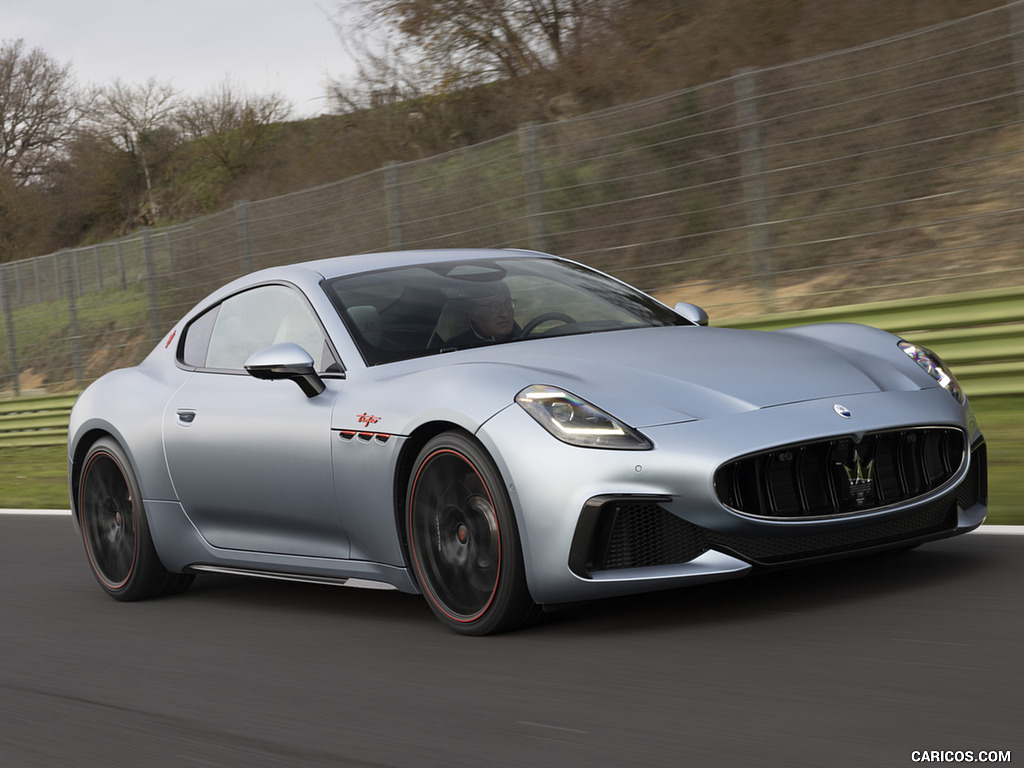 \n
\n
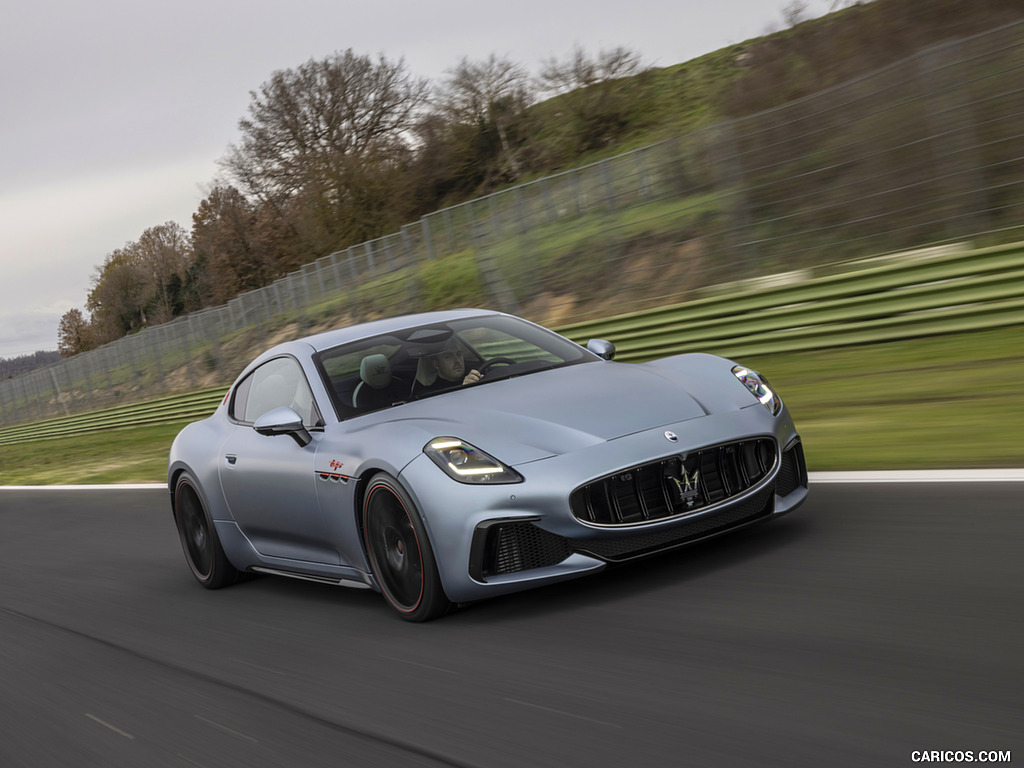 \n
\n
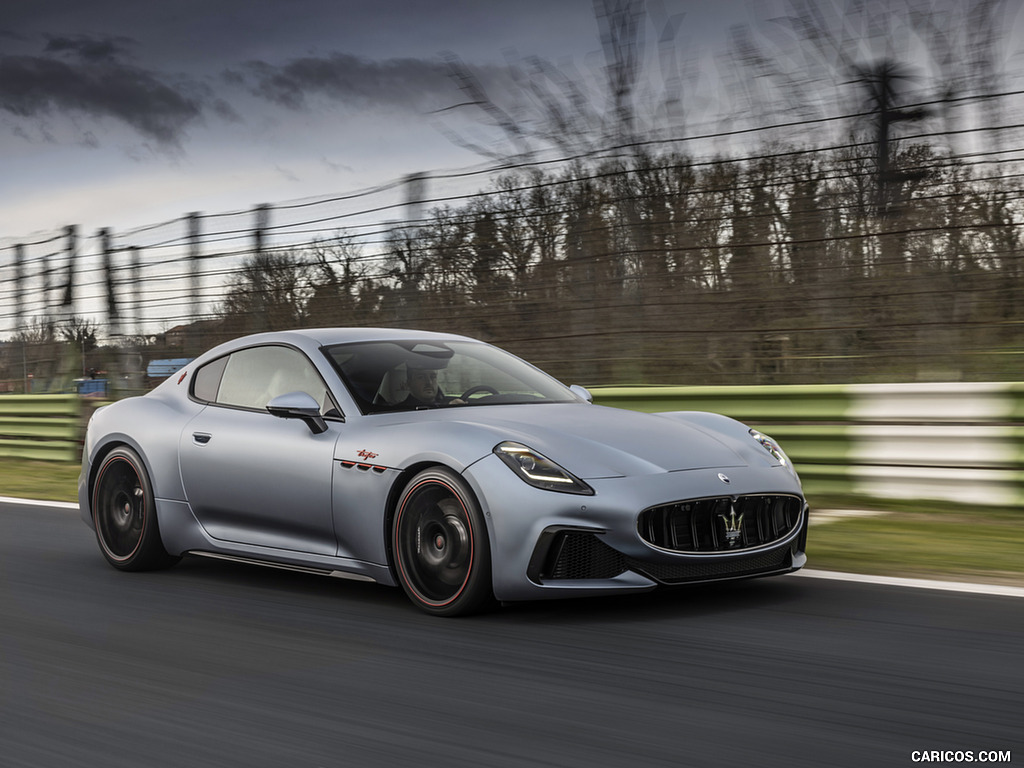 \n
\n
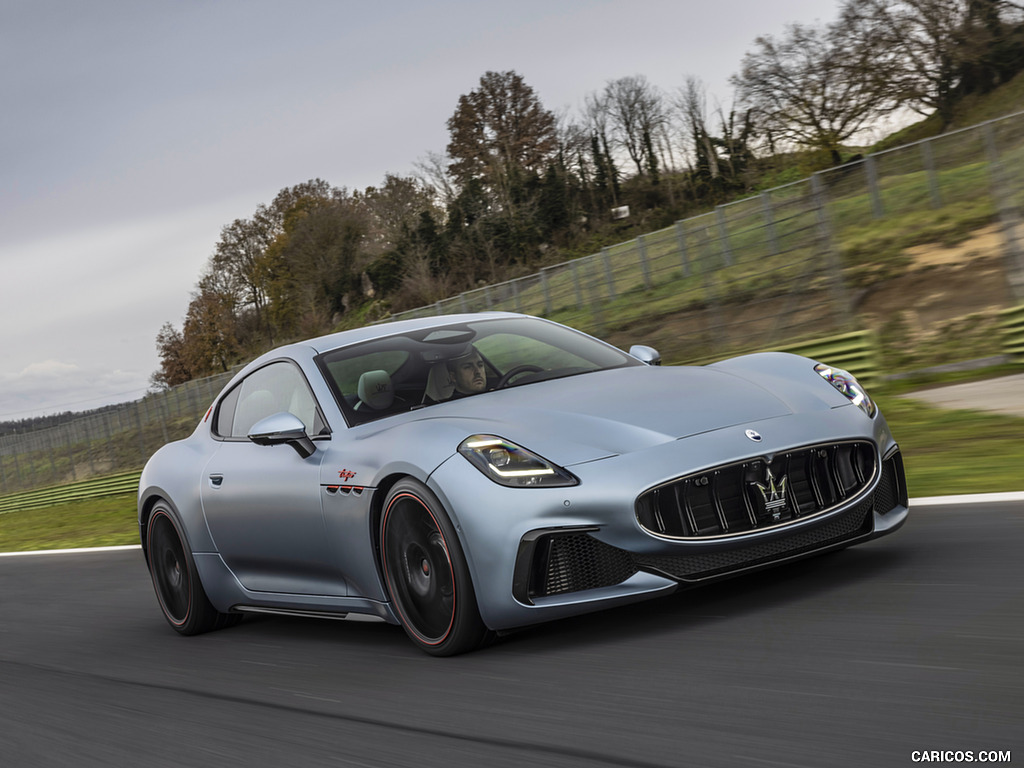 \n
\n
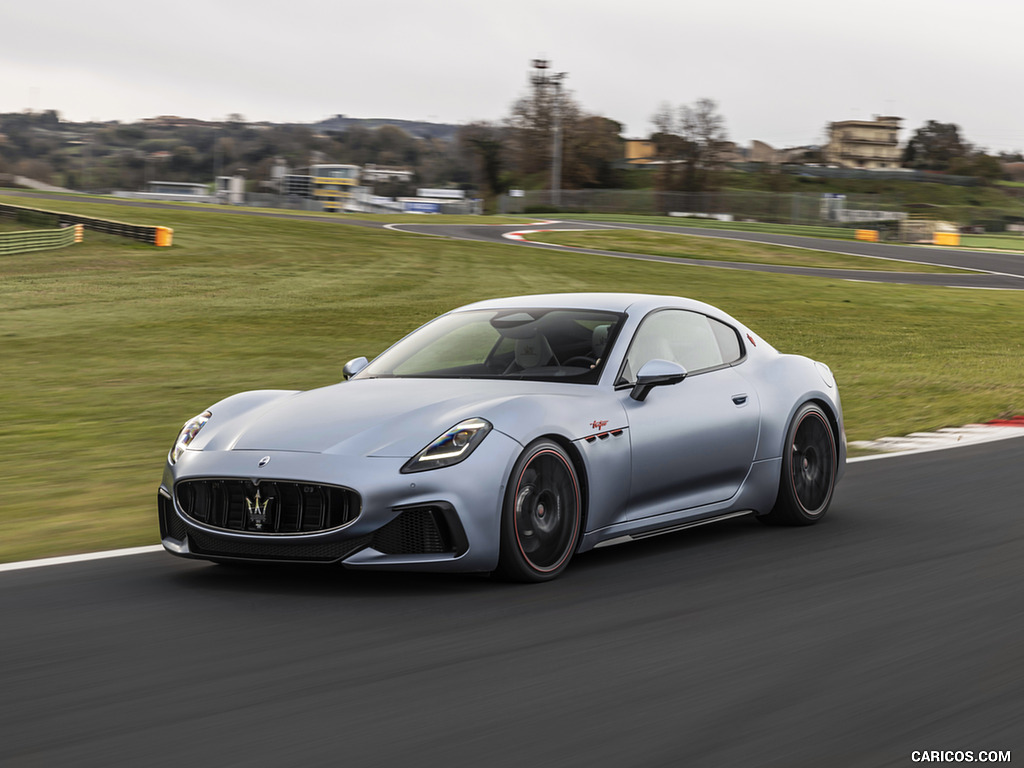 \n
\n
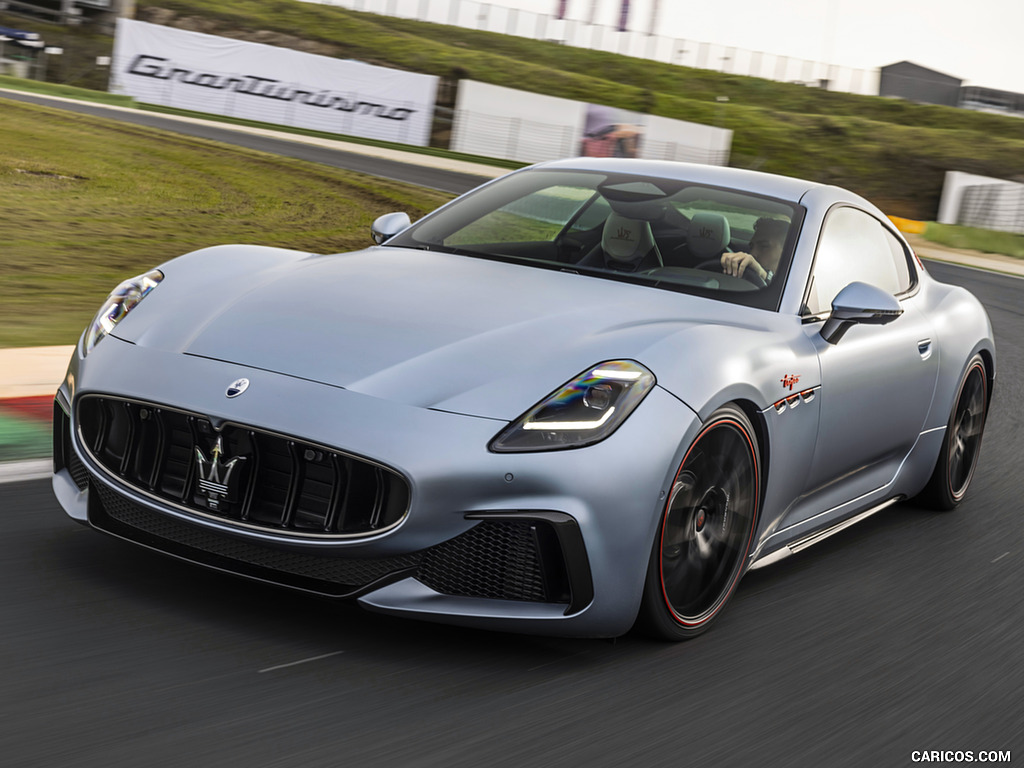 \n
\n
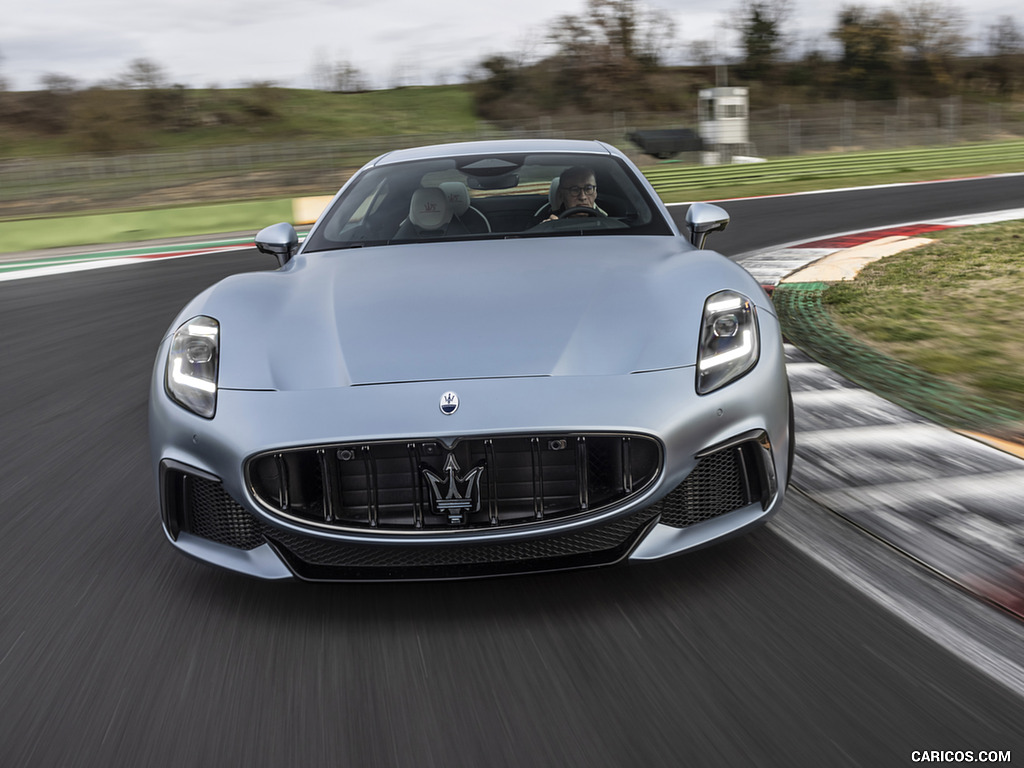 \n
\n
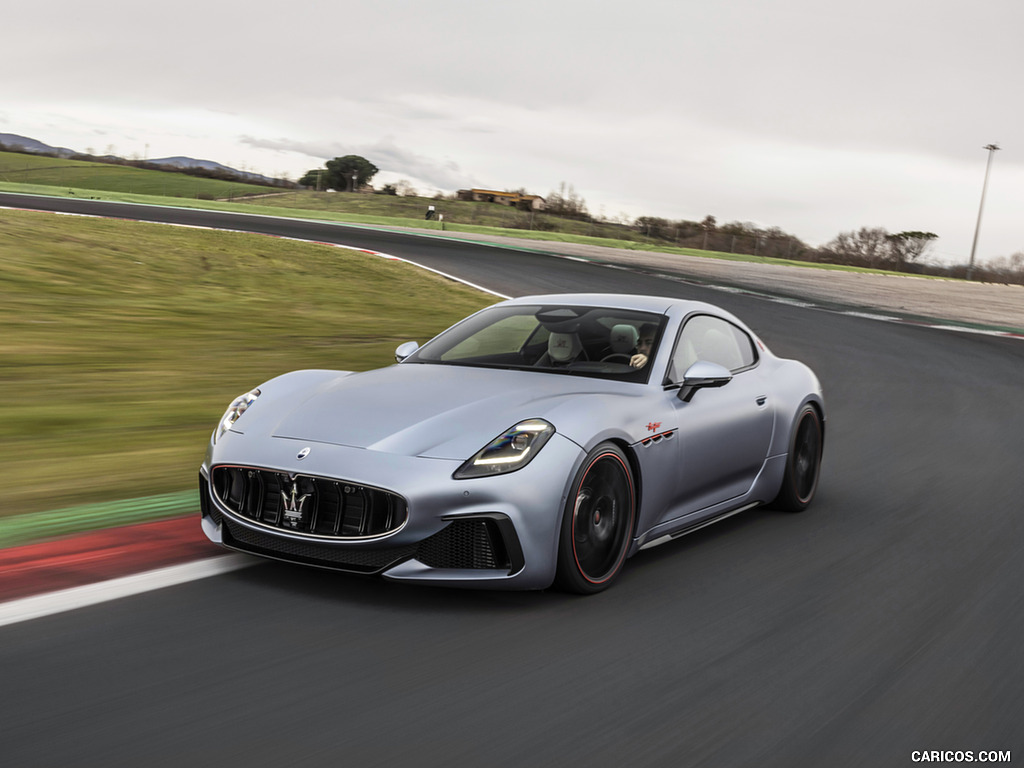 \n
\n
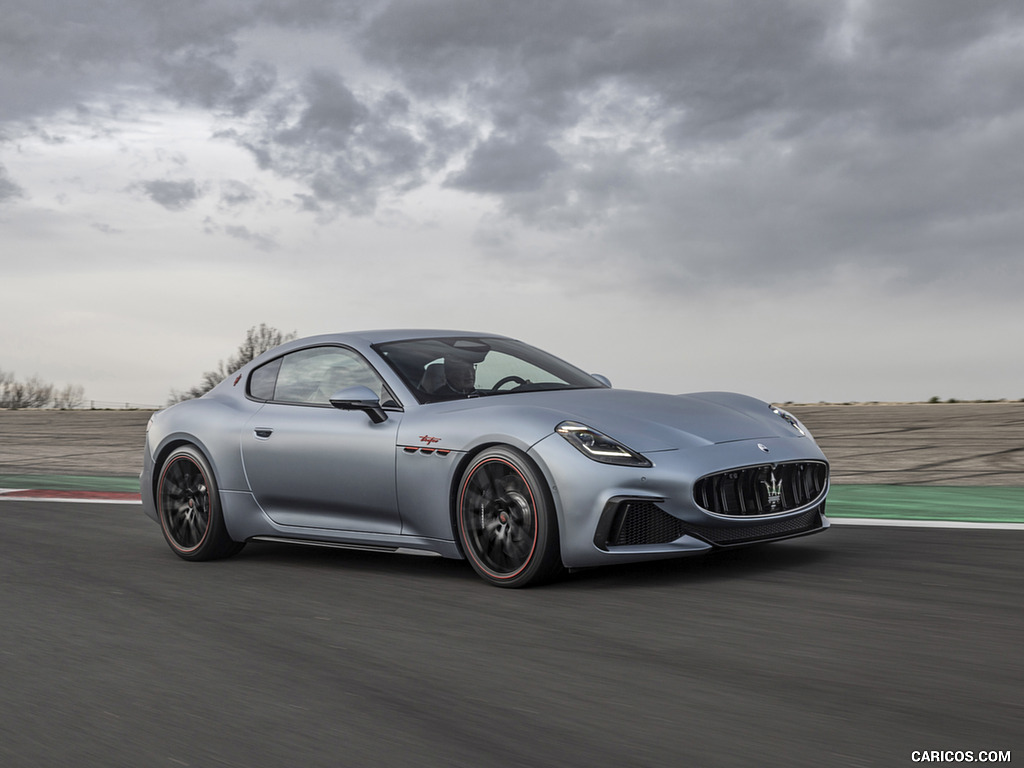 \n
\n
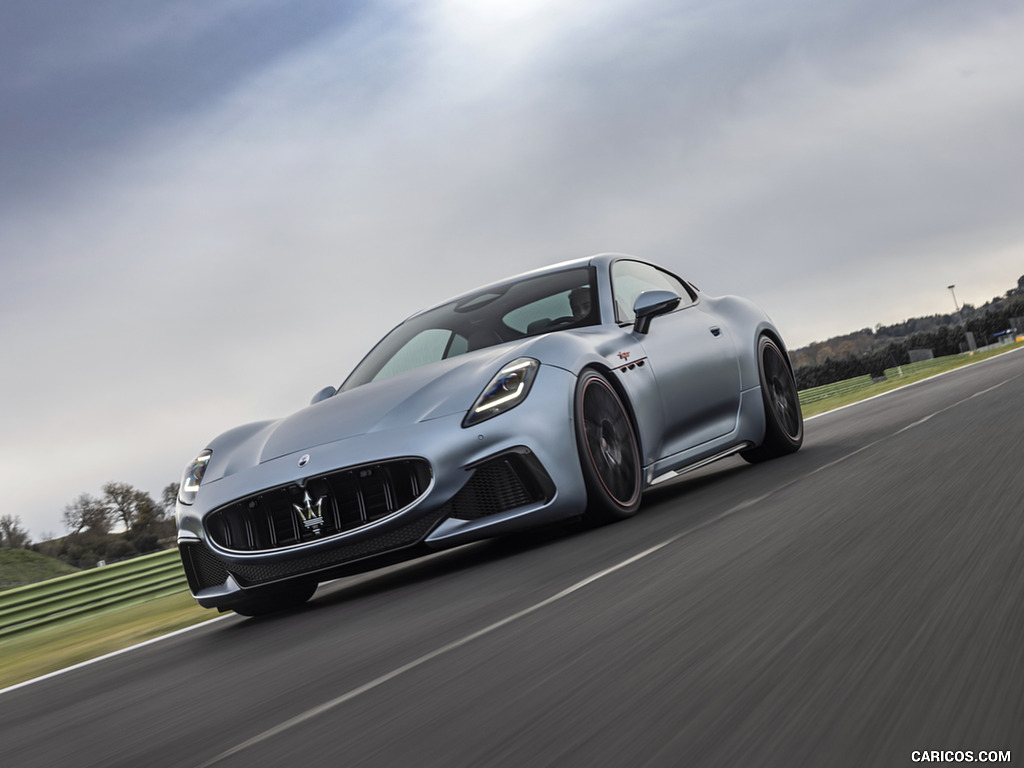 \n
\n
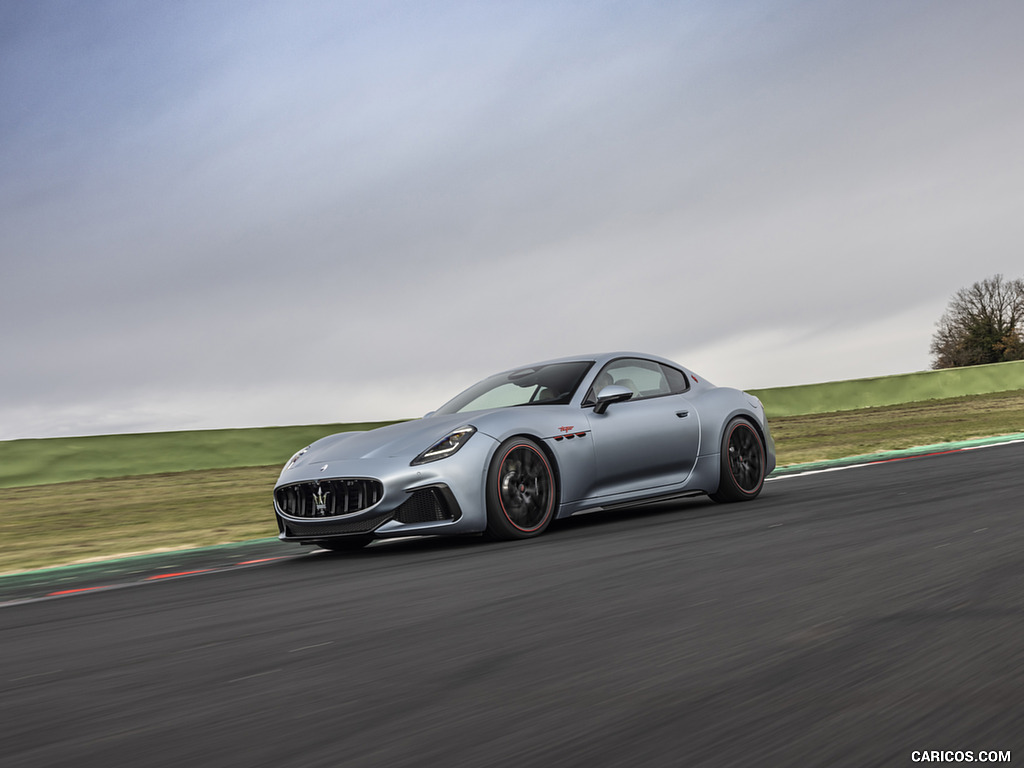 \n
\n
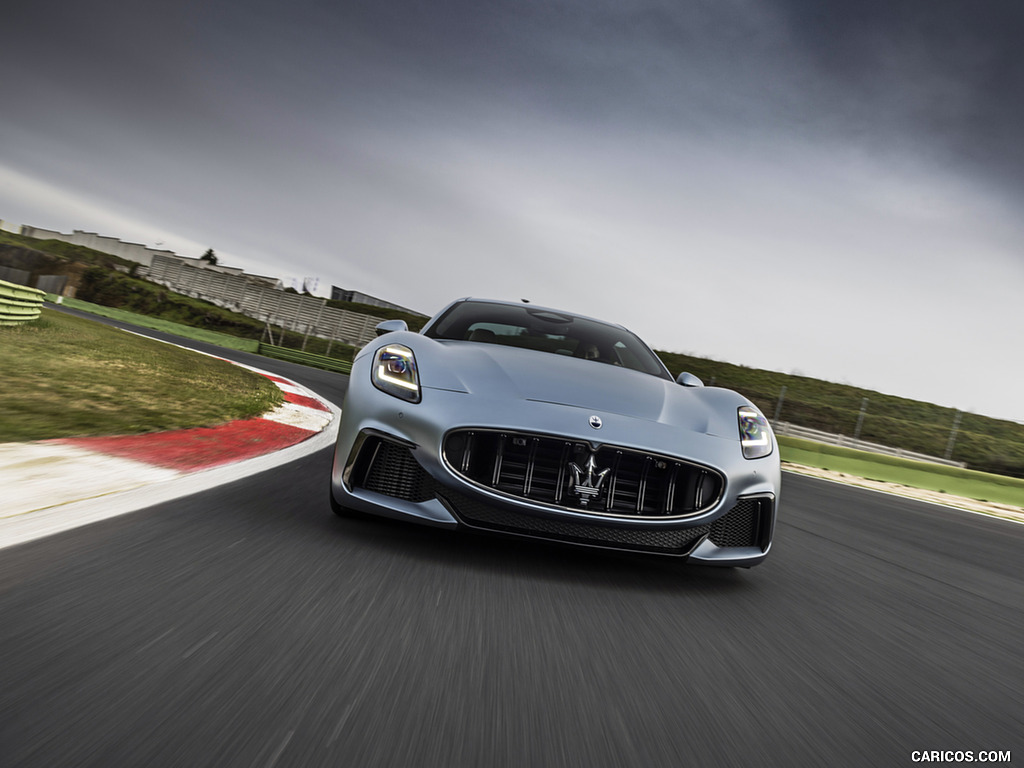 \n
\n
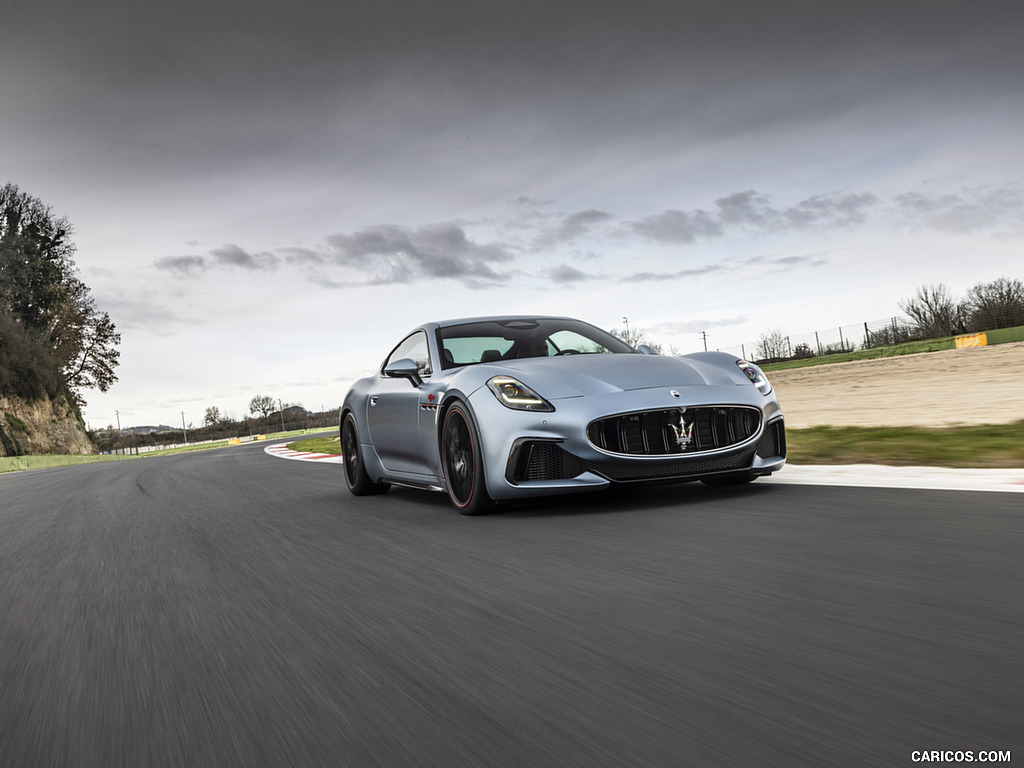 \n
\n
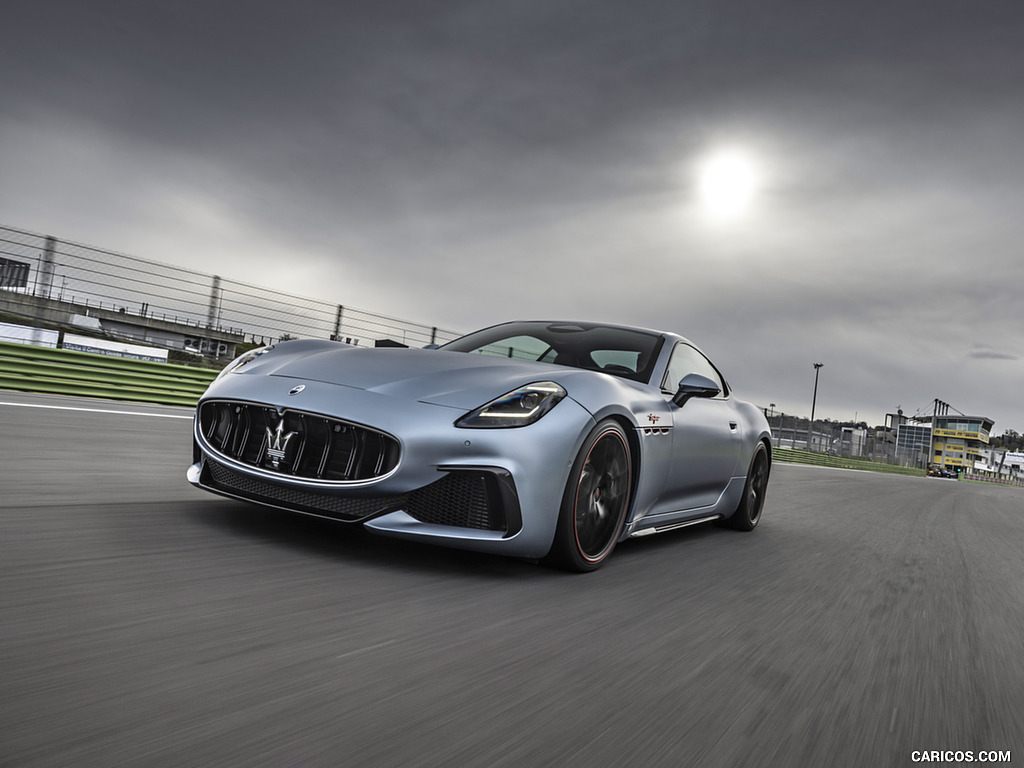 \n
\n
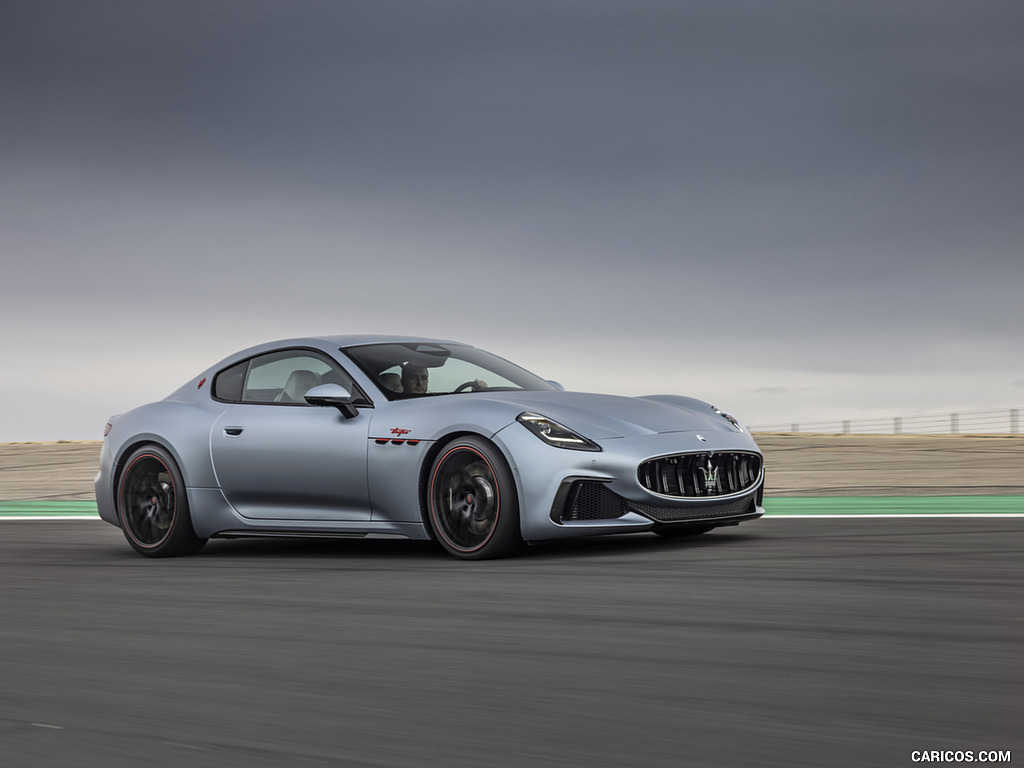 \n
\n
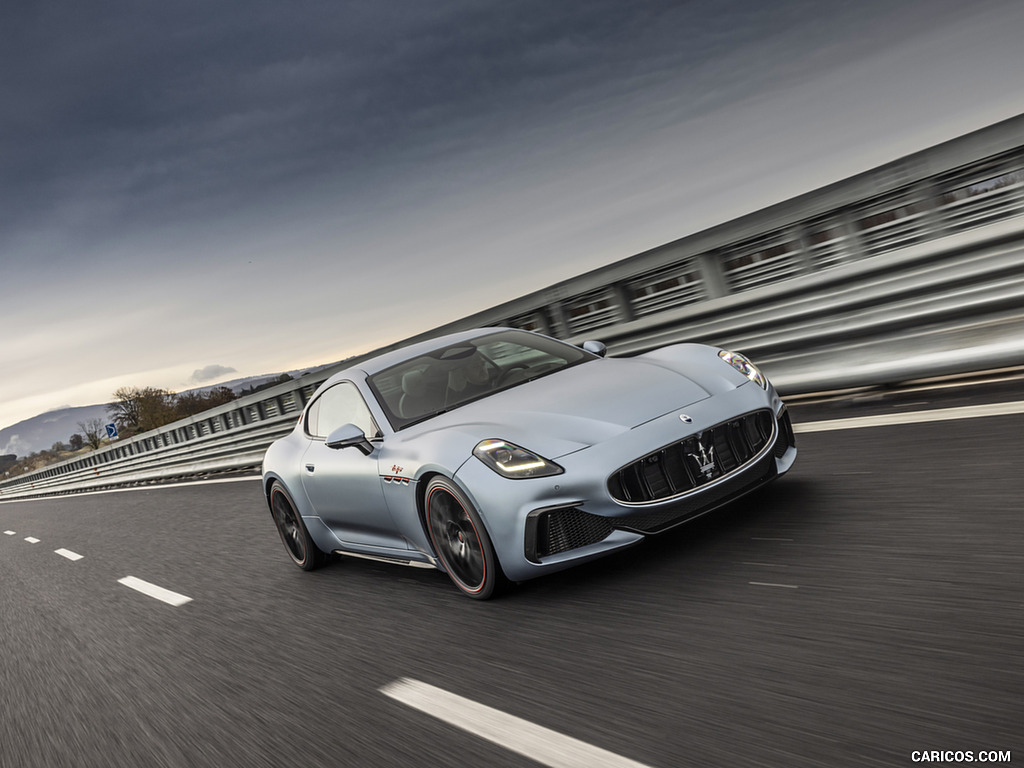 \n
\n
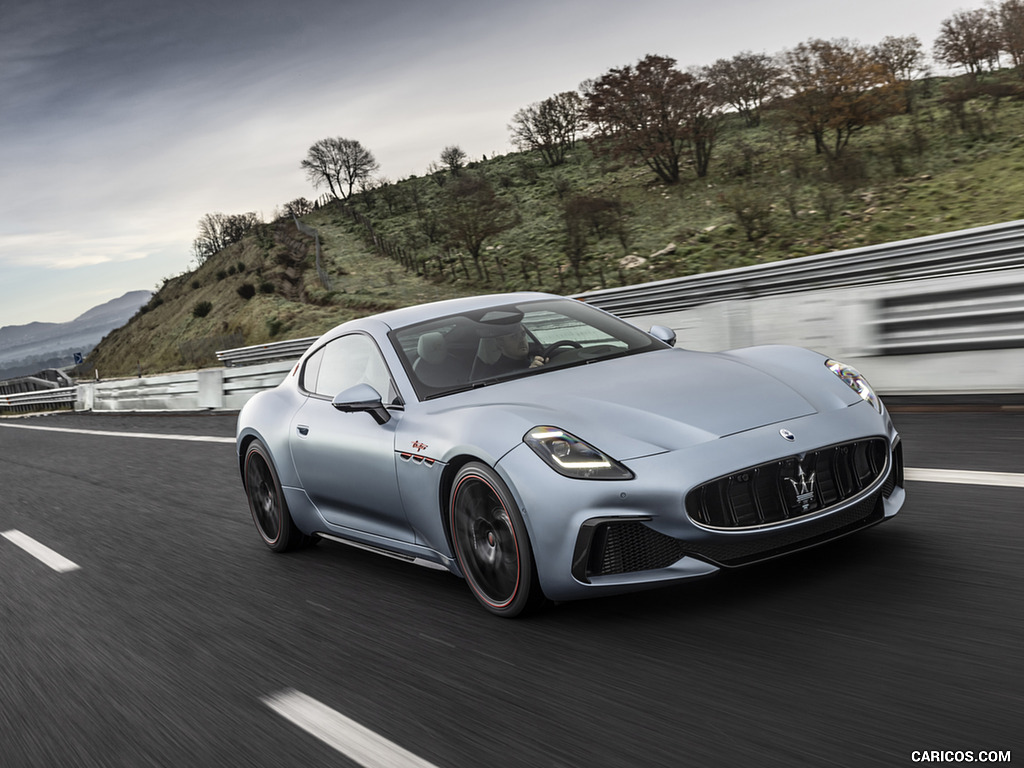 \n
\n
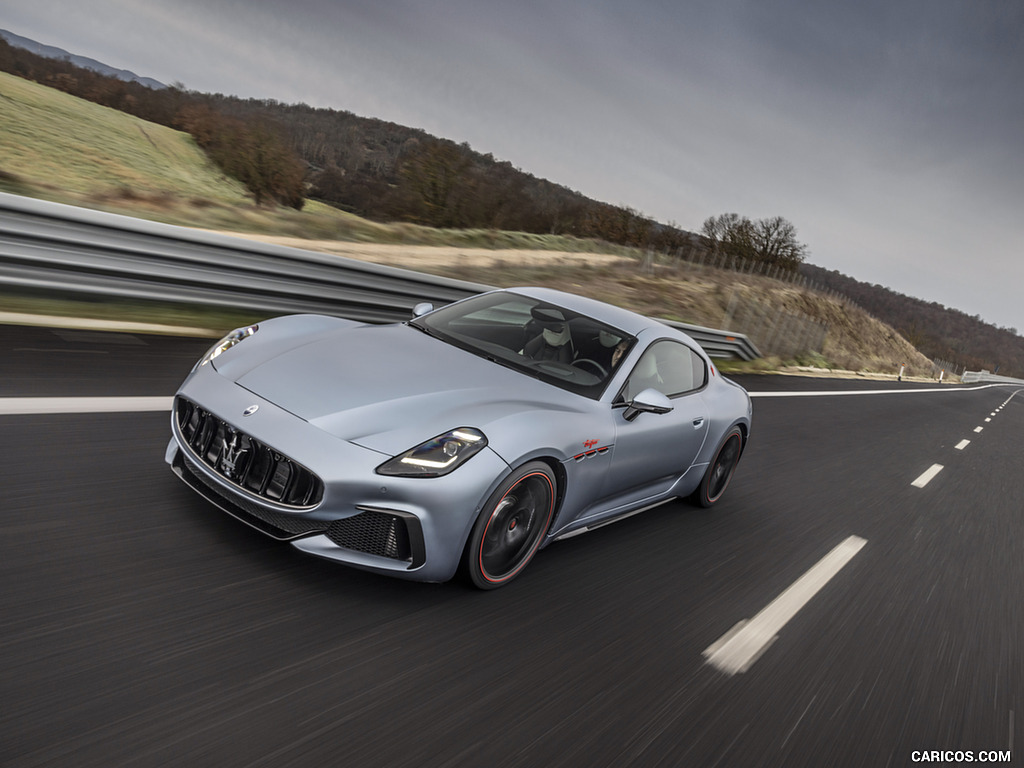 \n
\n
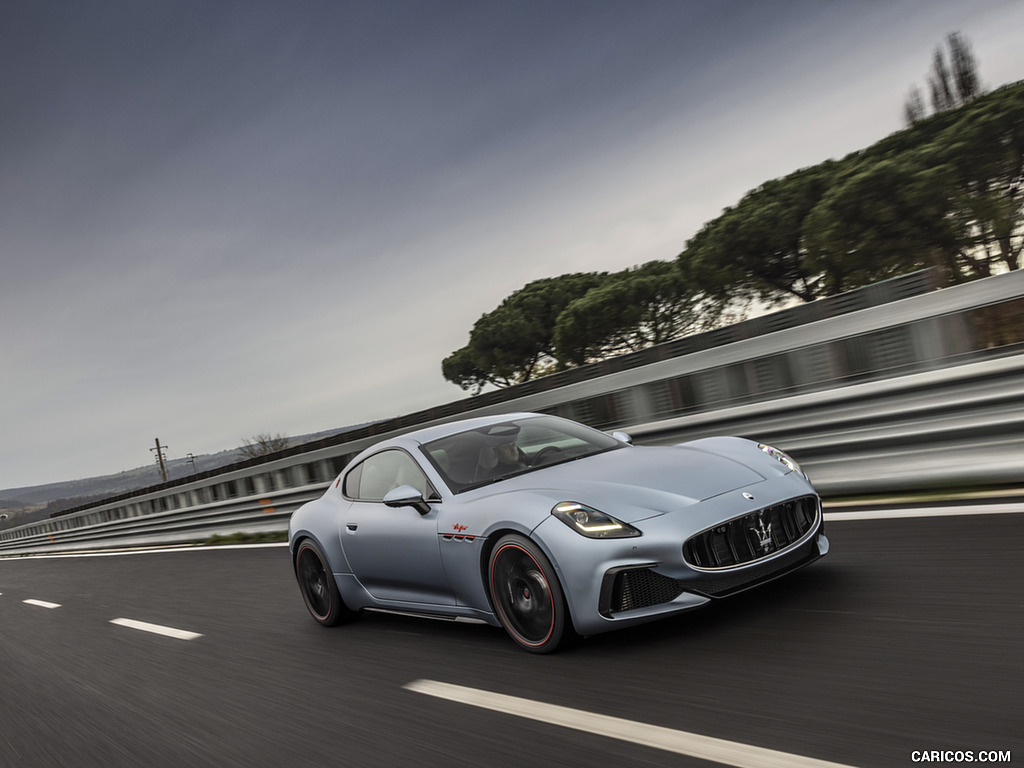 \n
\n
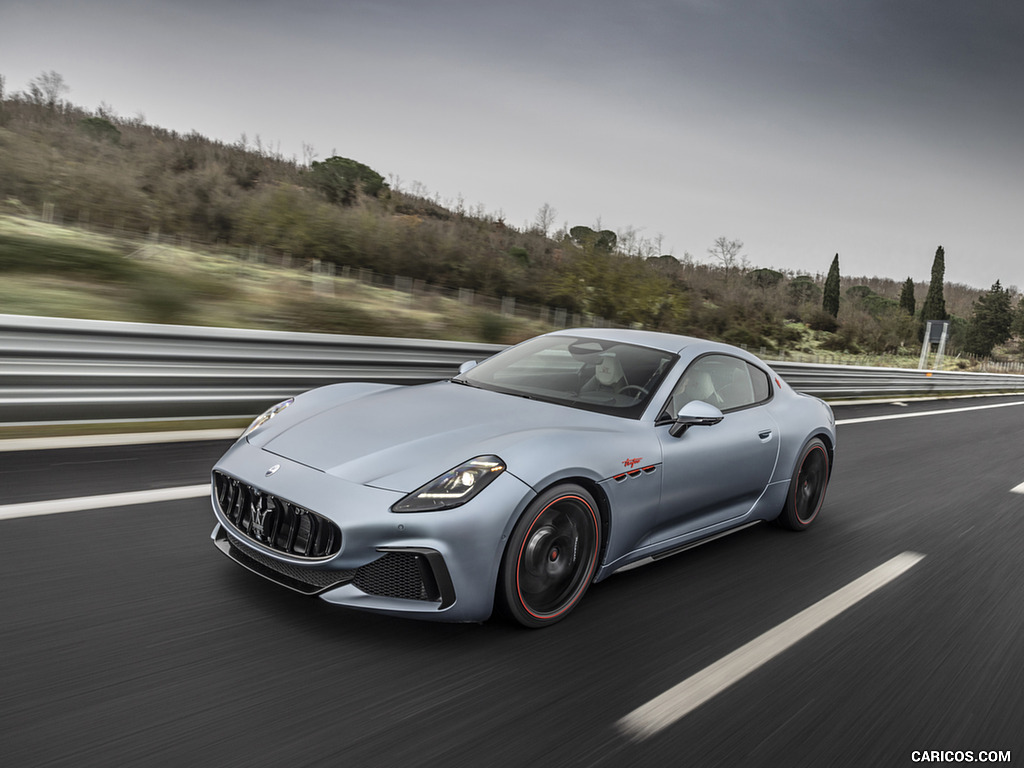 \n
\n
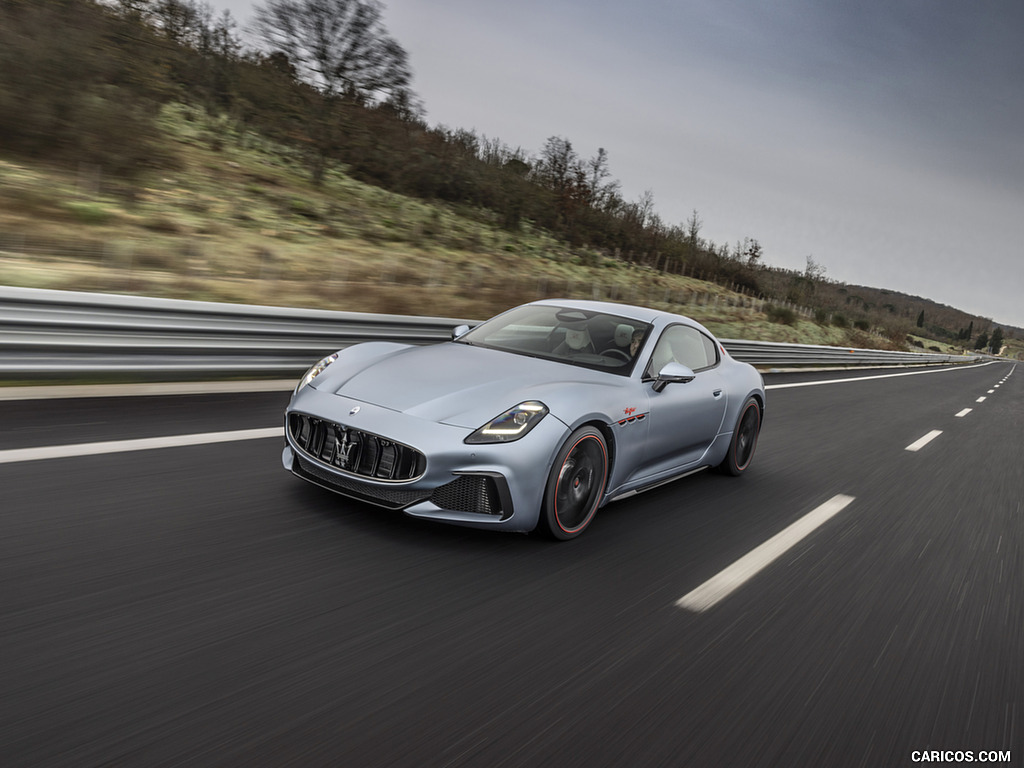 \n
\n
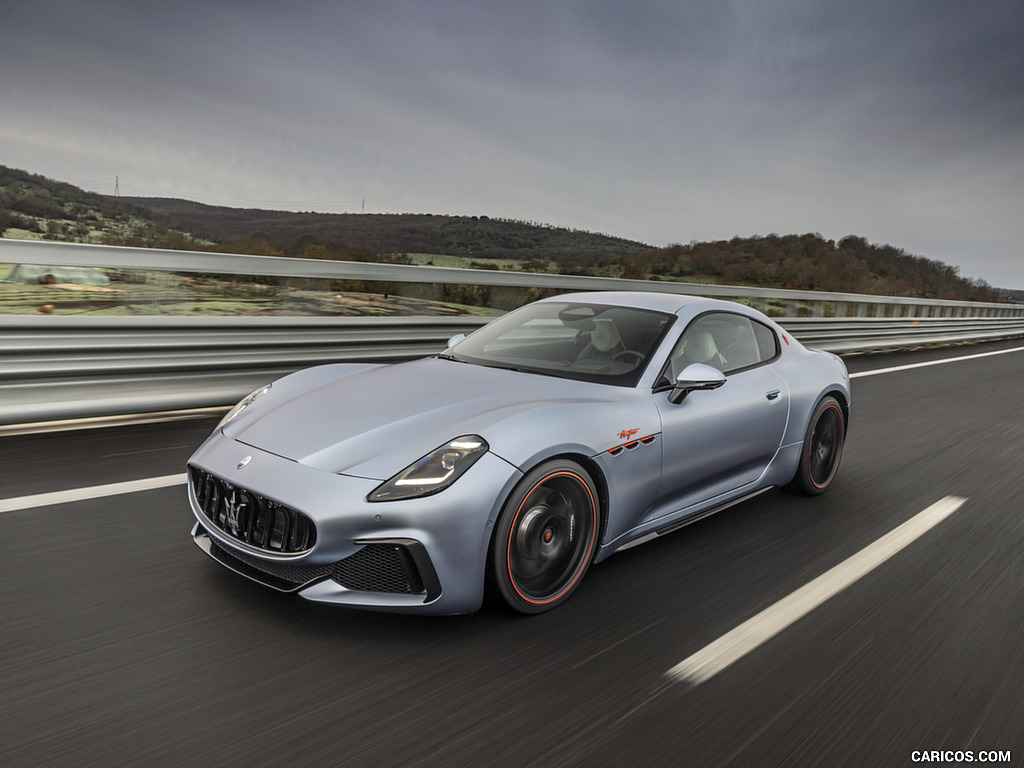 \n
\n
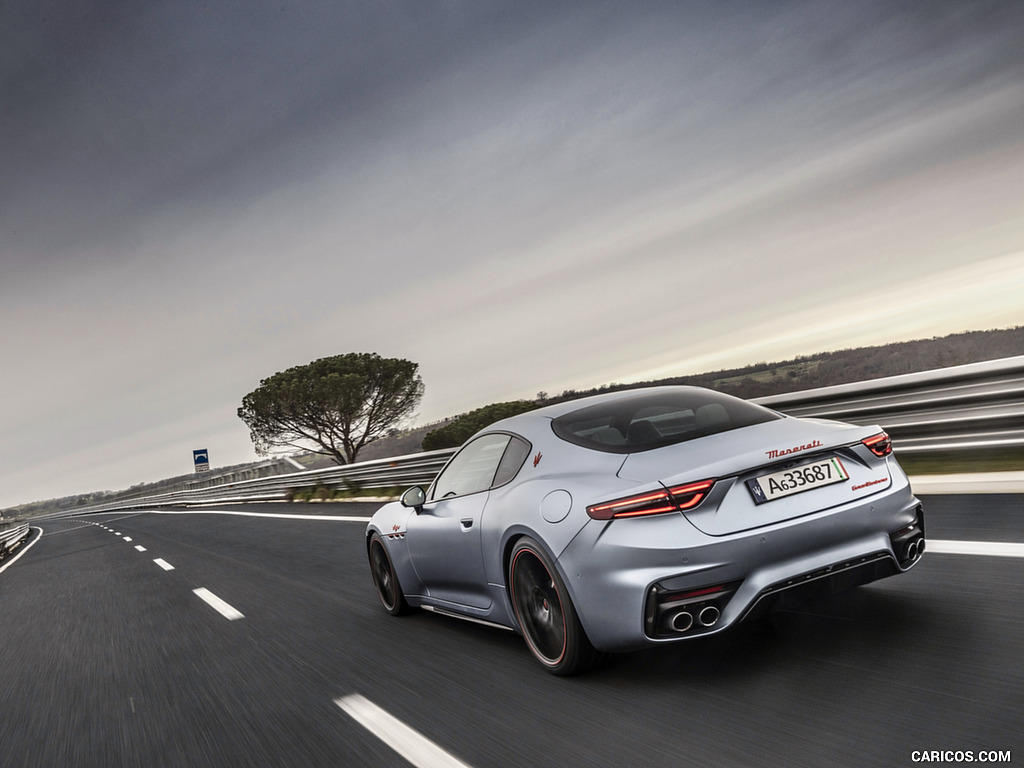 \n
\n
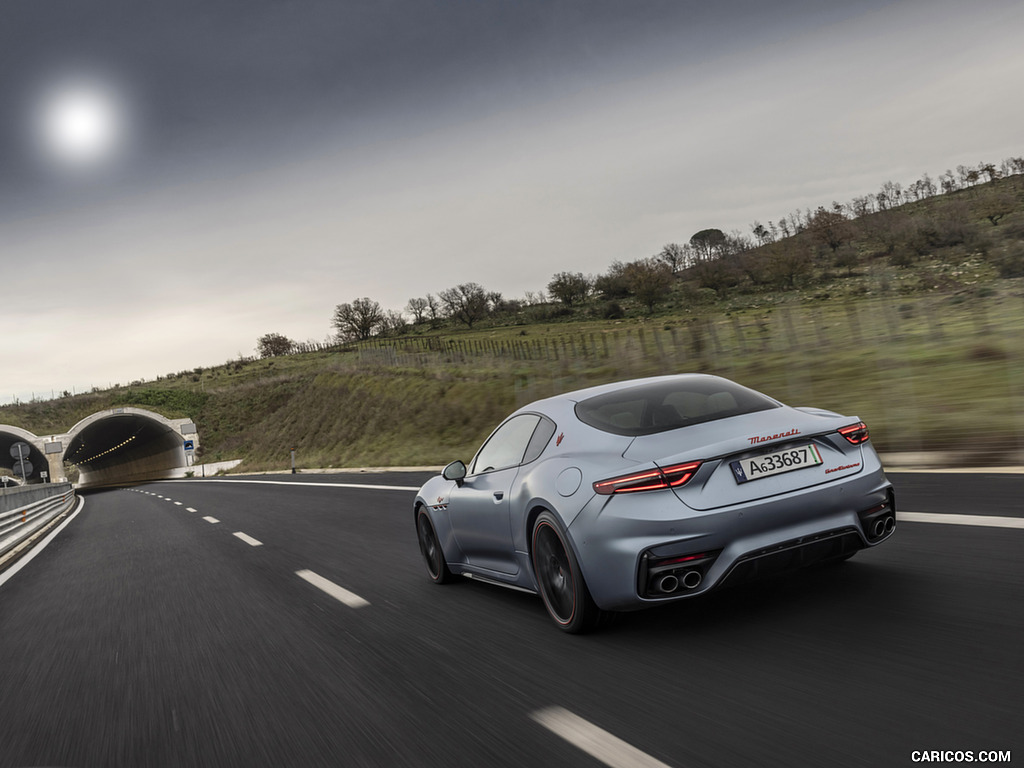 \n
\n
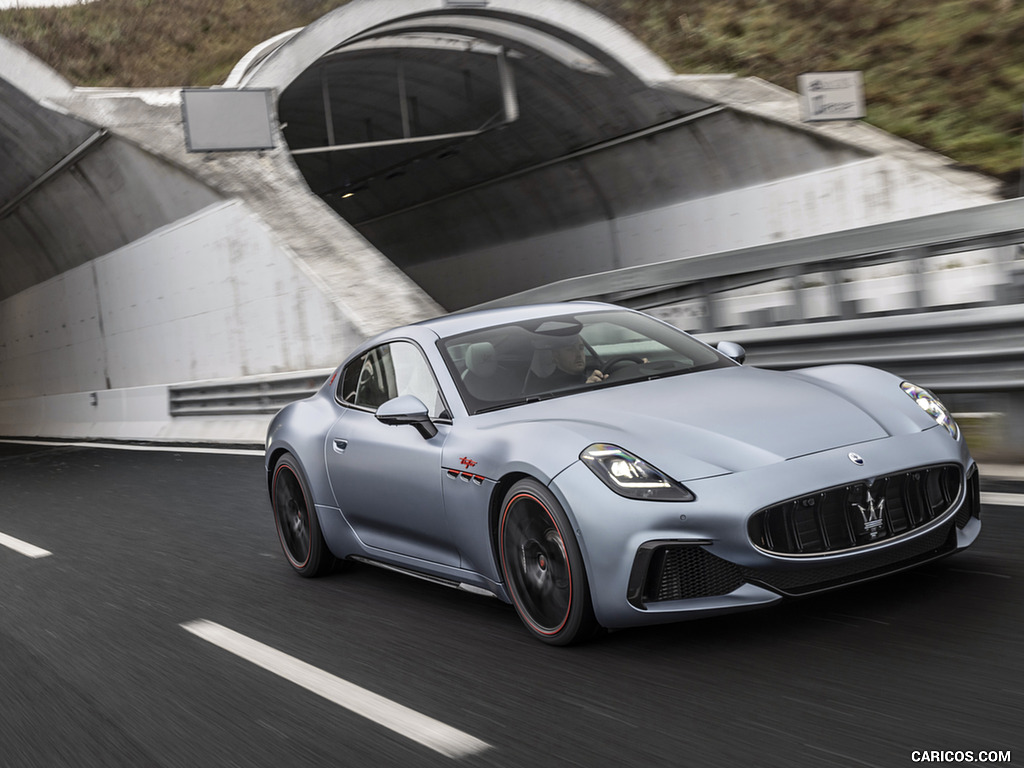 \n
\n
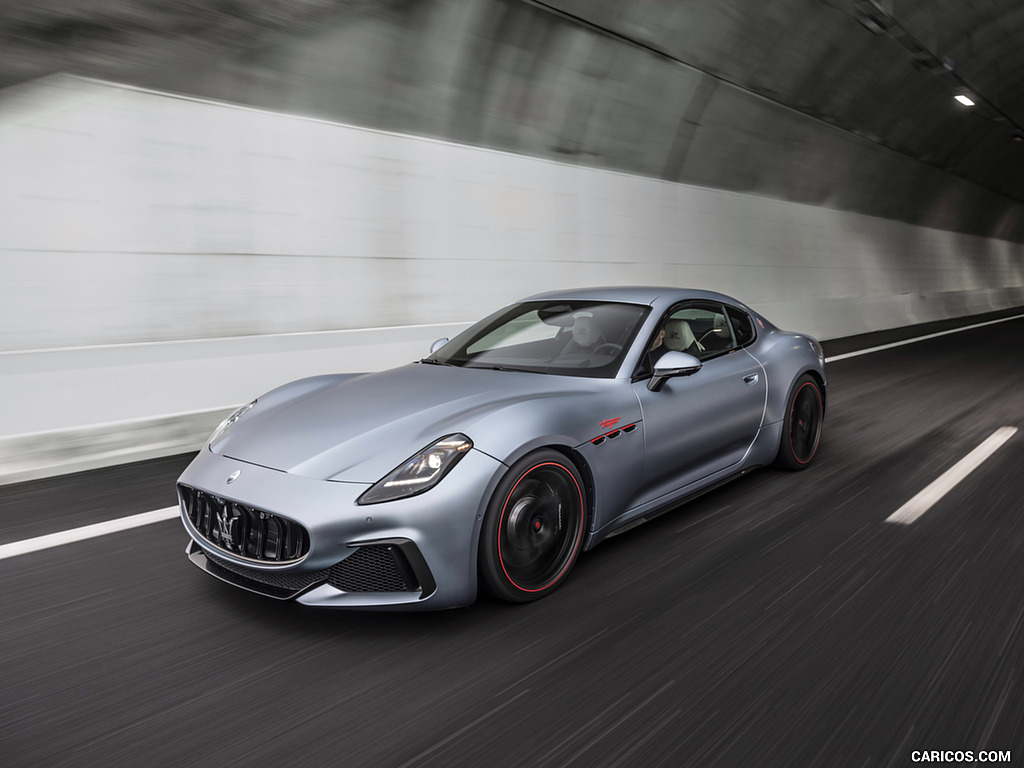 \n
\n
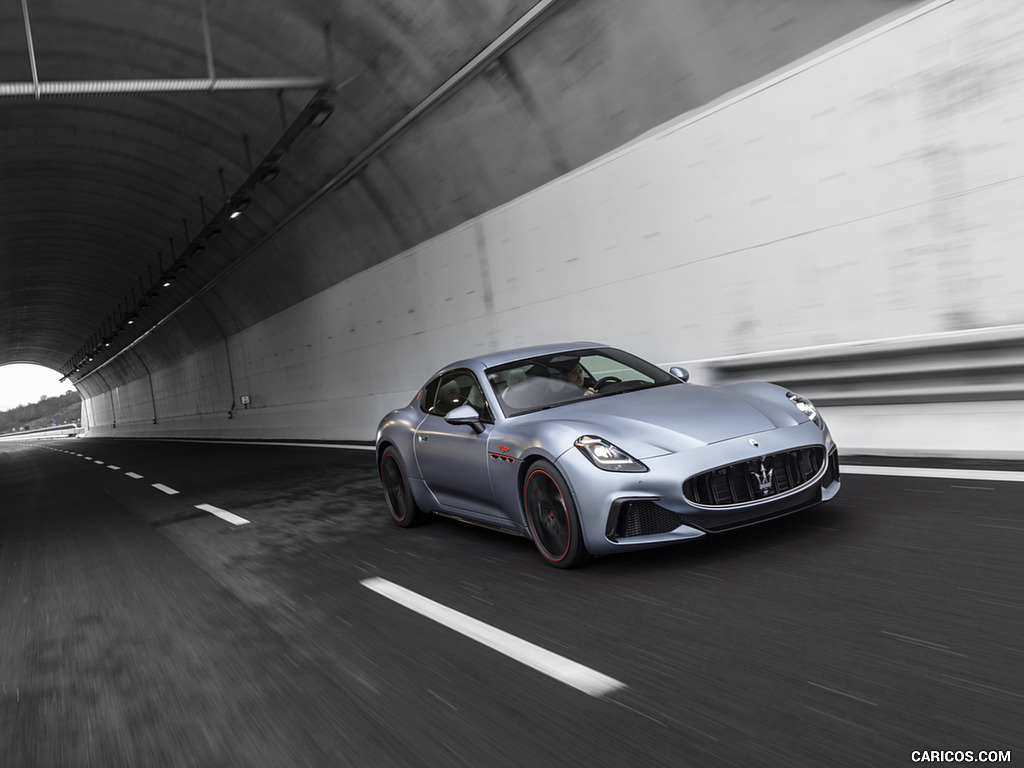 \n
\n
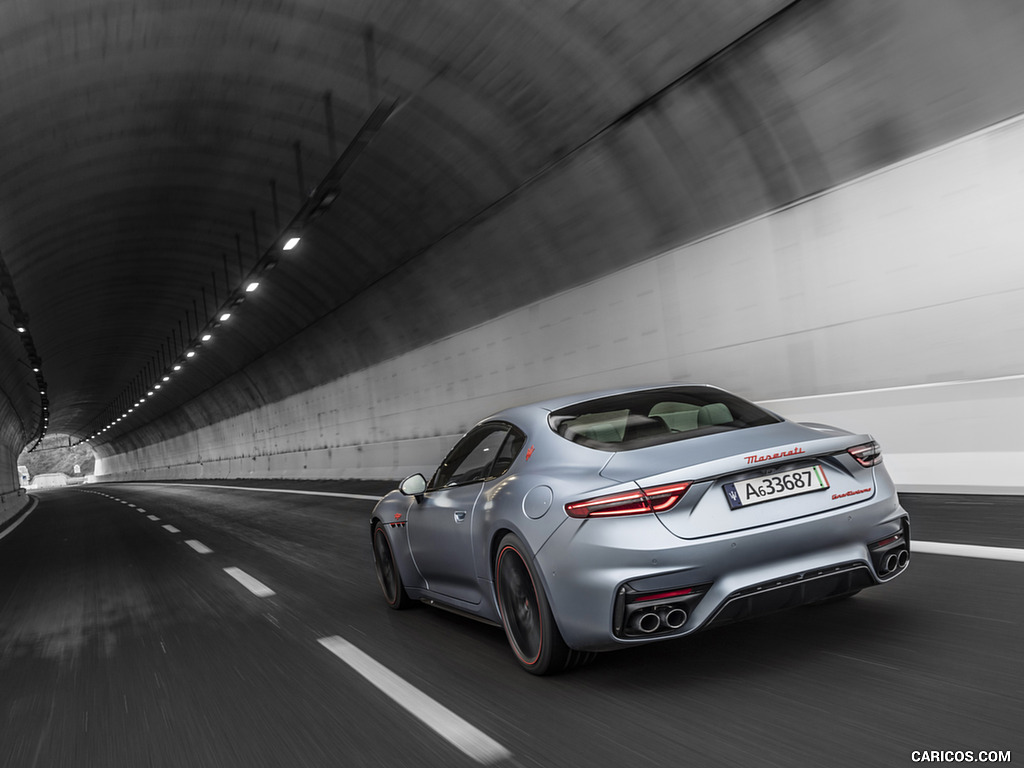 \n
\n
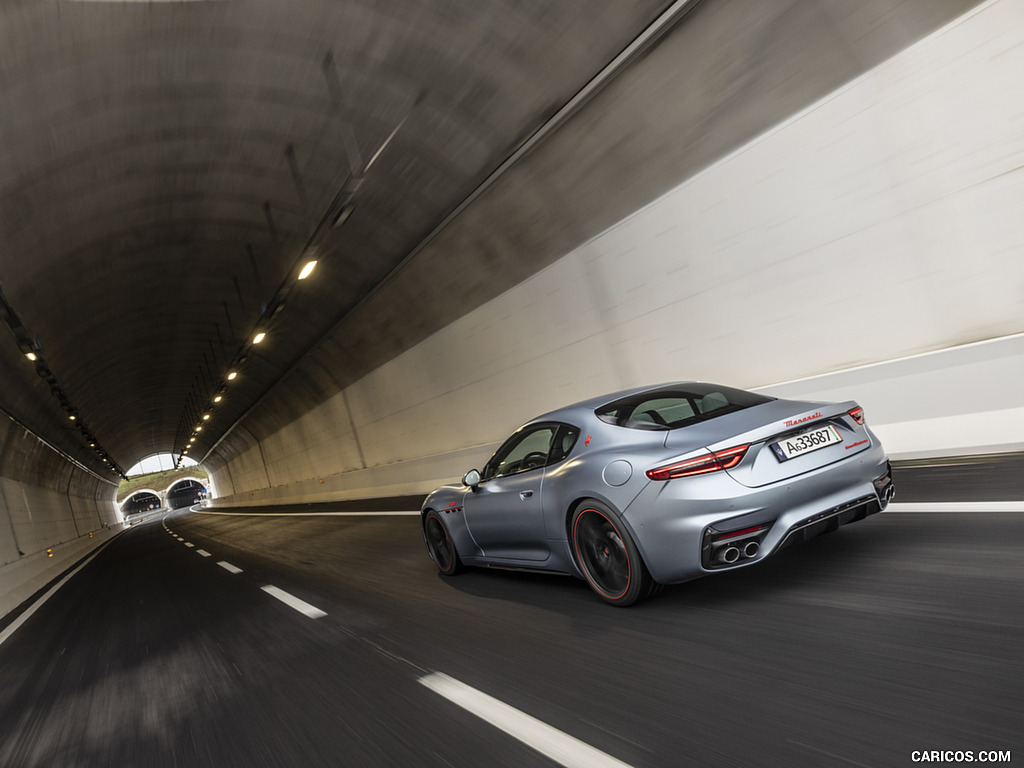 \n
\n
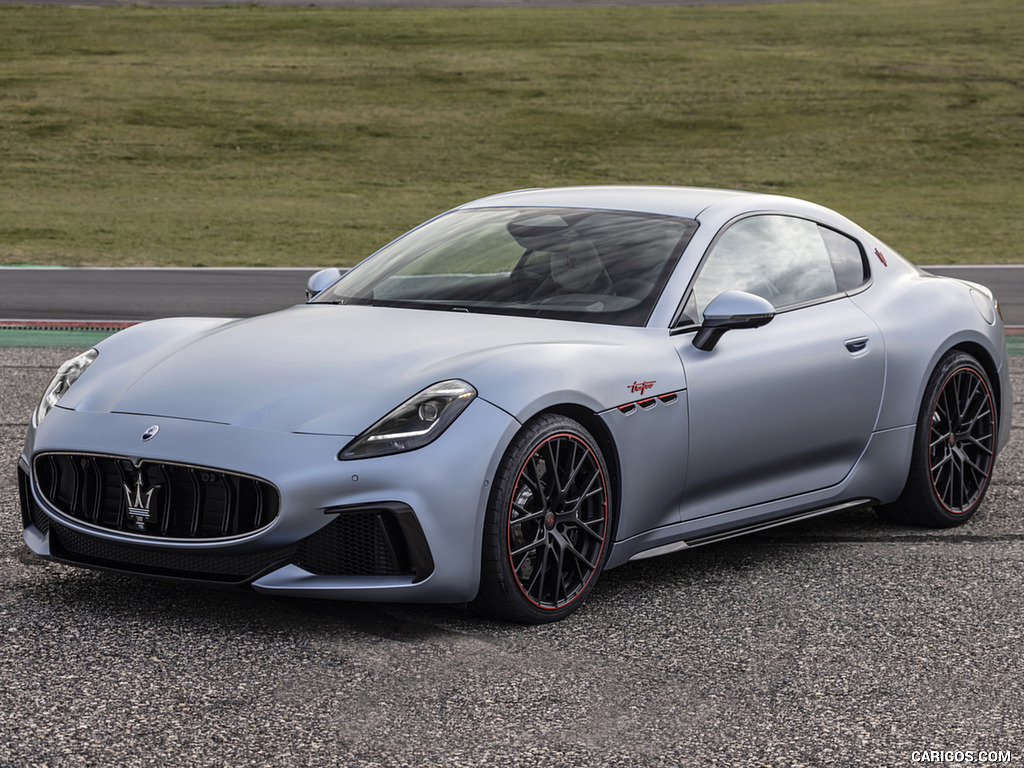 \n
\n
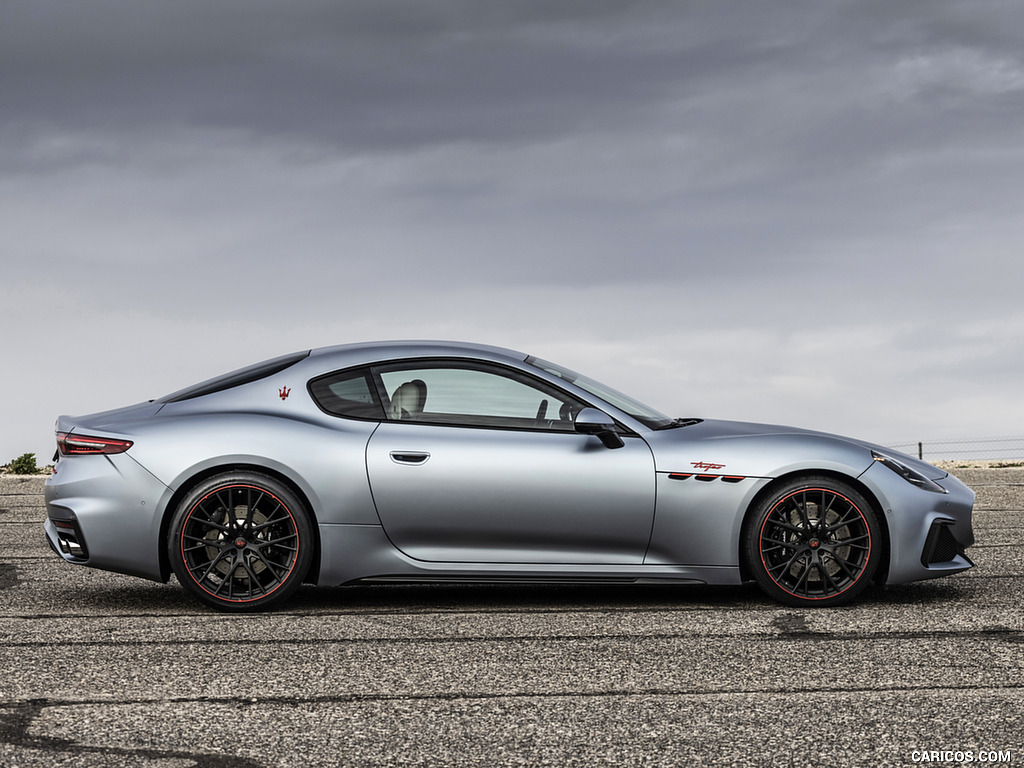 \n
\n
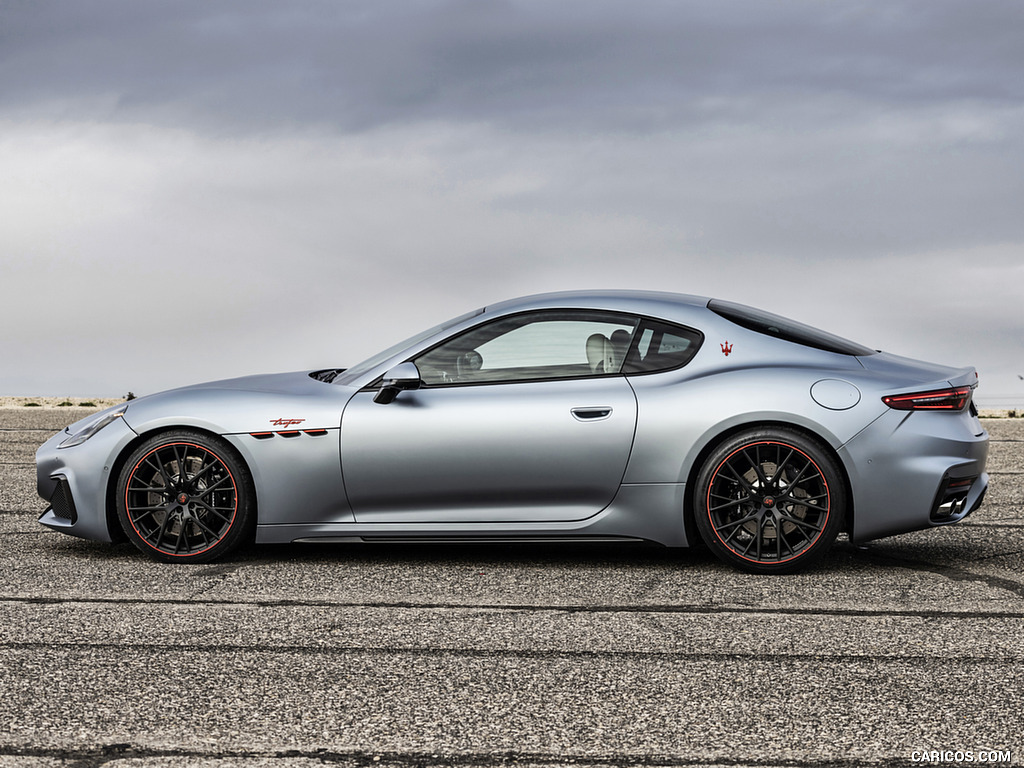 \n
\n
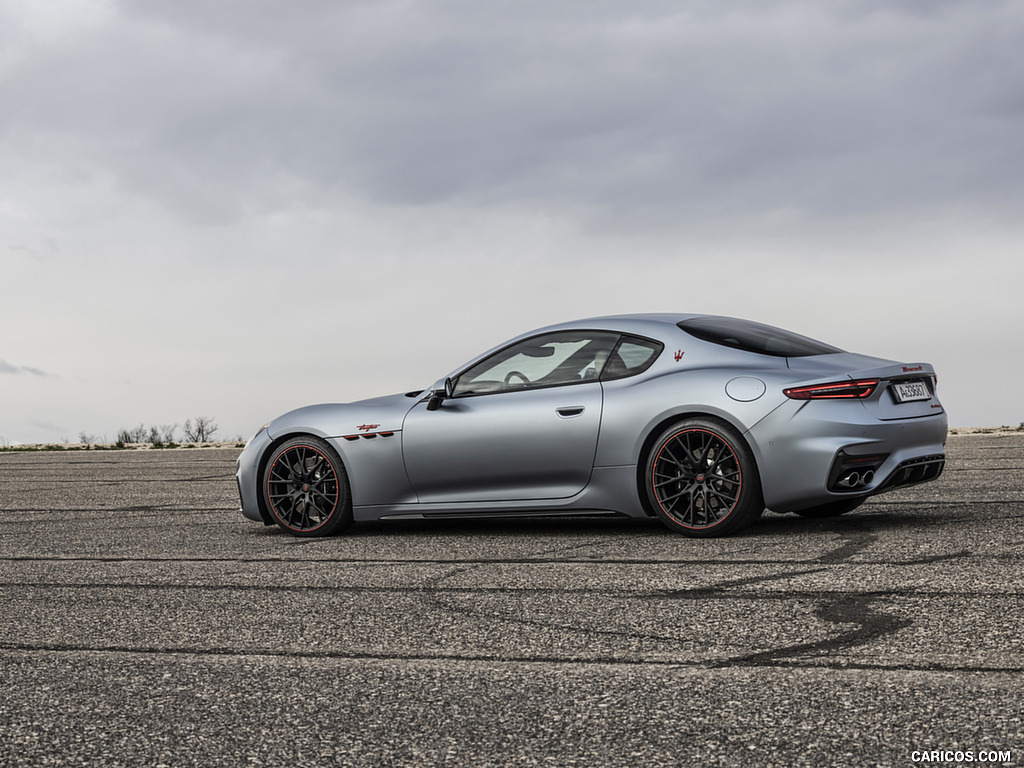 \n
\n
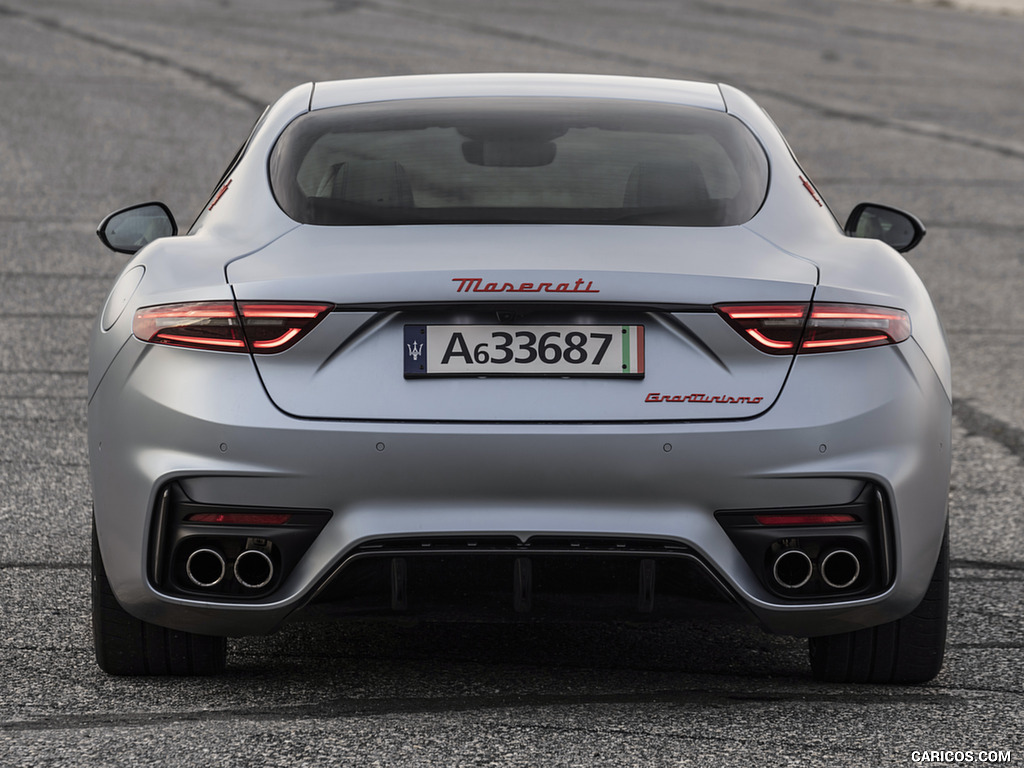 \n
\n
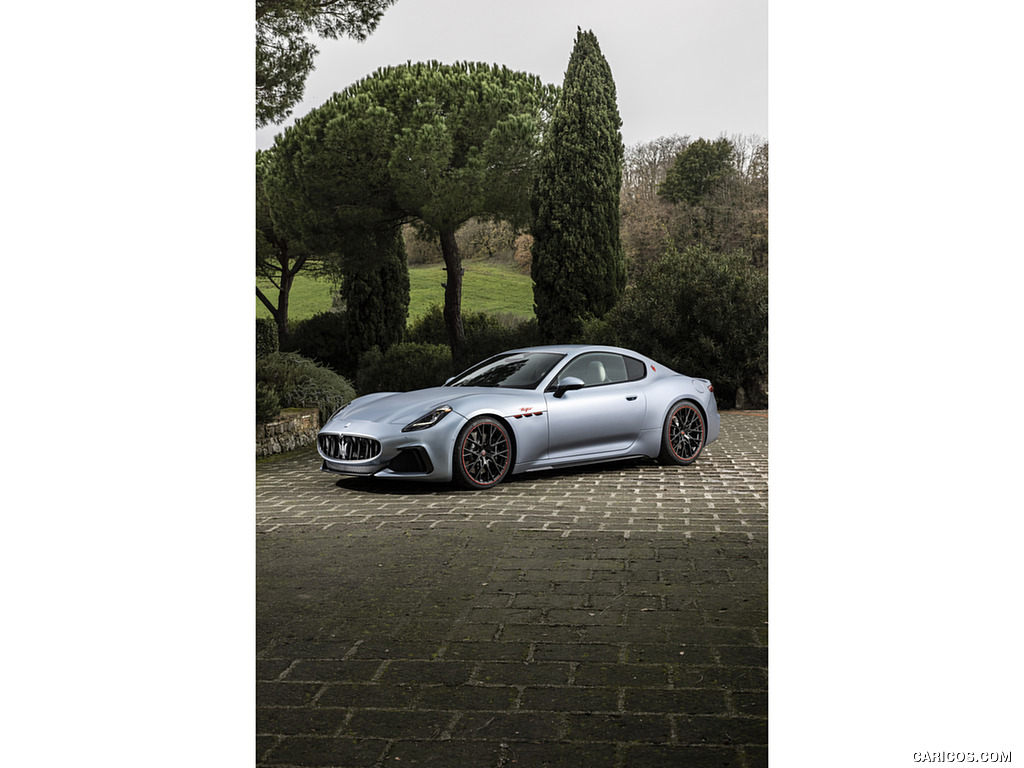 \n
\n
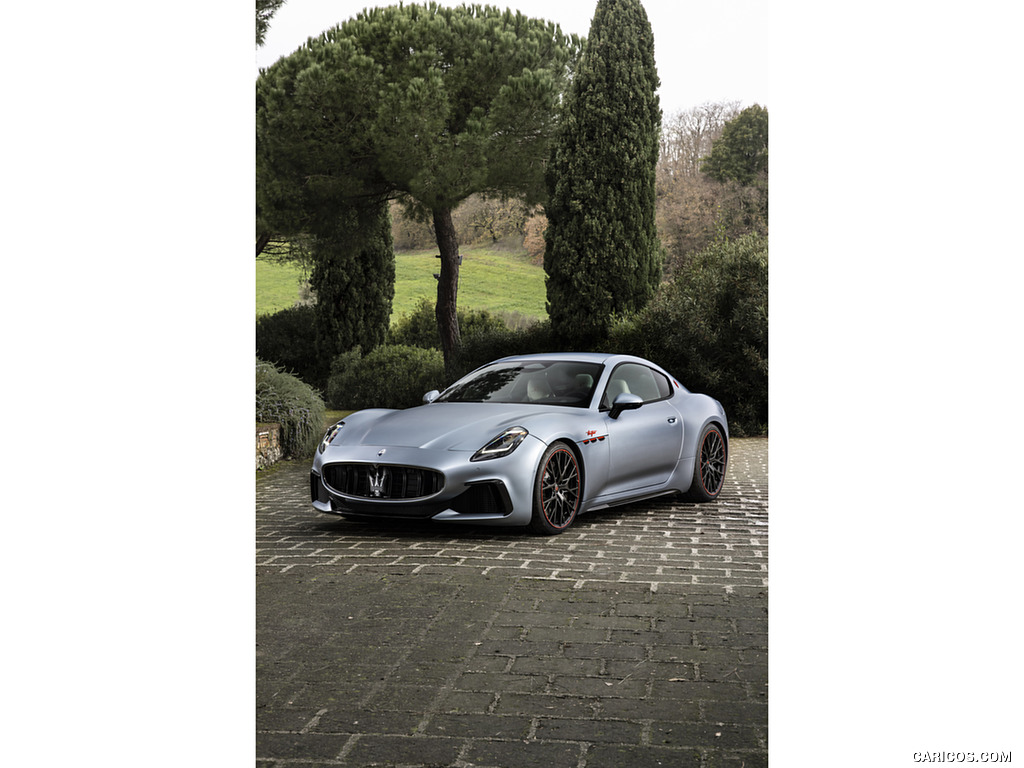 \n
\n
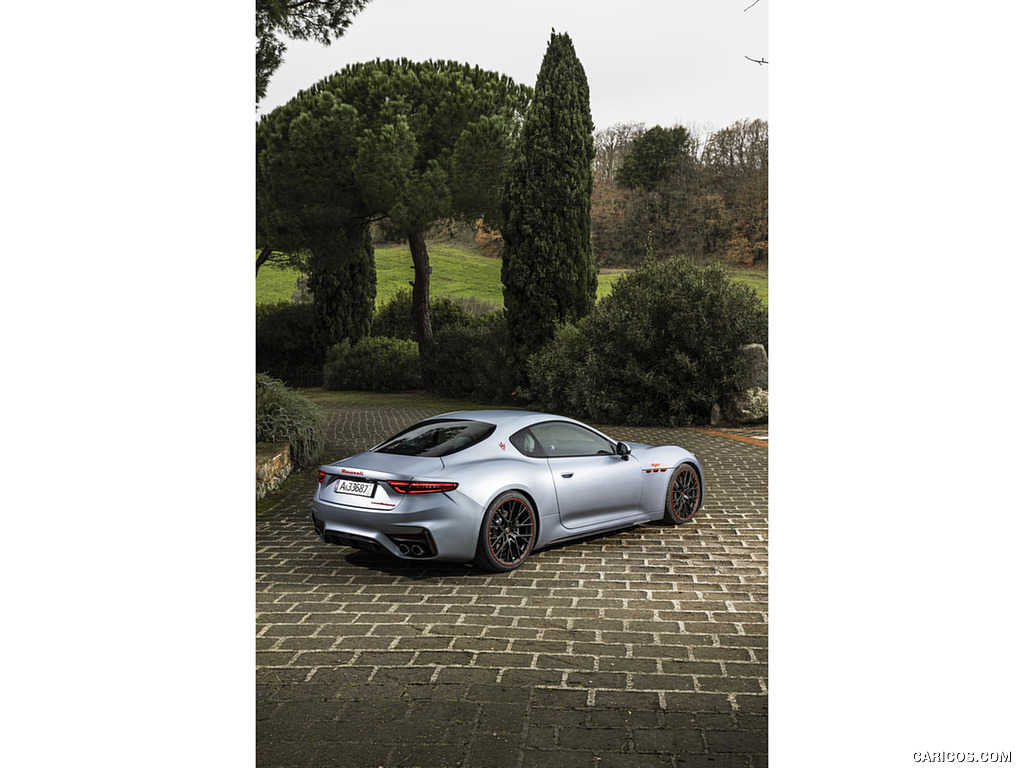 \n
\n
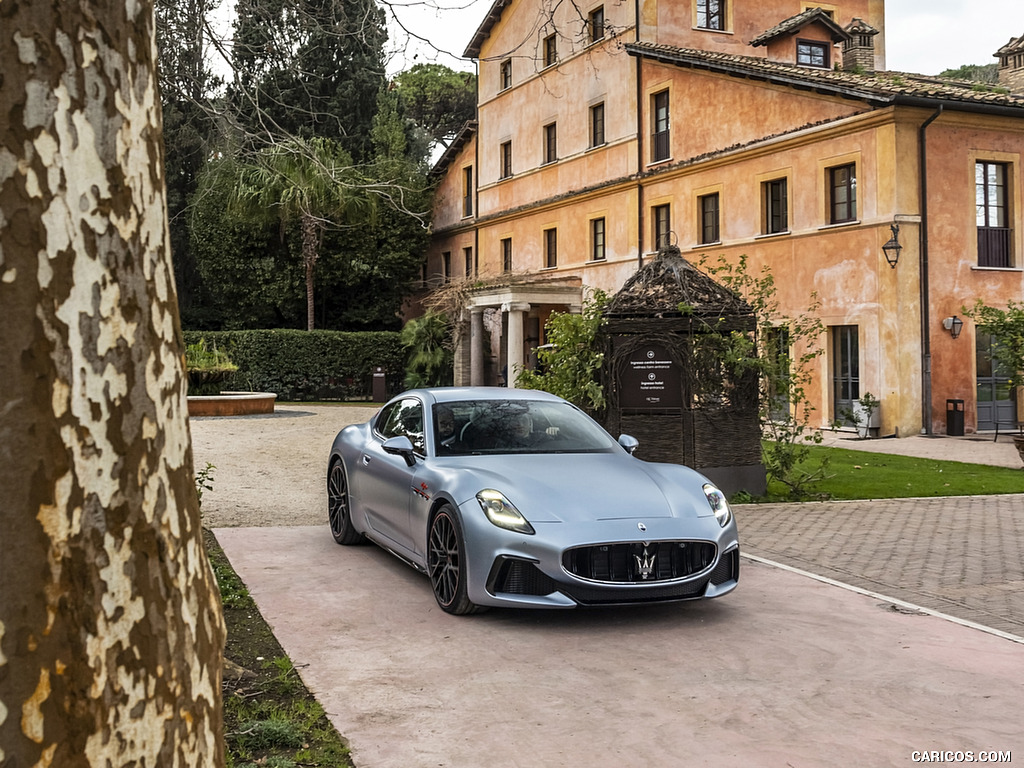 \n
\n
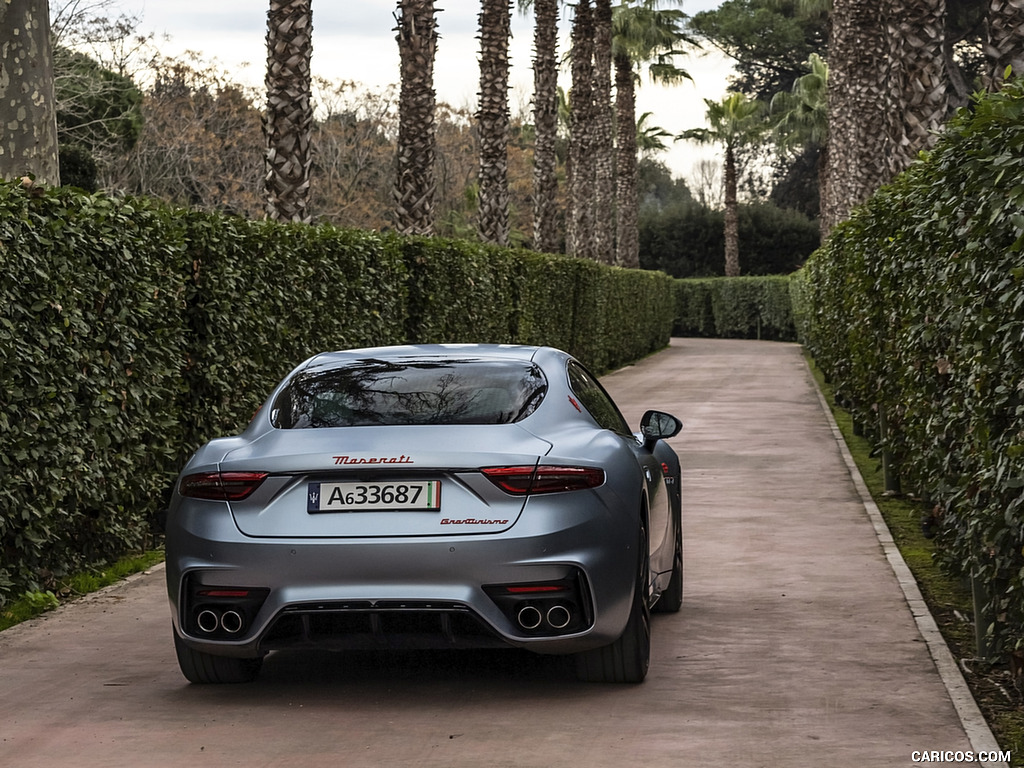 \n
\n
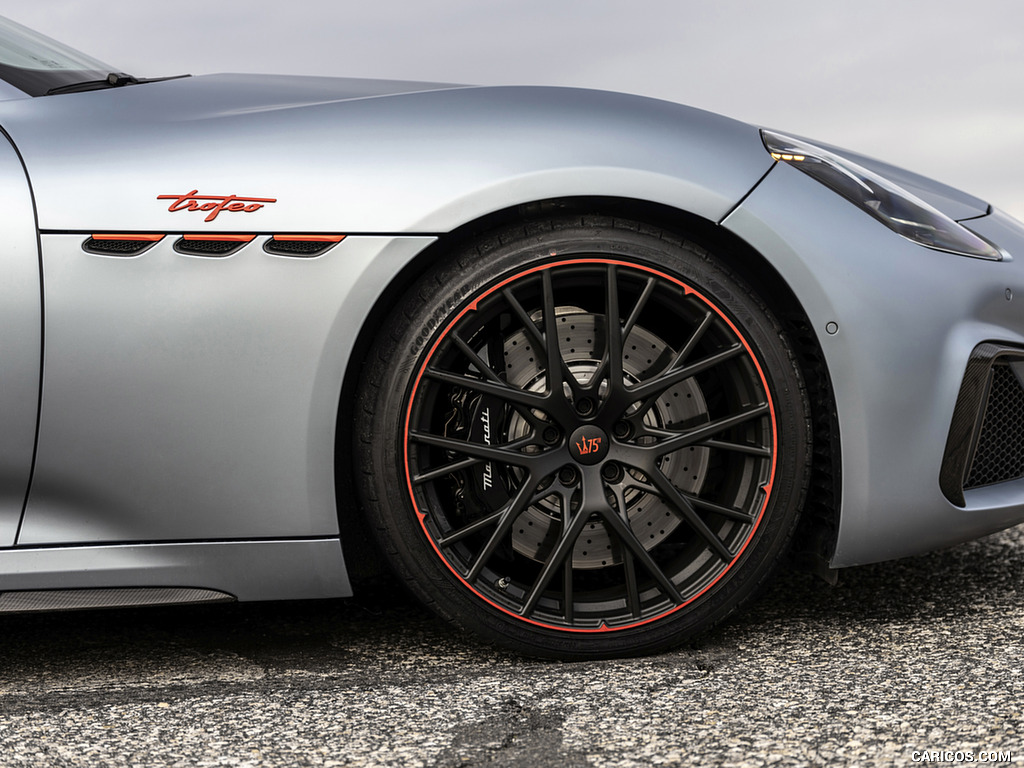 \n
\n
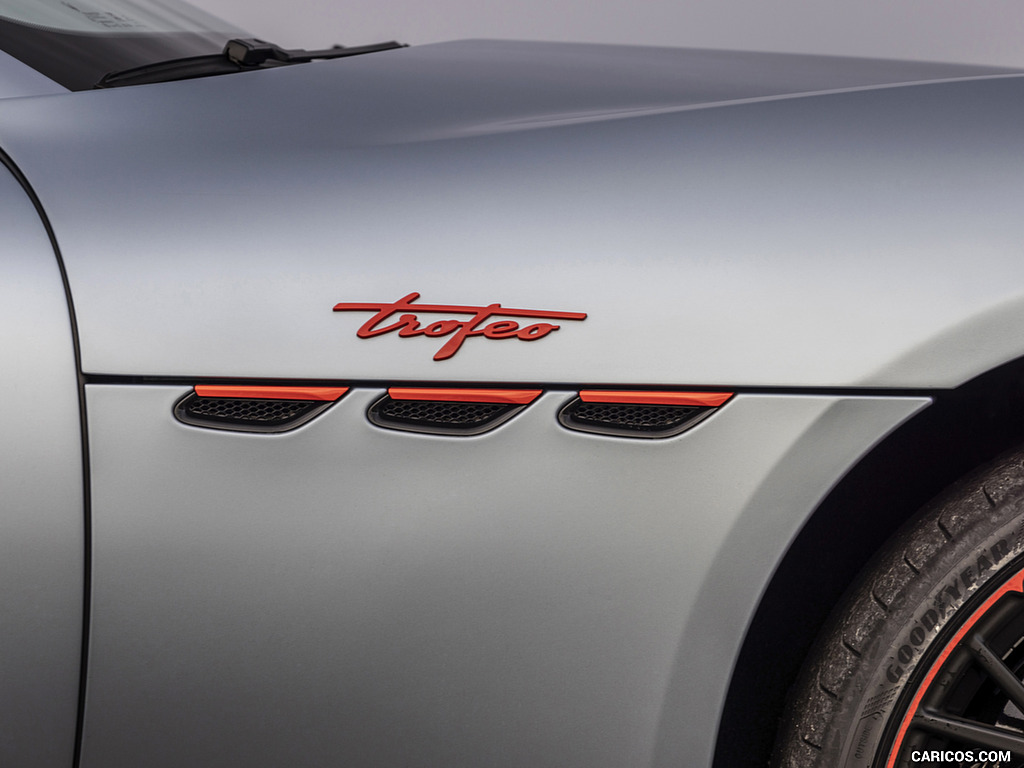 \n
\n
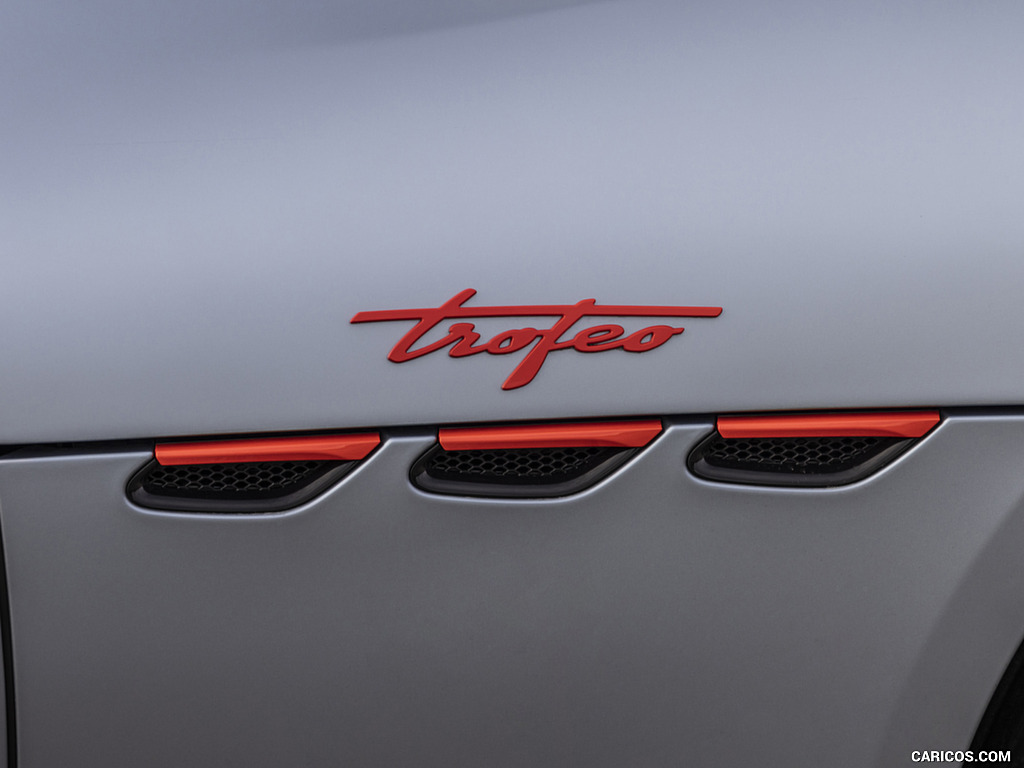 \n
\n
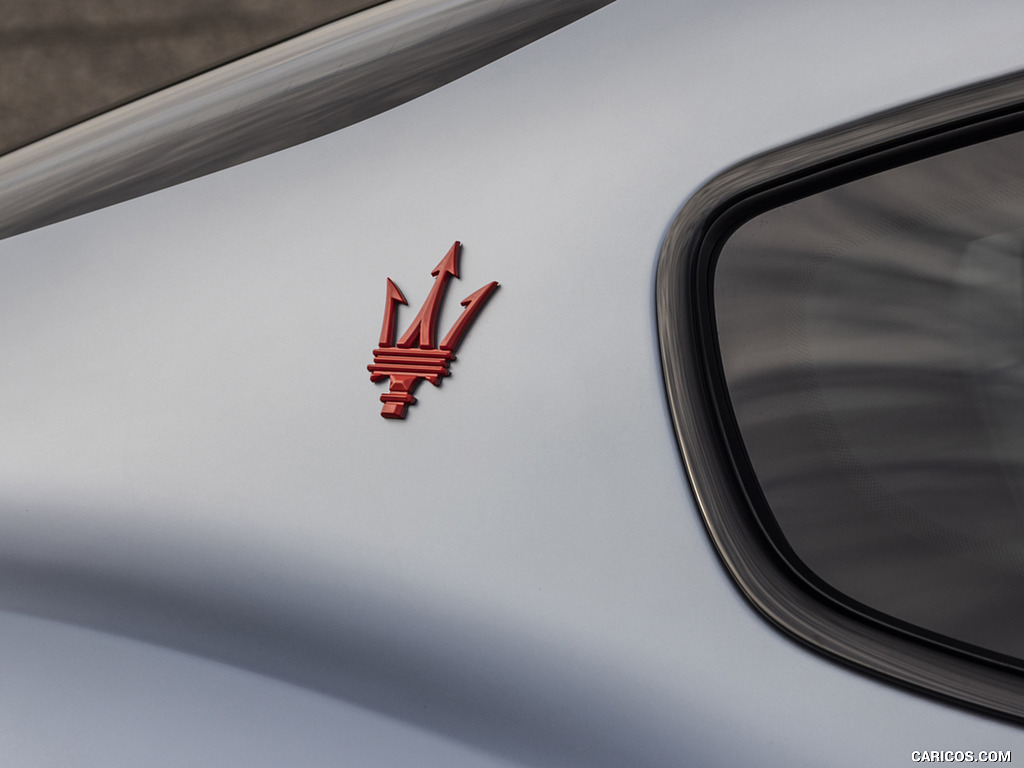 \n
\n
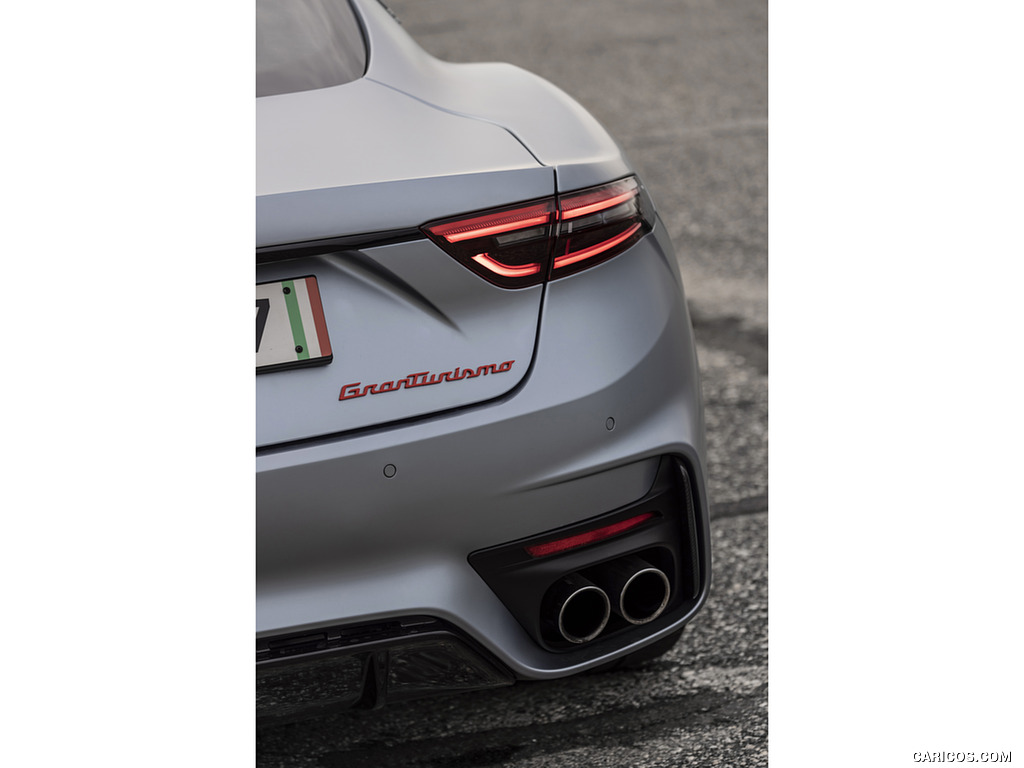 \n
\n
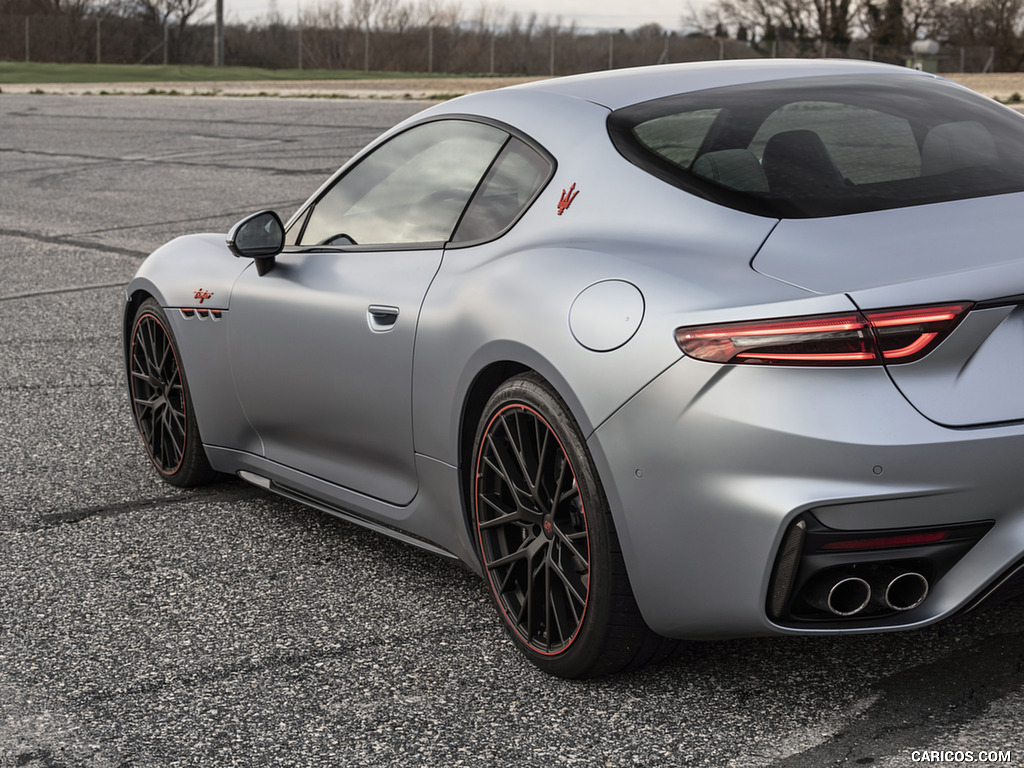 \n
\n
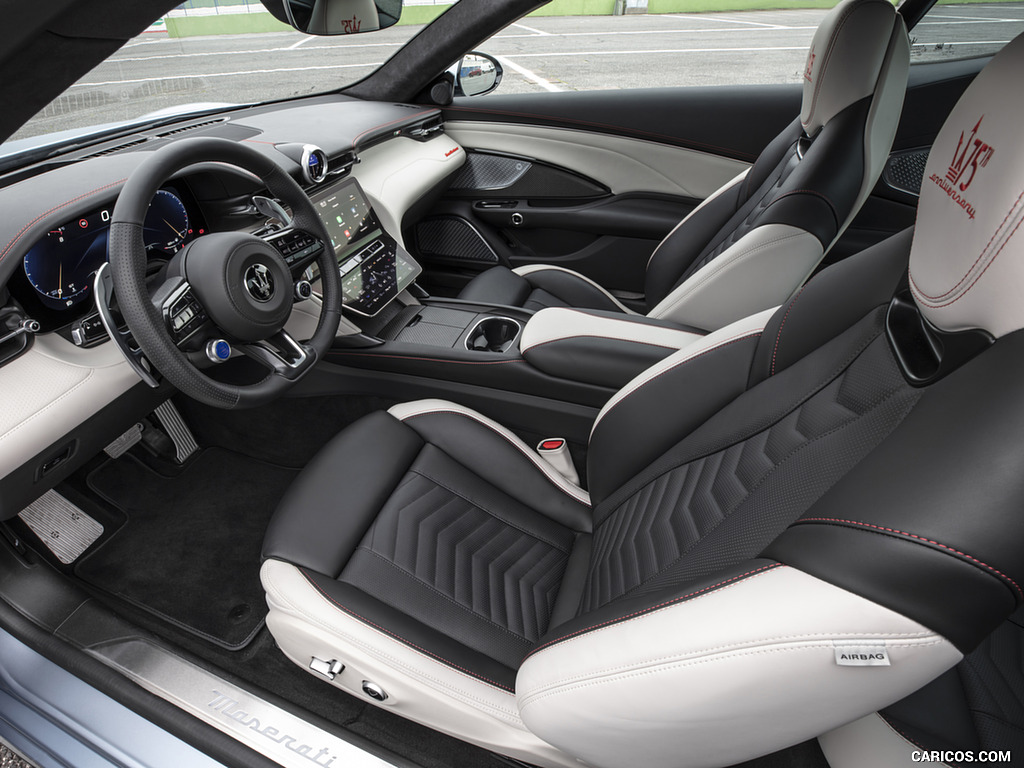 \n
\n
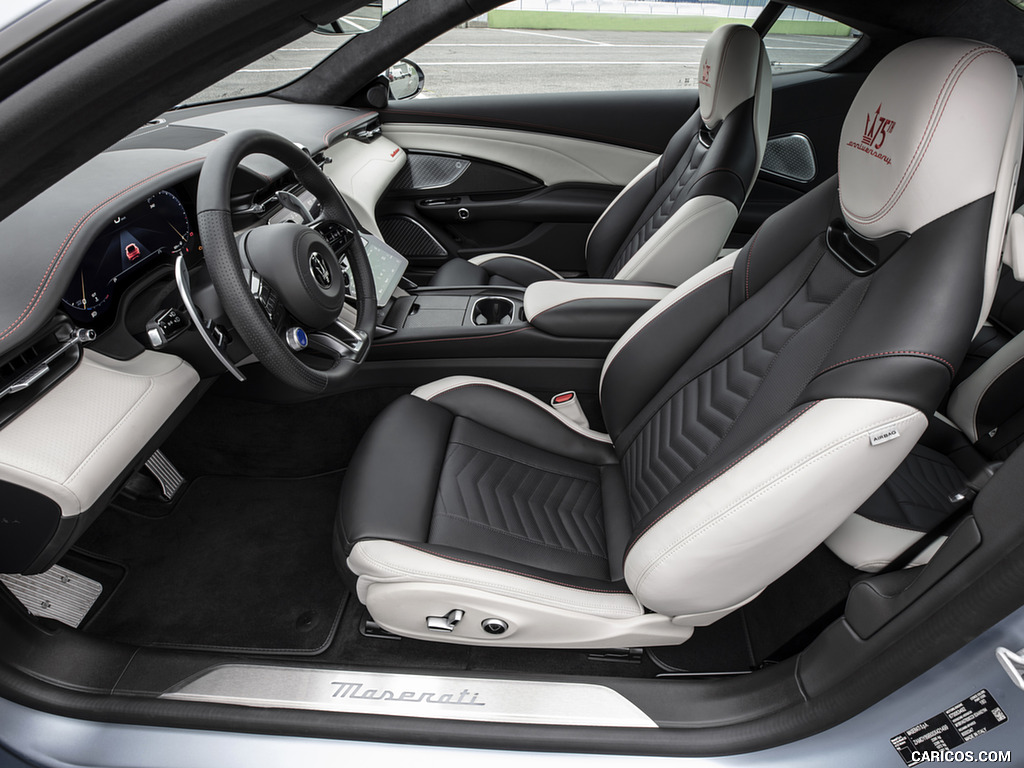 \n
\n
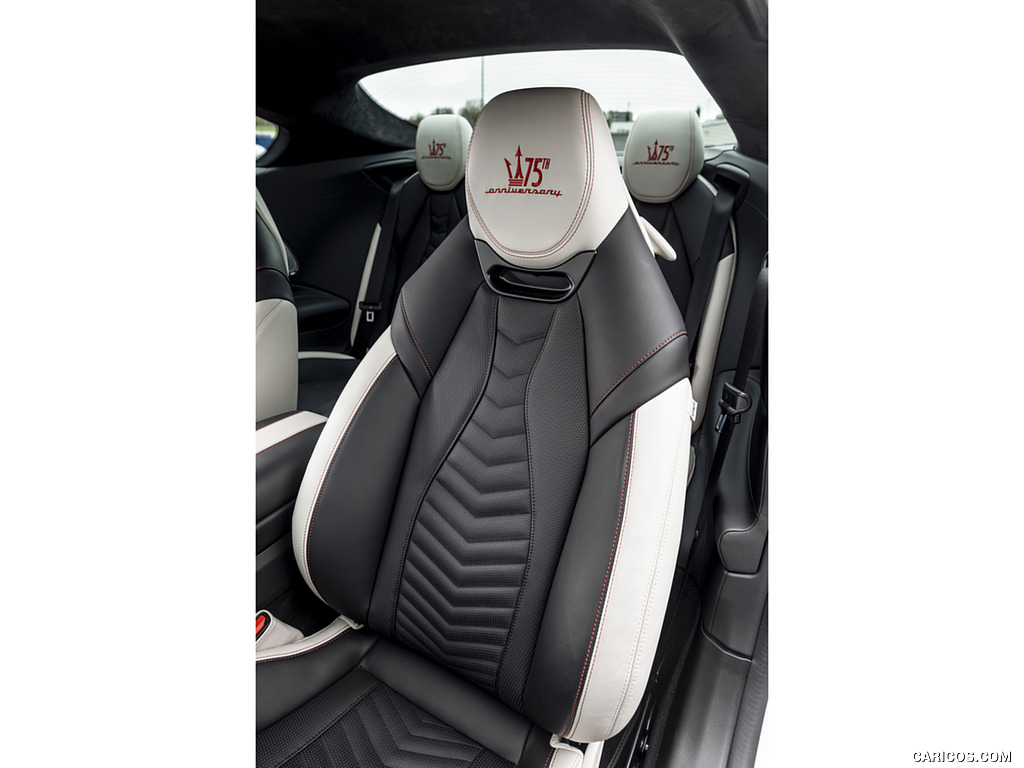 \n
\n
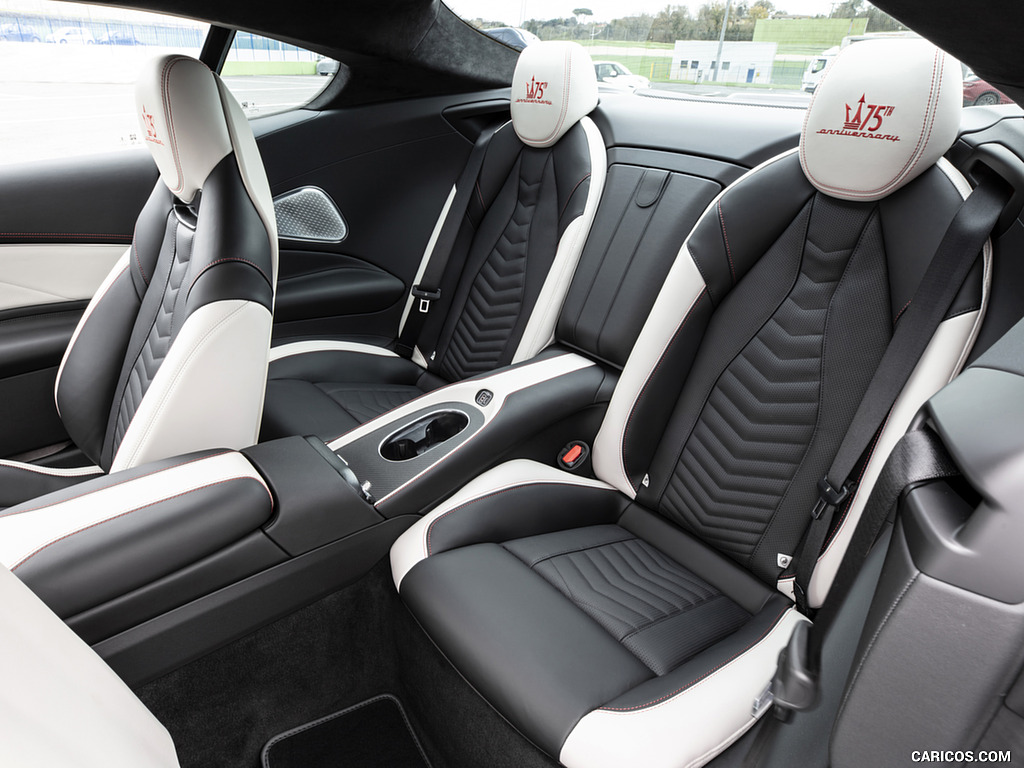 \n
\n
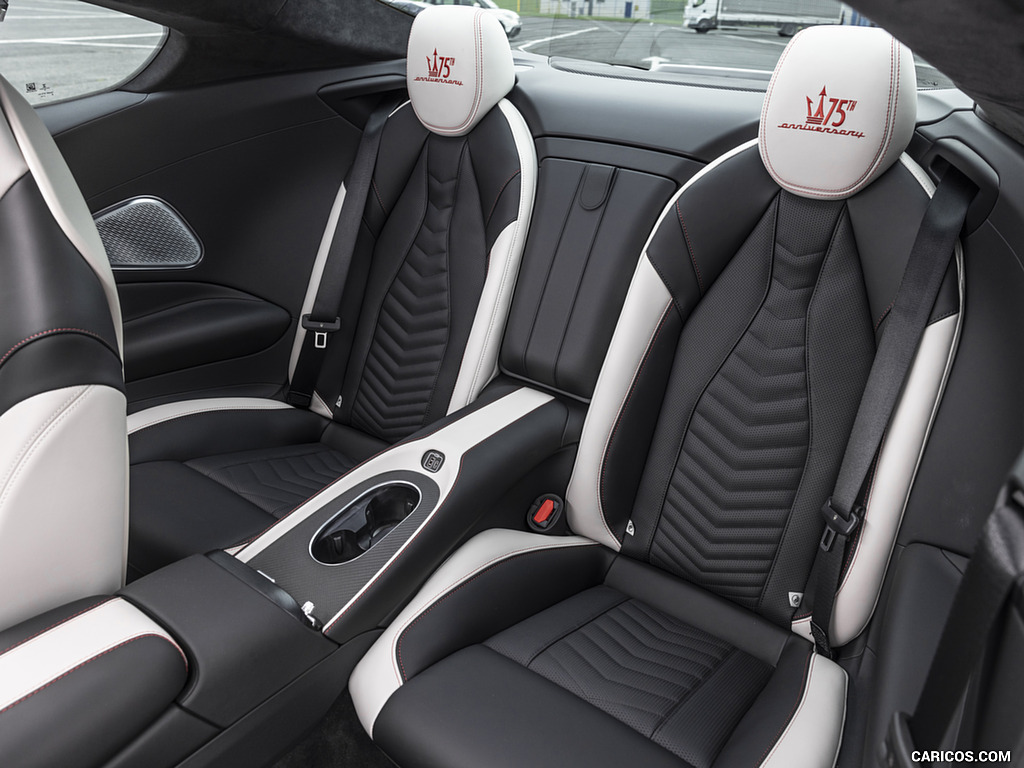 \n
\n
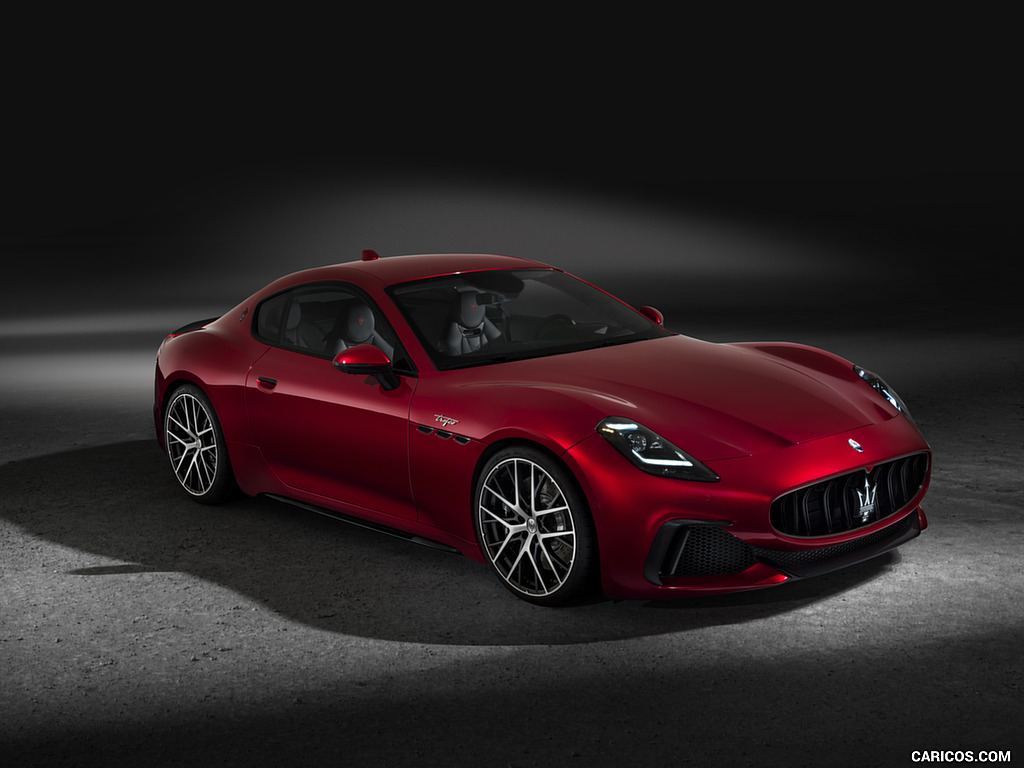 \n
\n
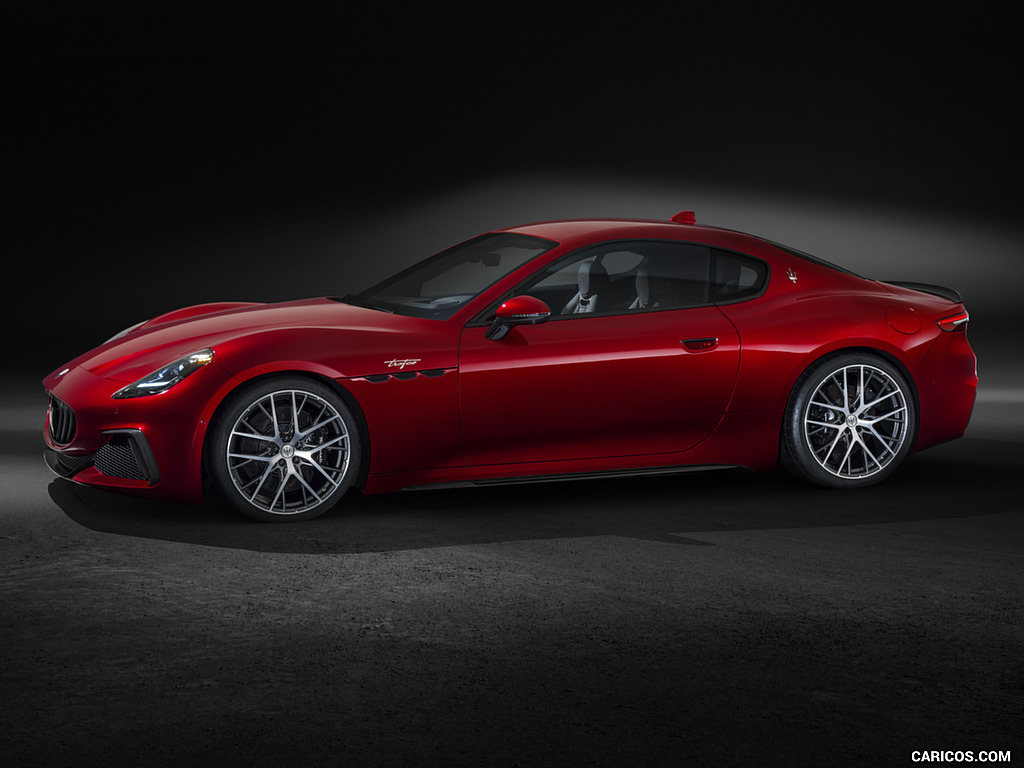 \n
\n
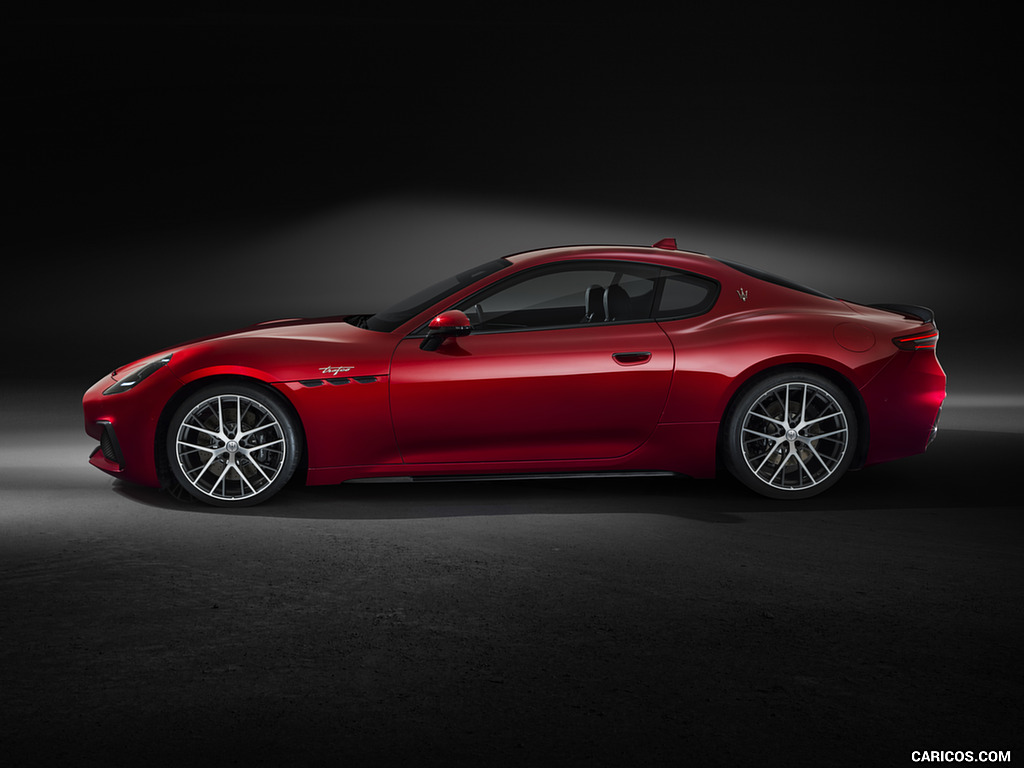 \n
\n
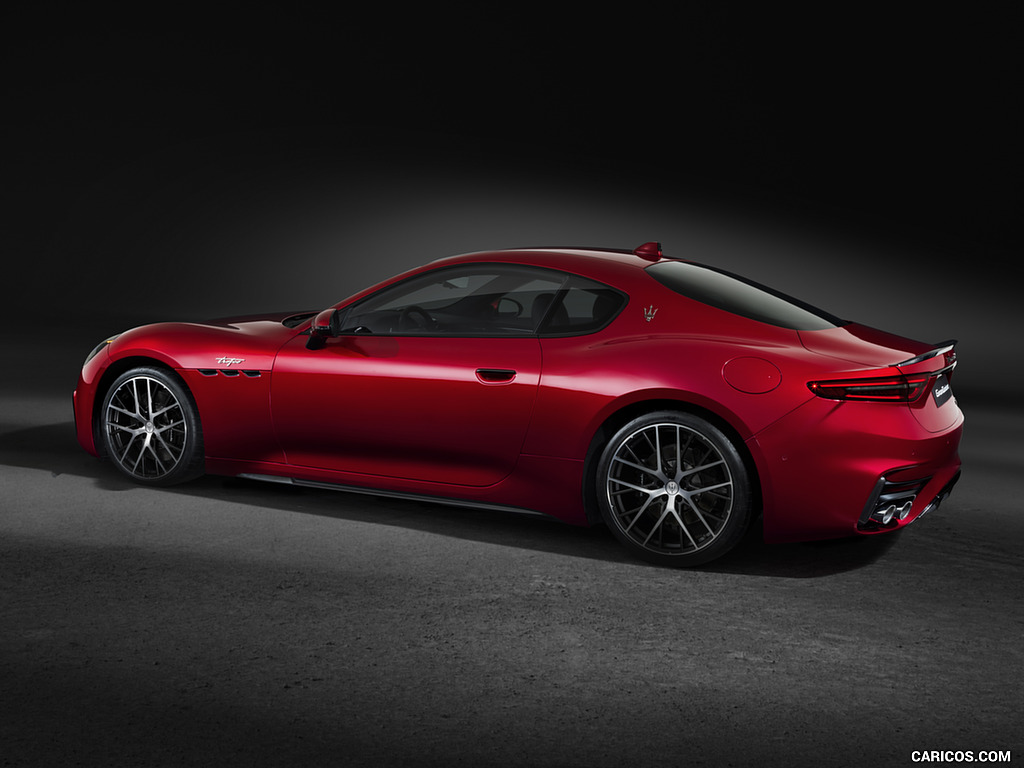 \n
\n
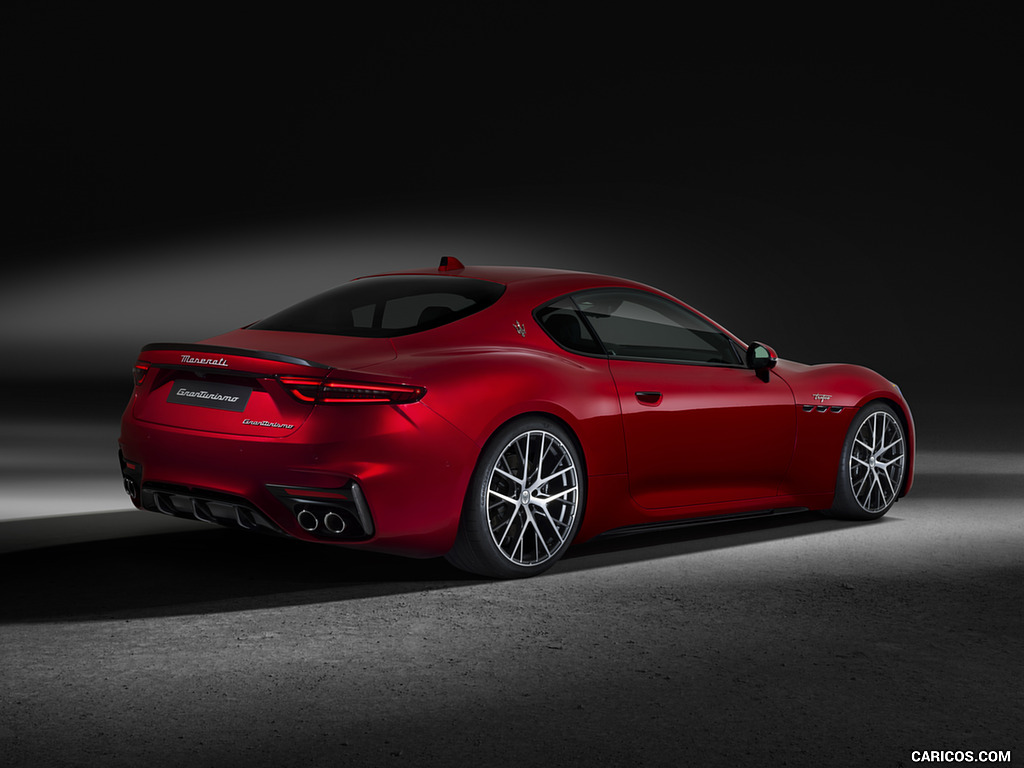 \n
\n
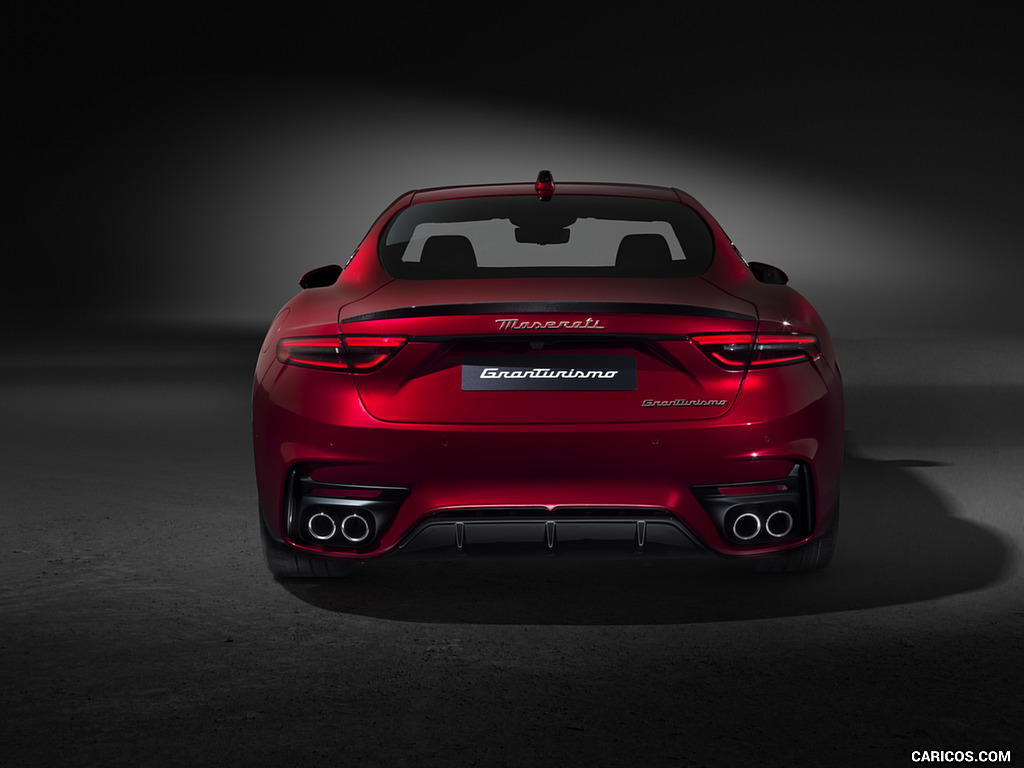 \n
\n
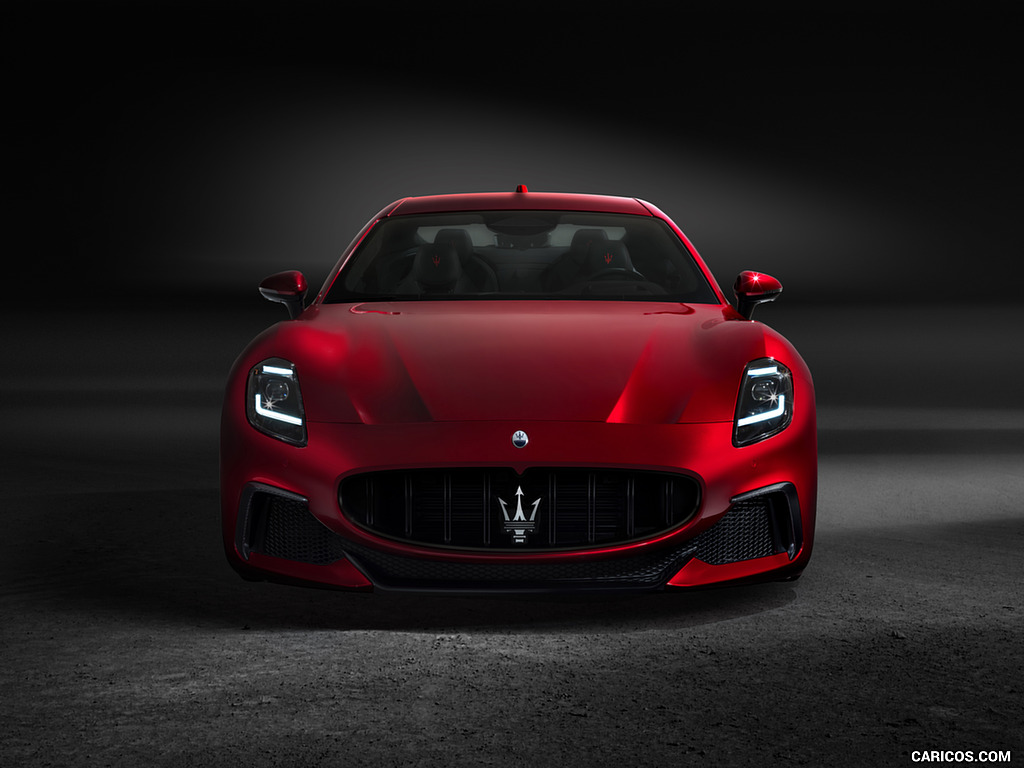 \n
\n
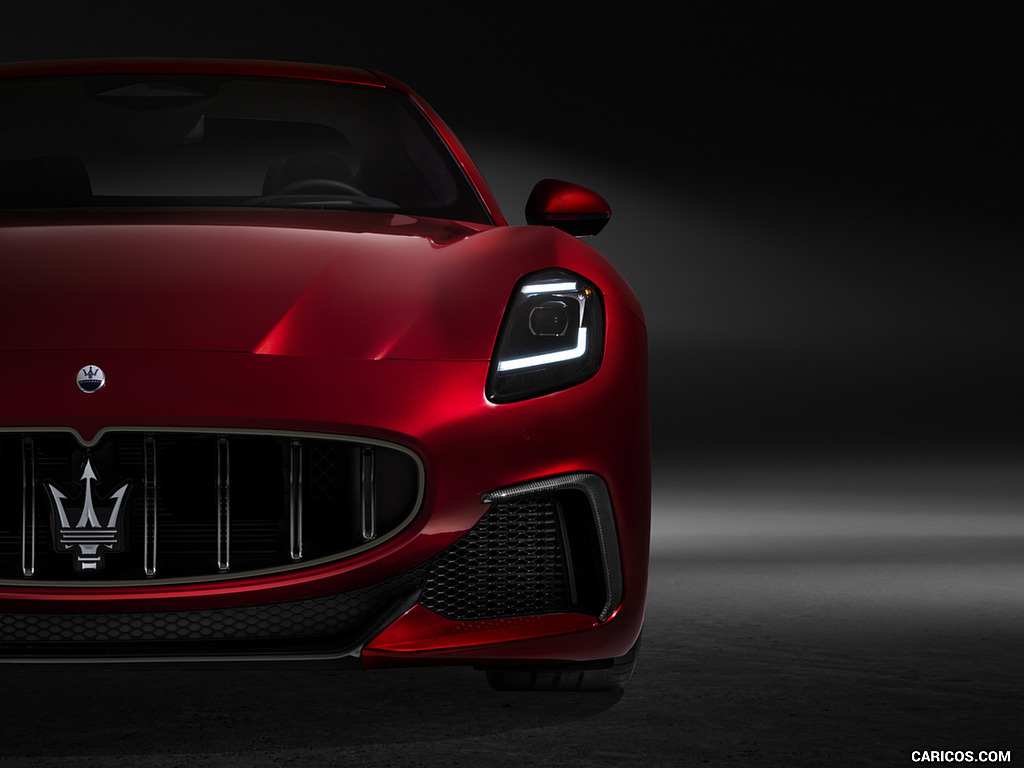 \n
\n
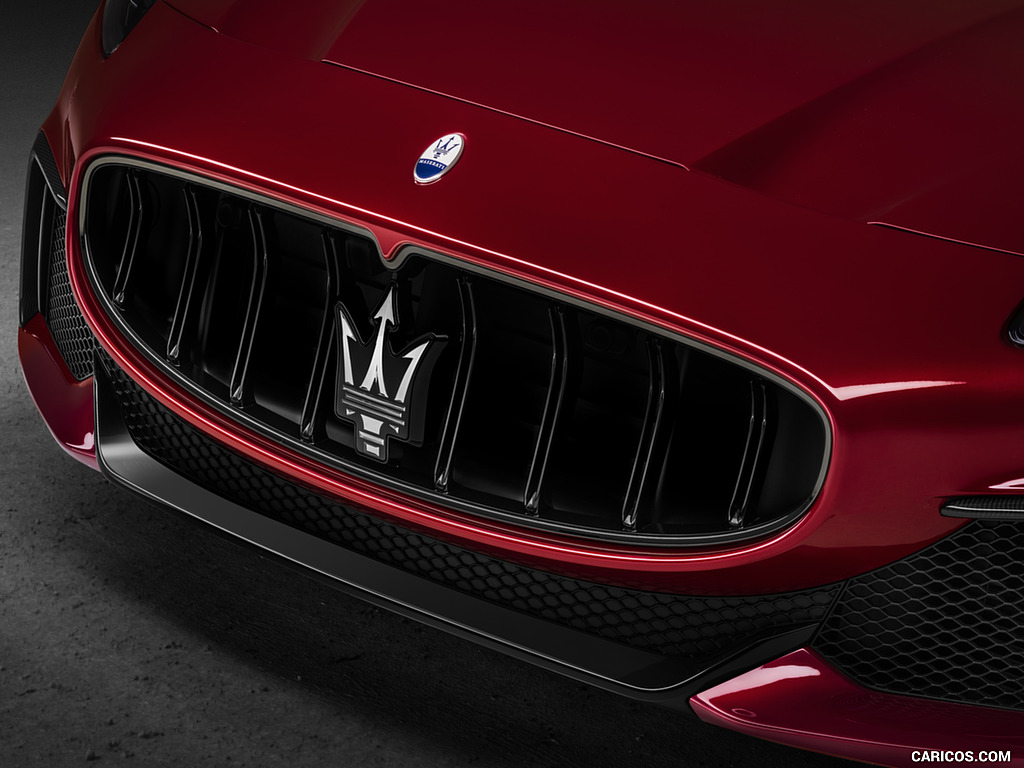 \n
\n
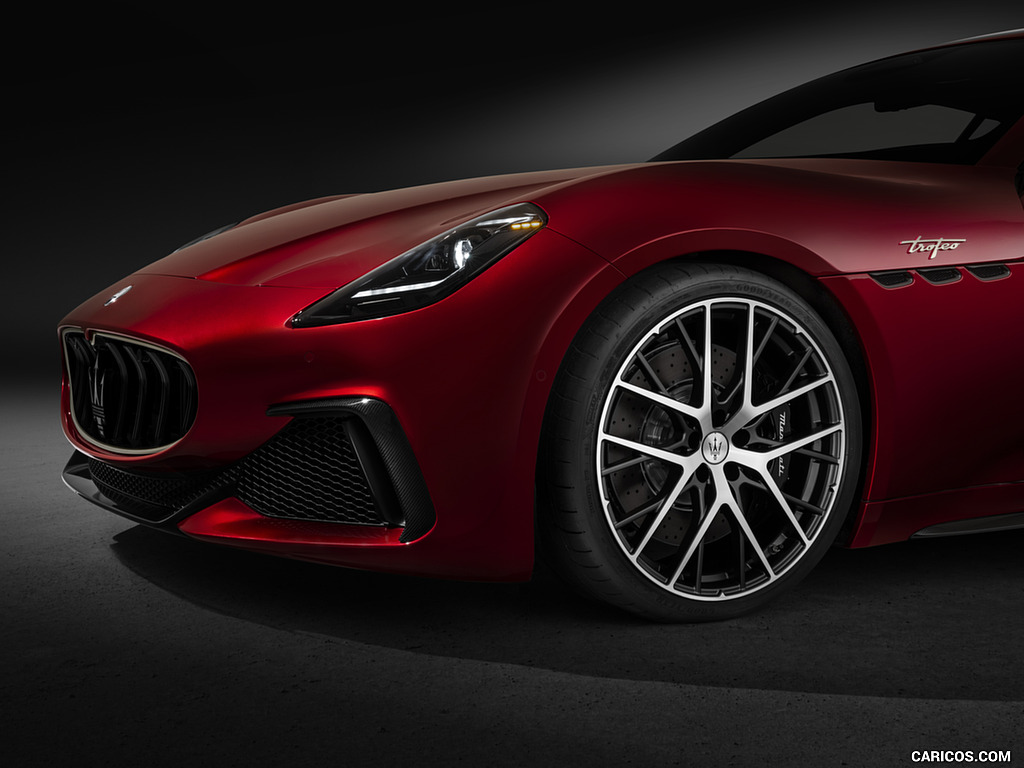 \n
\n
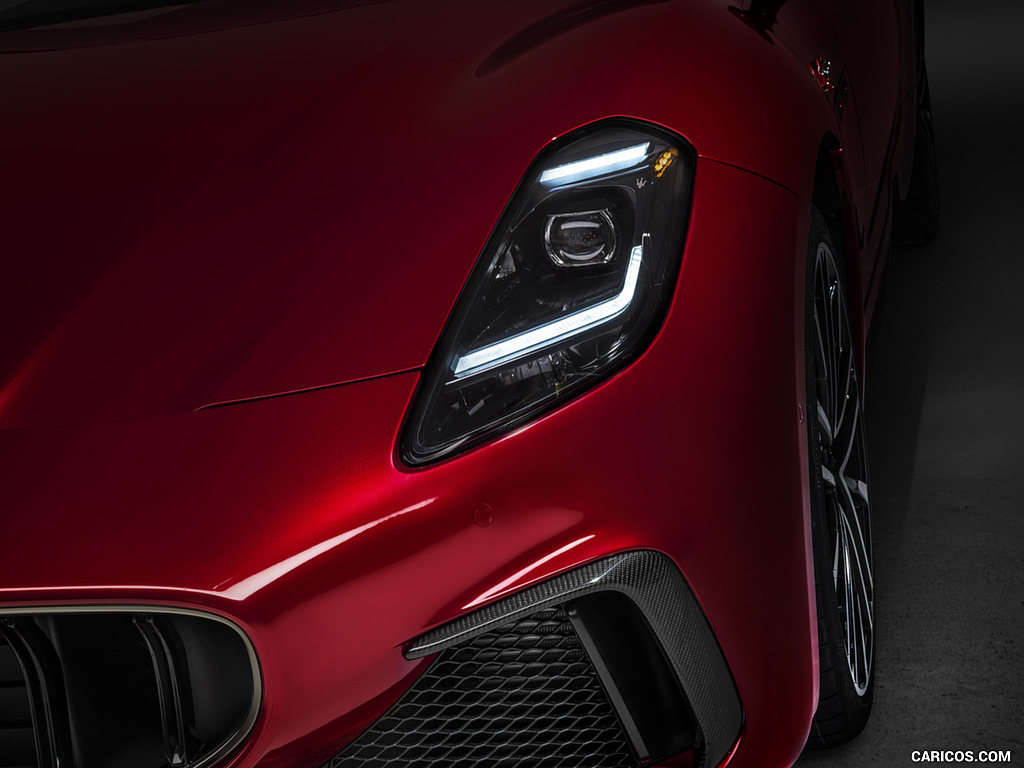 \n
\n
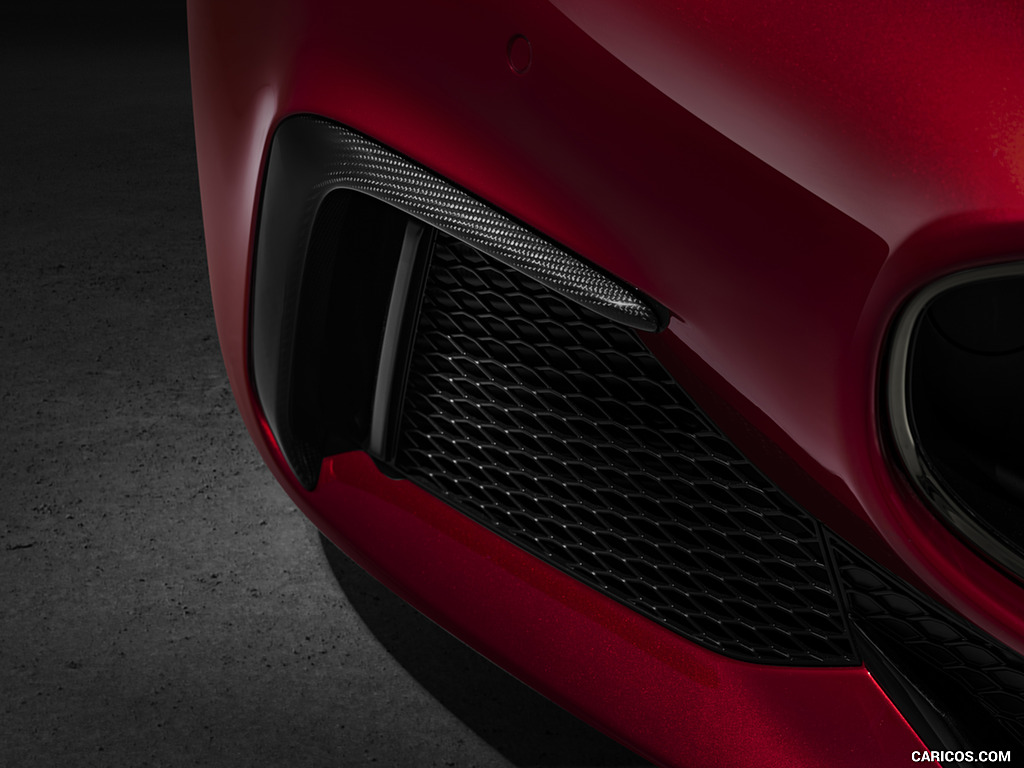 \n
\n
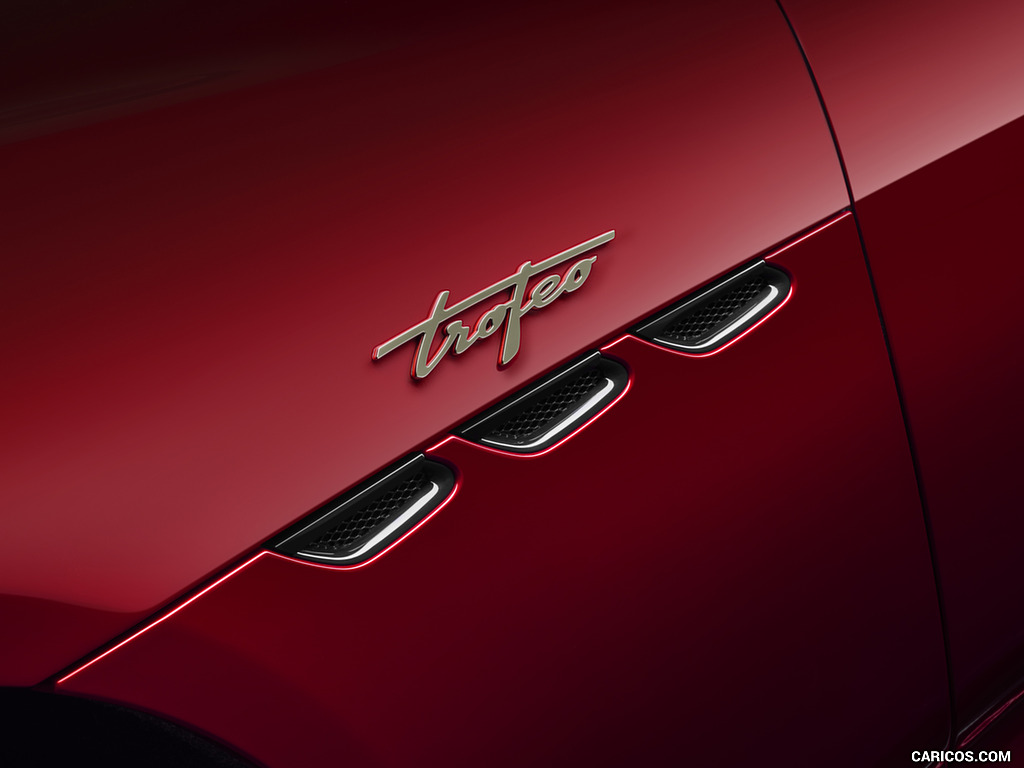 \n
\n
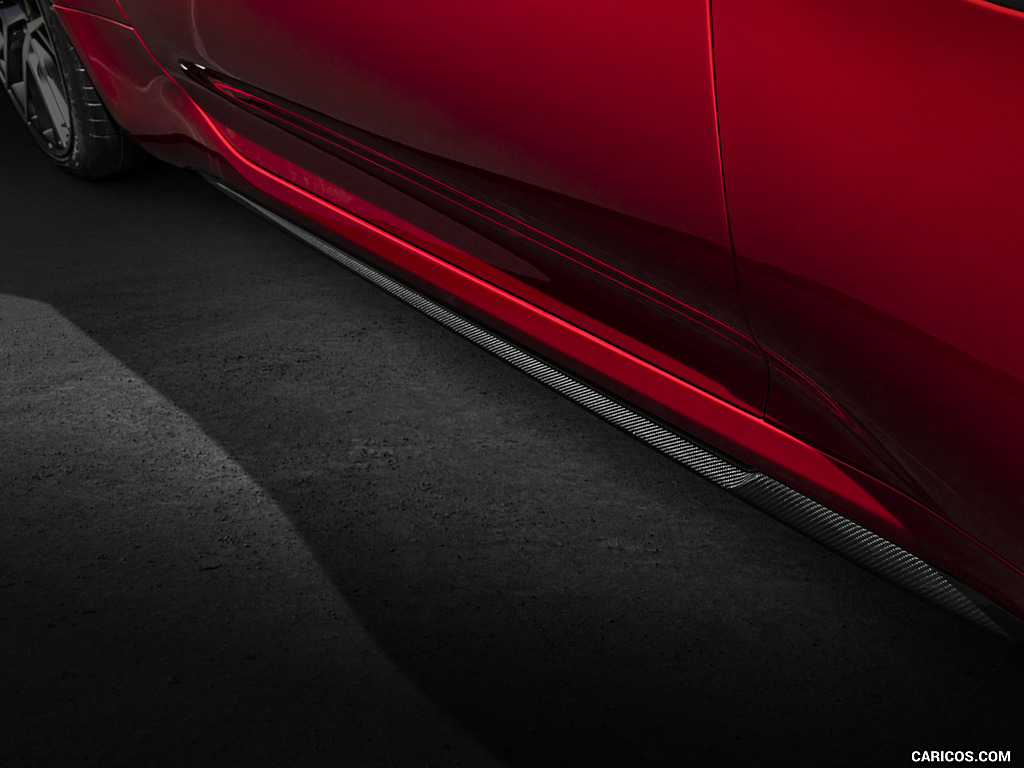 \n
\n
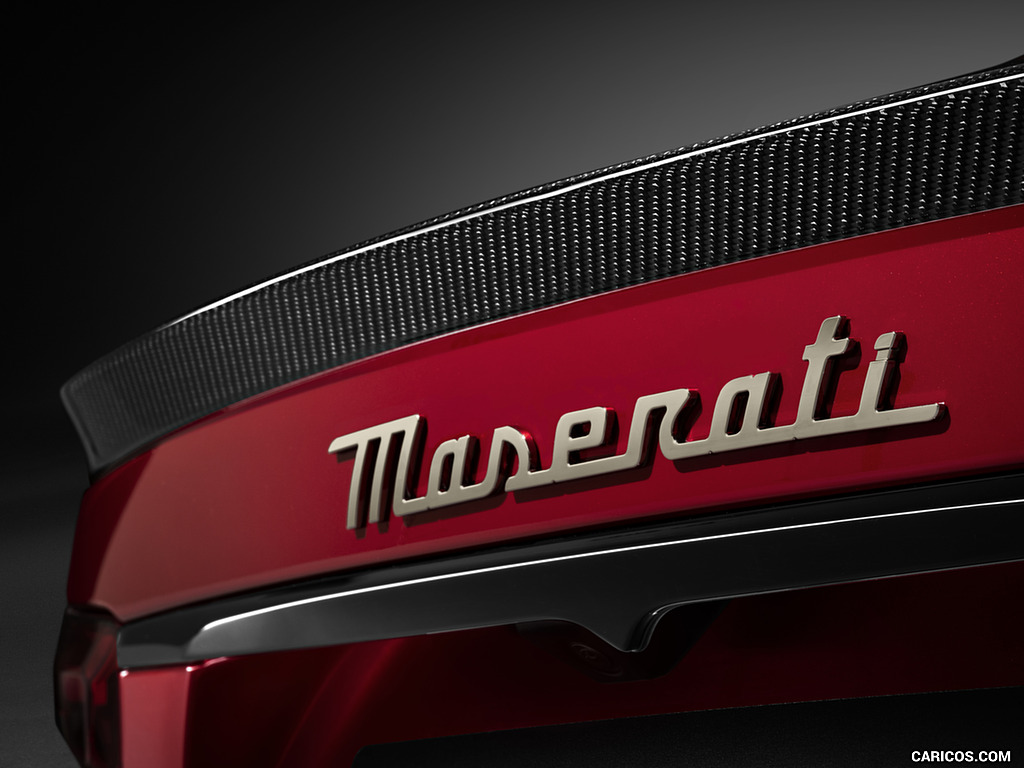 \n
\n
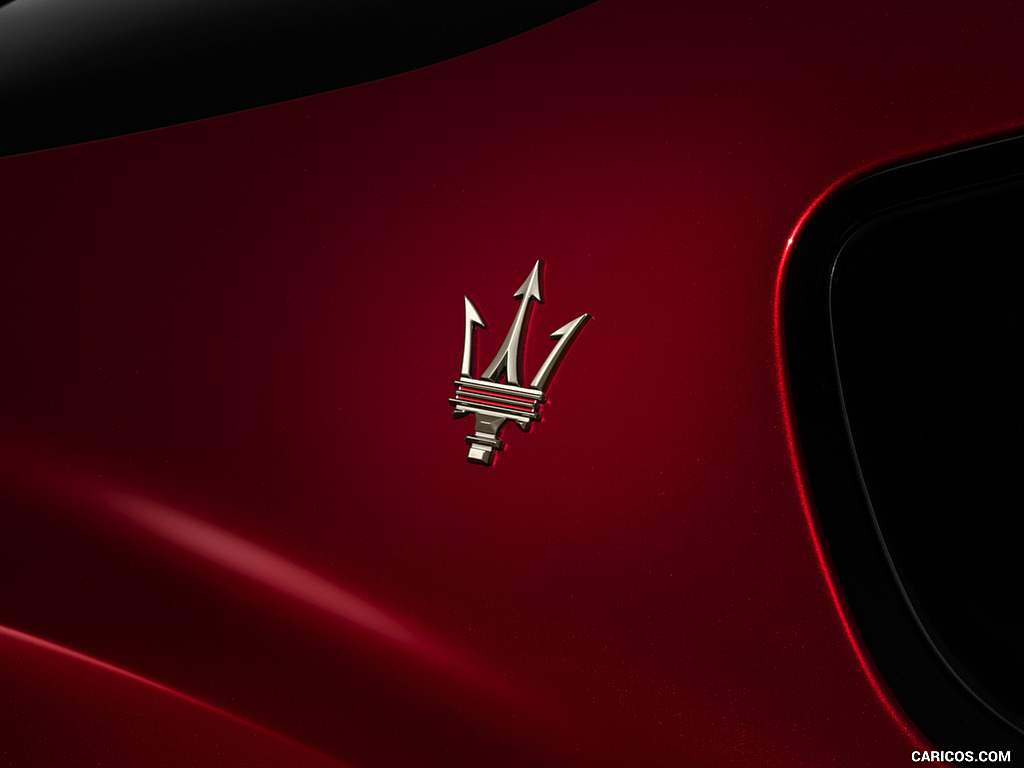 \n
\n
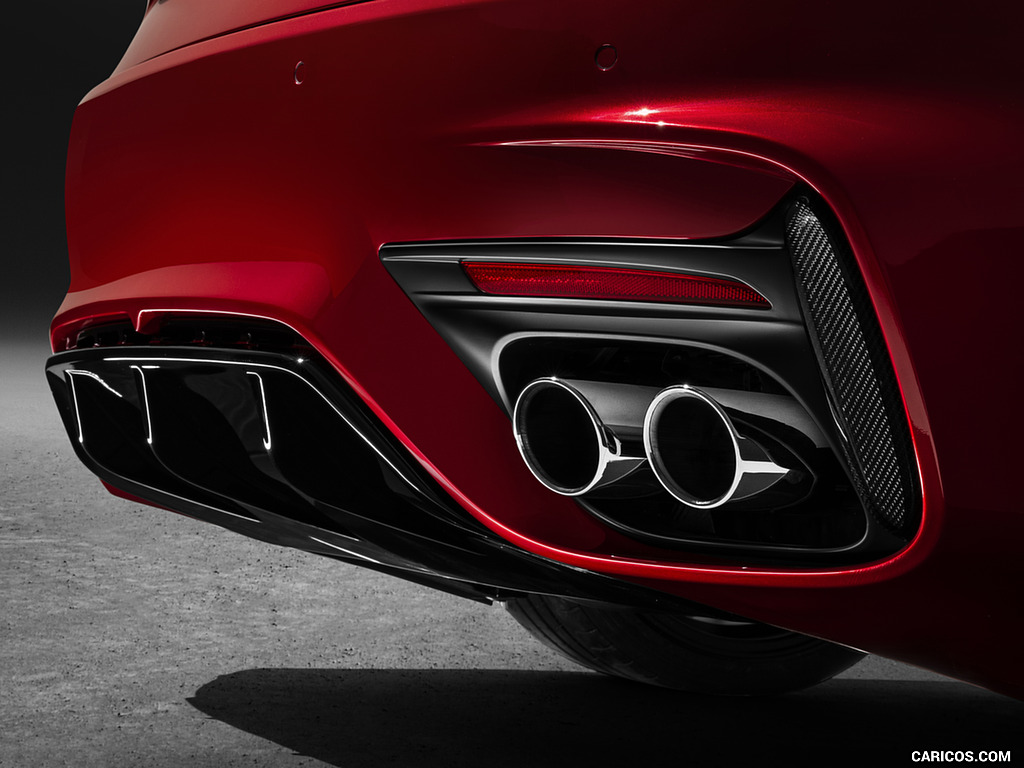 \n
\n
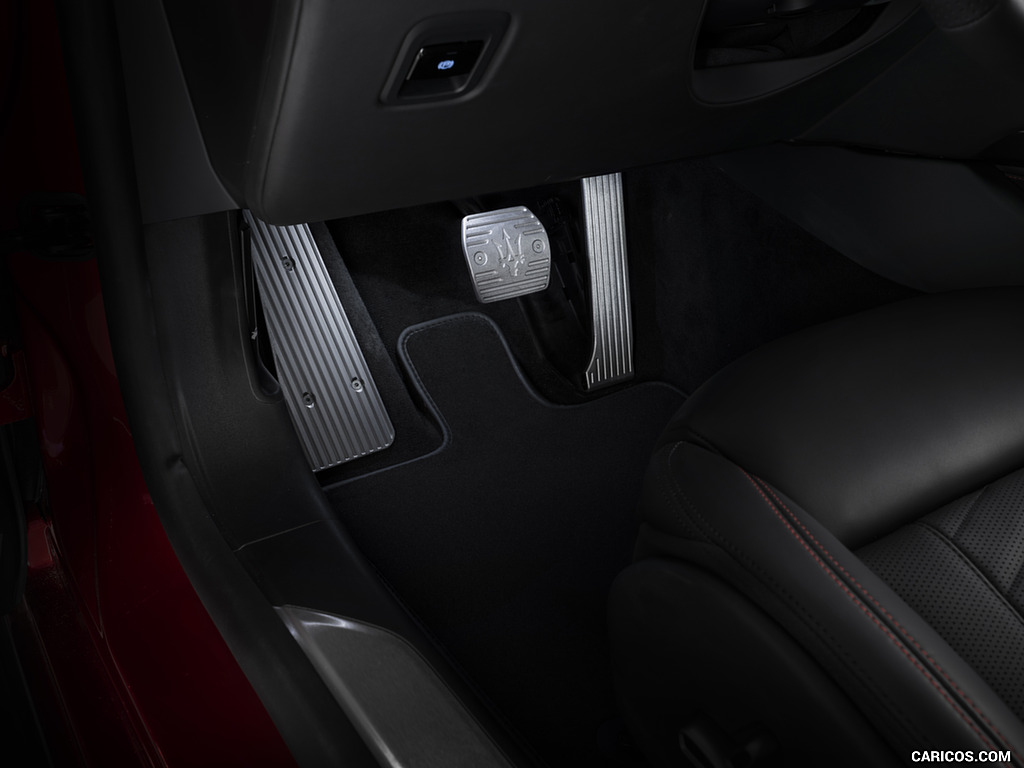 \n
\n
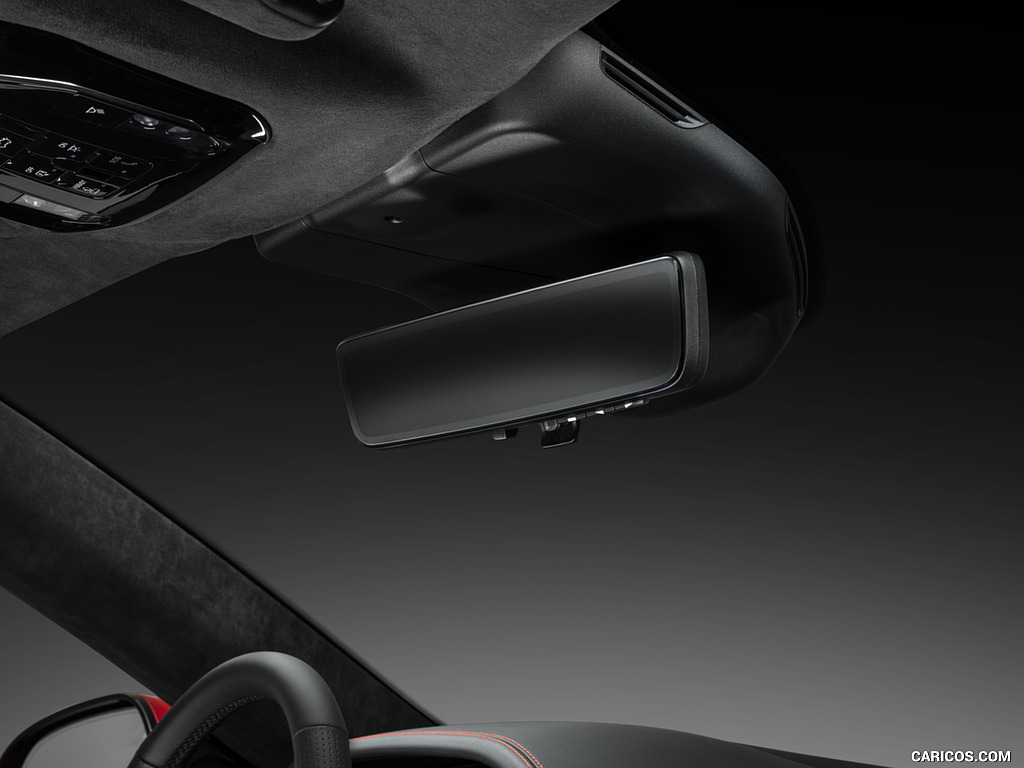 \n
\n
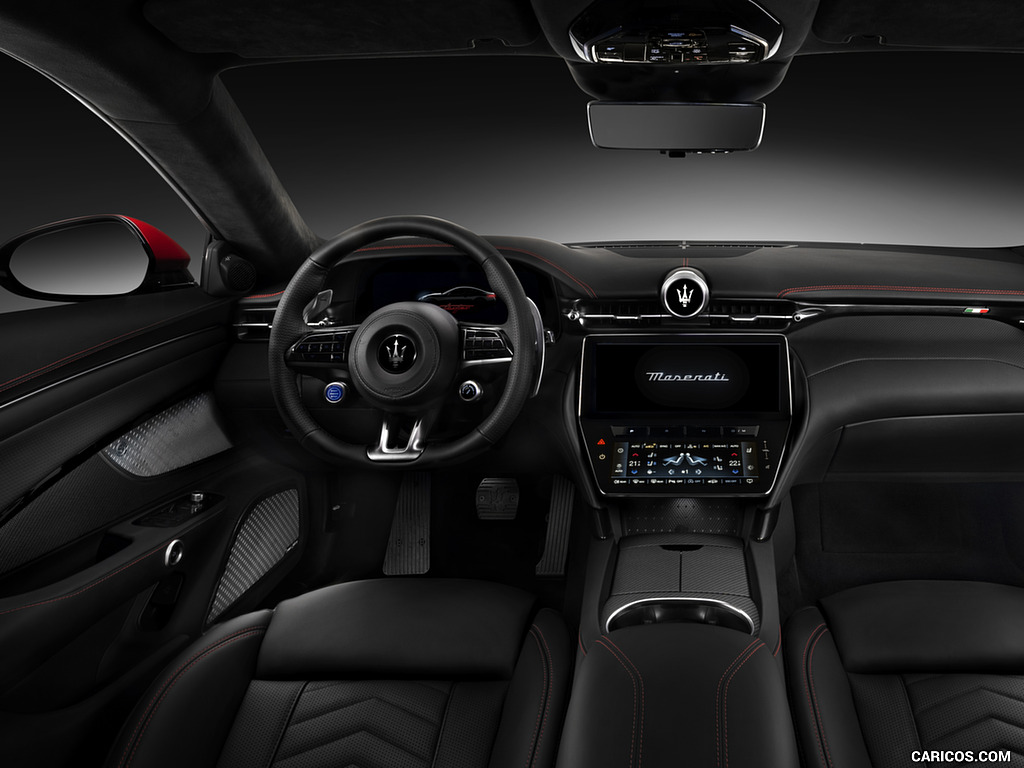 \n
\n
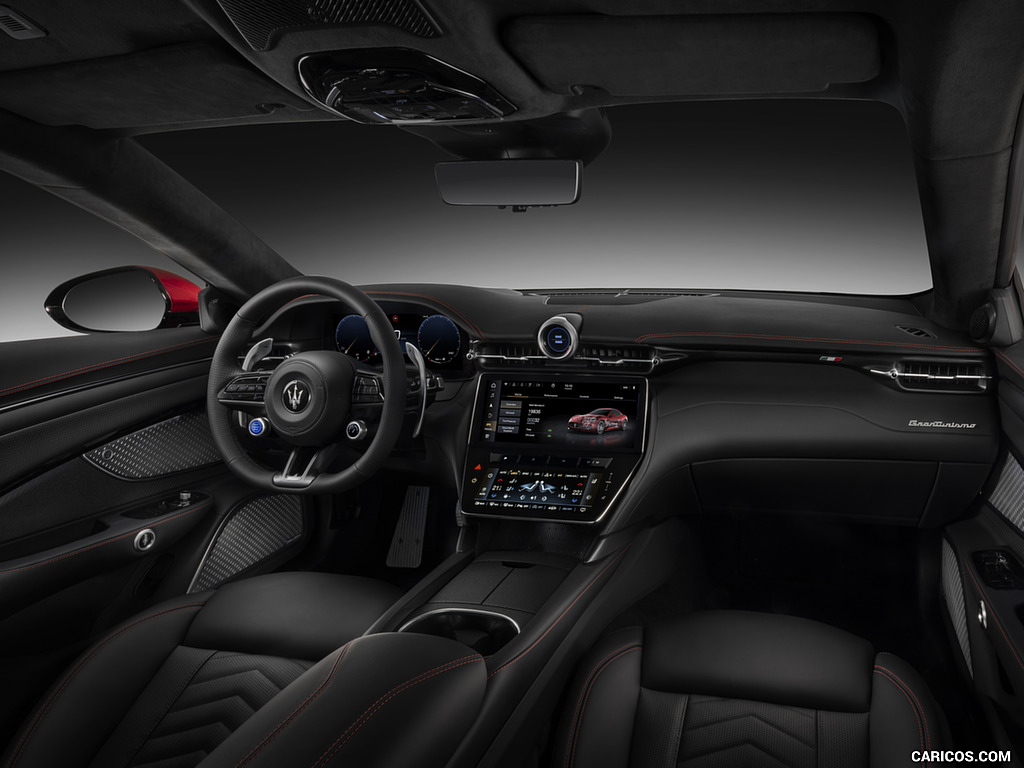 \n
\n
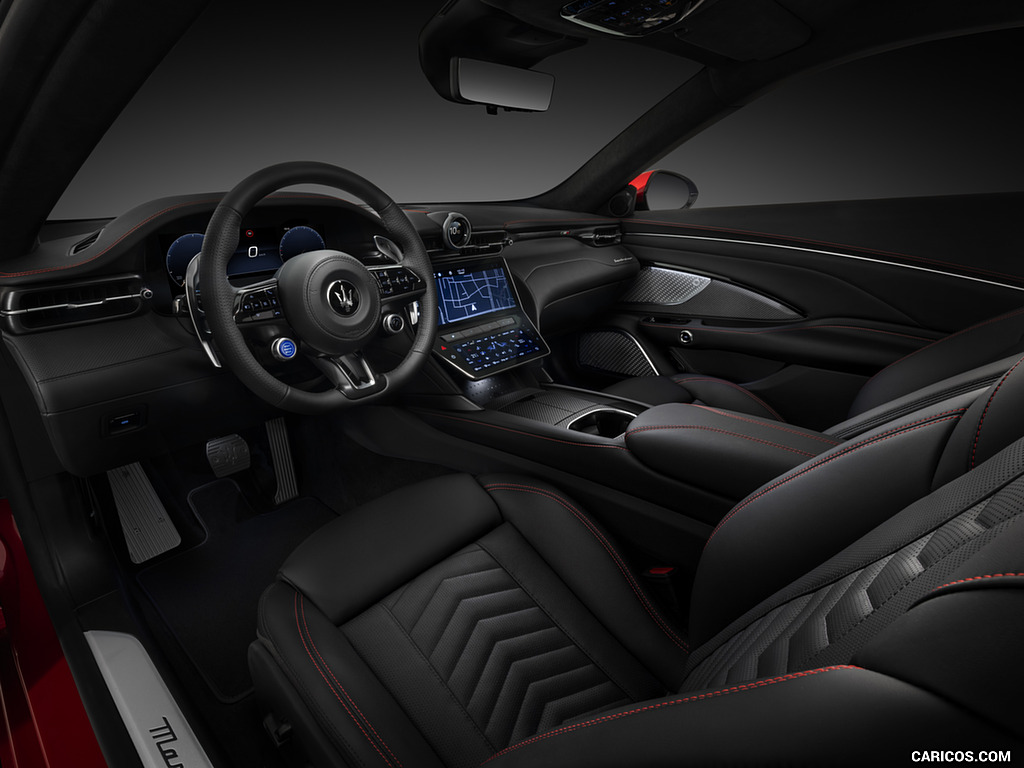 \n
\n
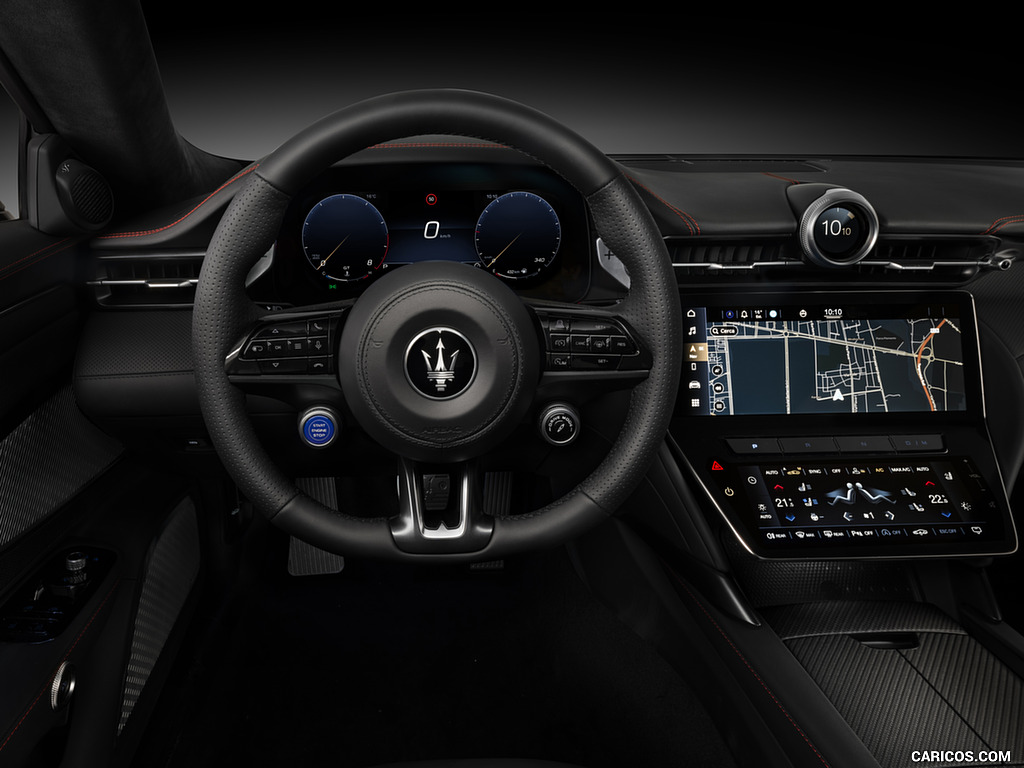 \n
\n
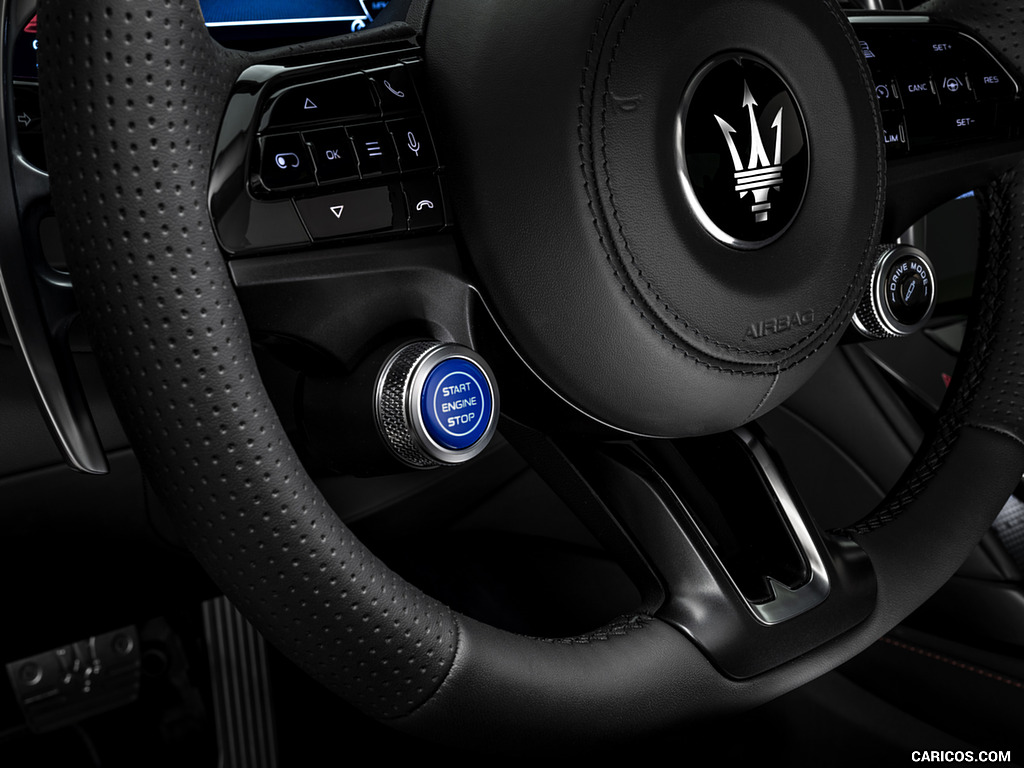 \n
\n
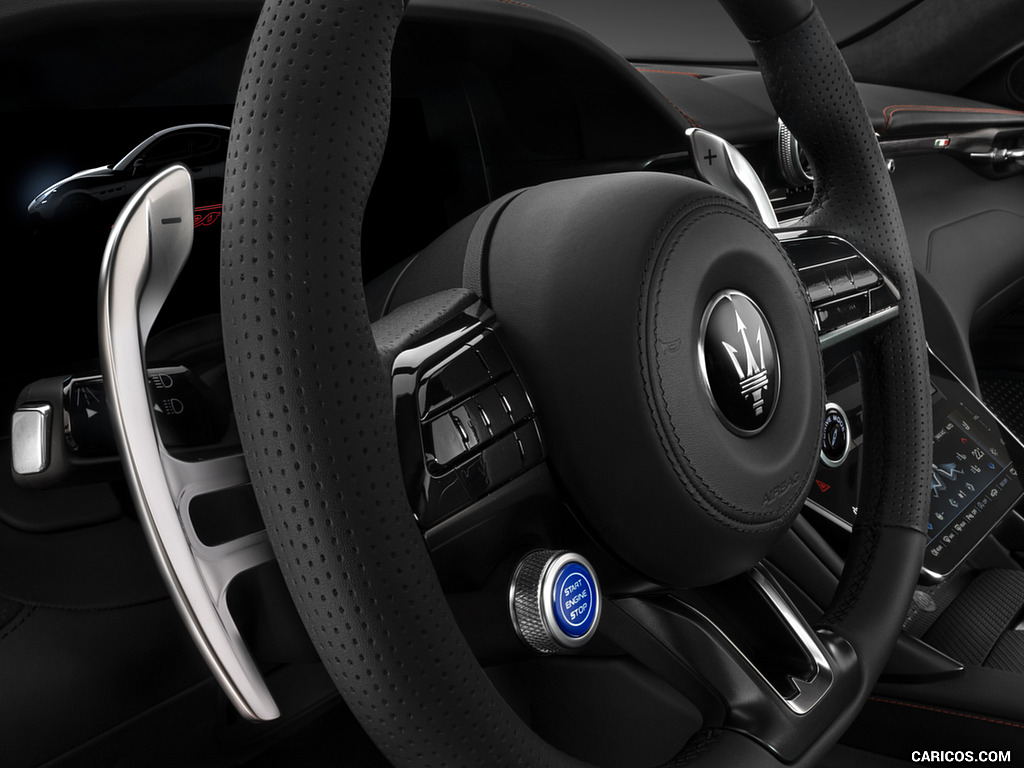 \n
\n
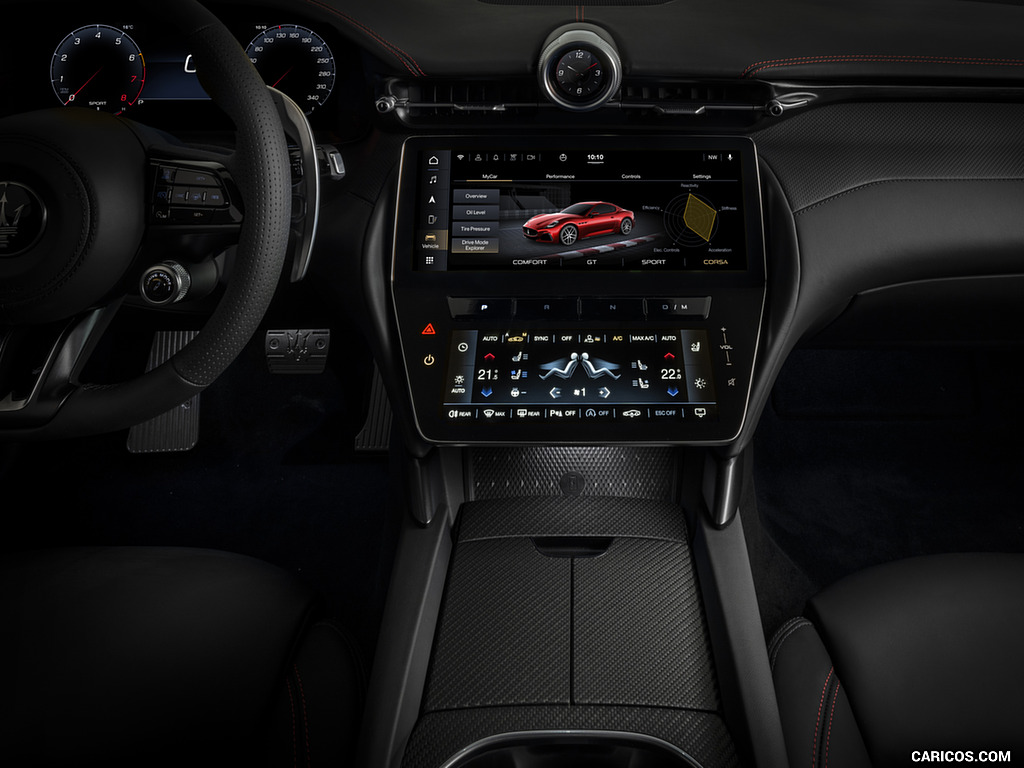 \n
\n
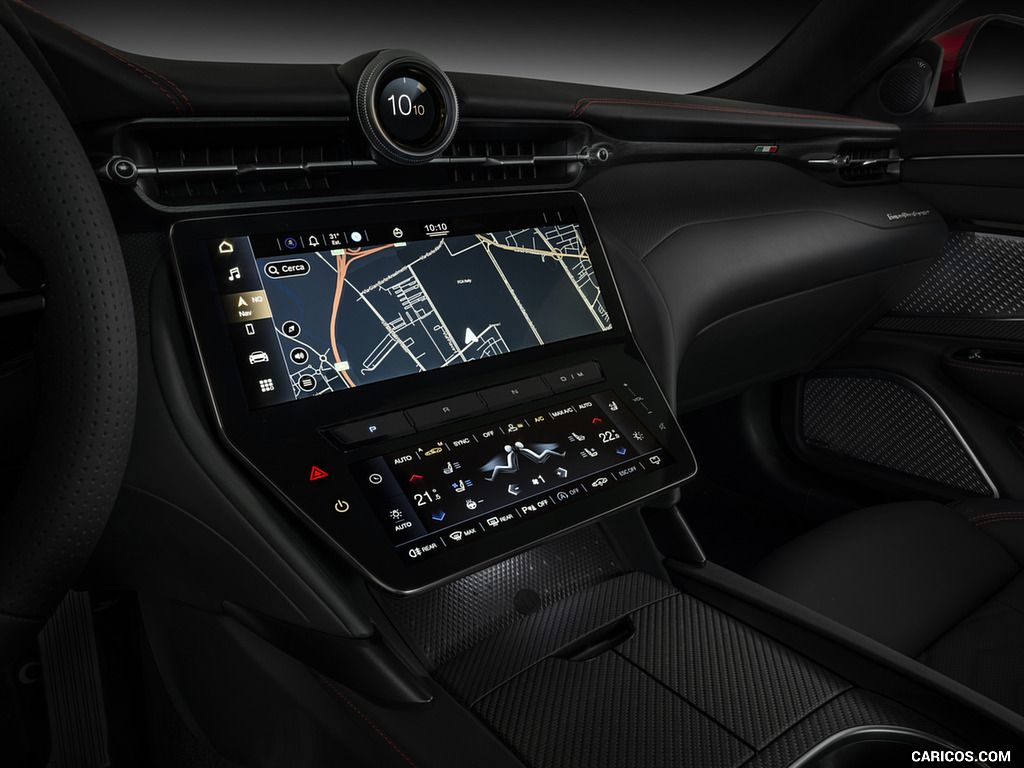 \n
\n
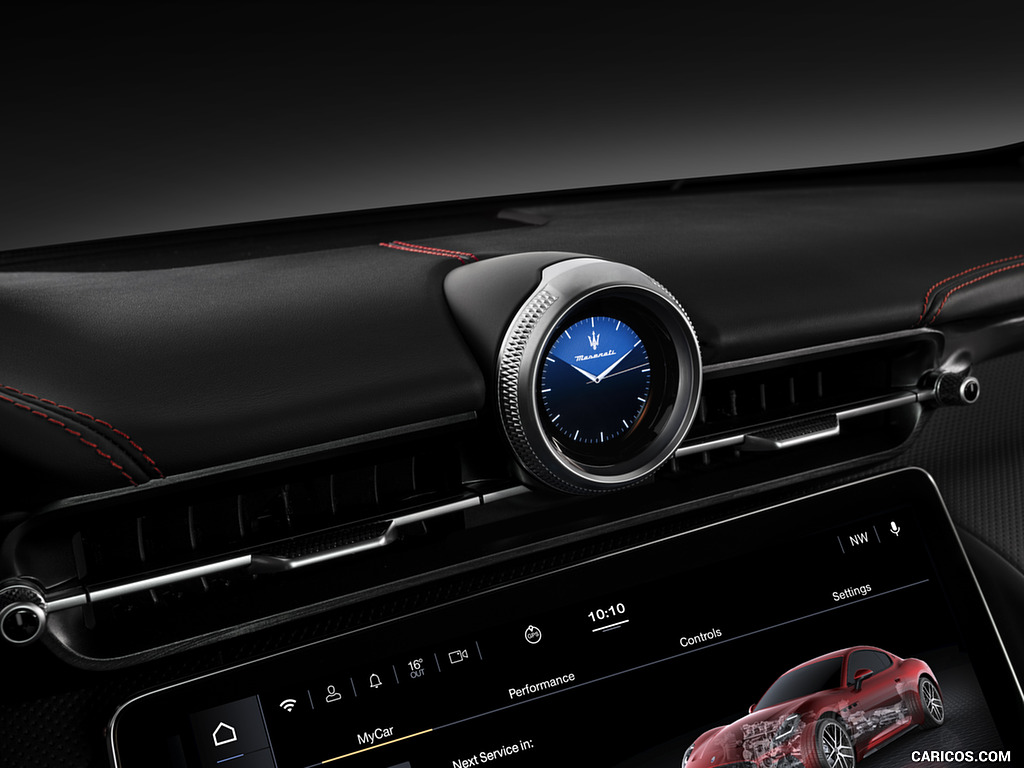 \n
\n
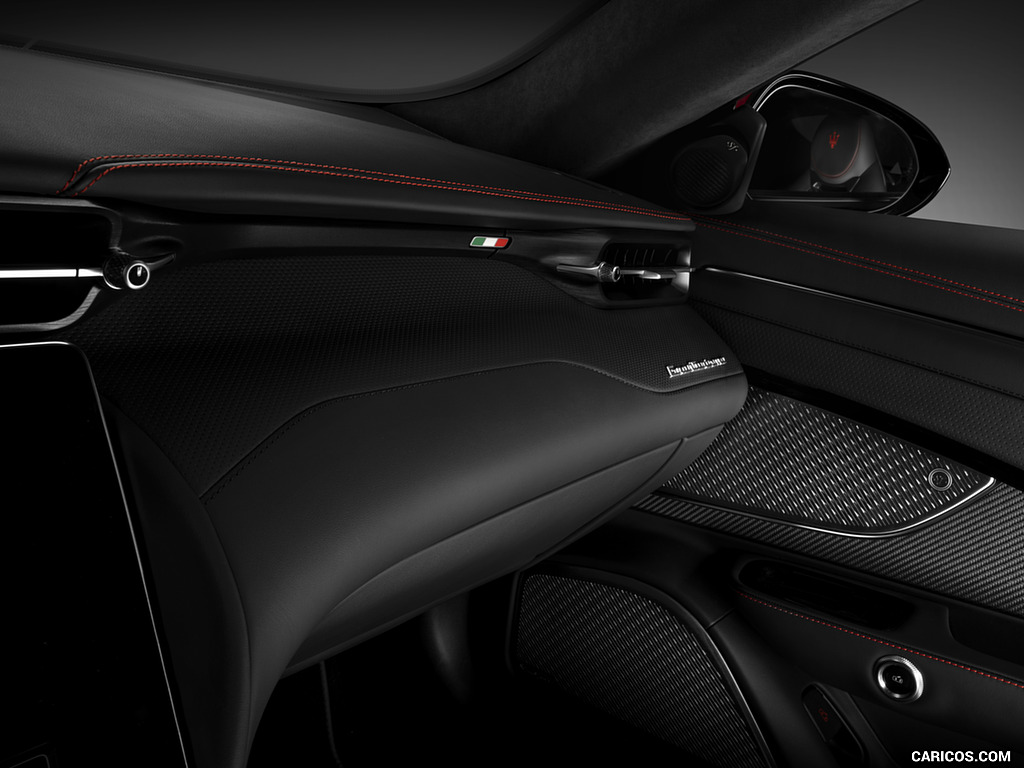 \n
\n
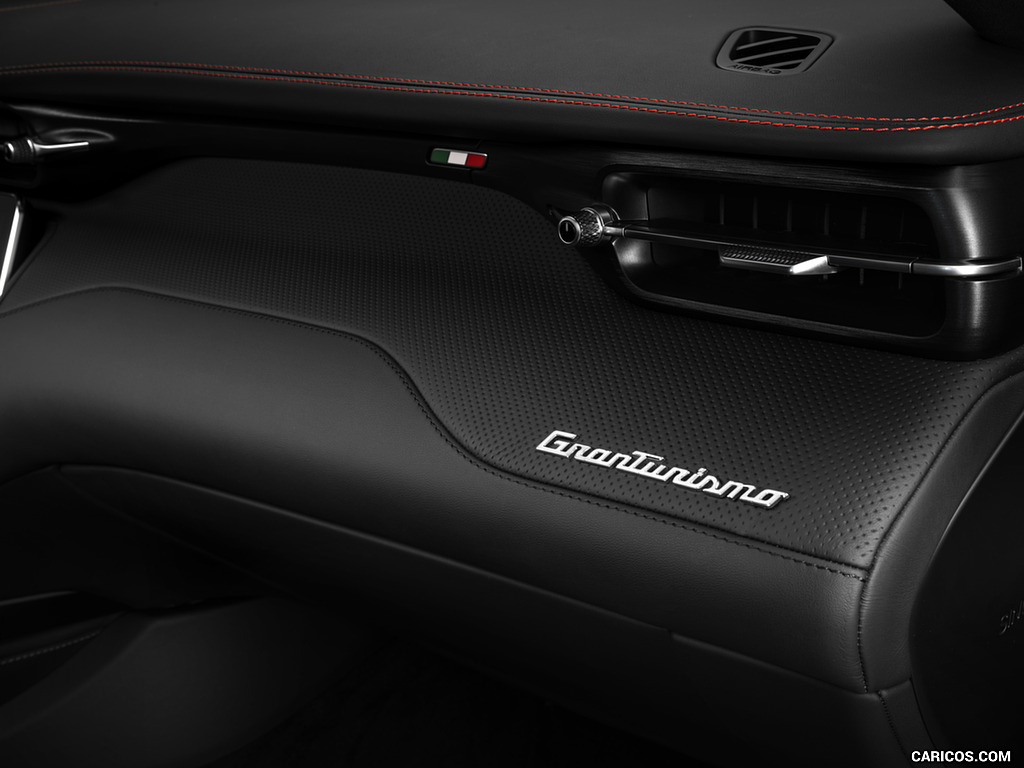 \n
\n
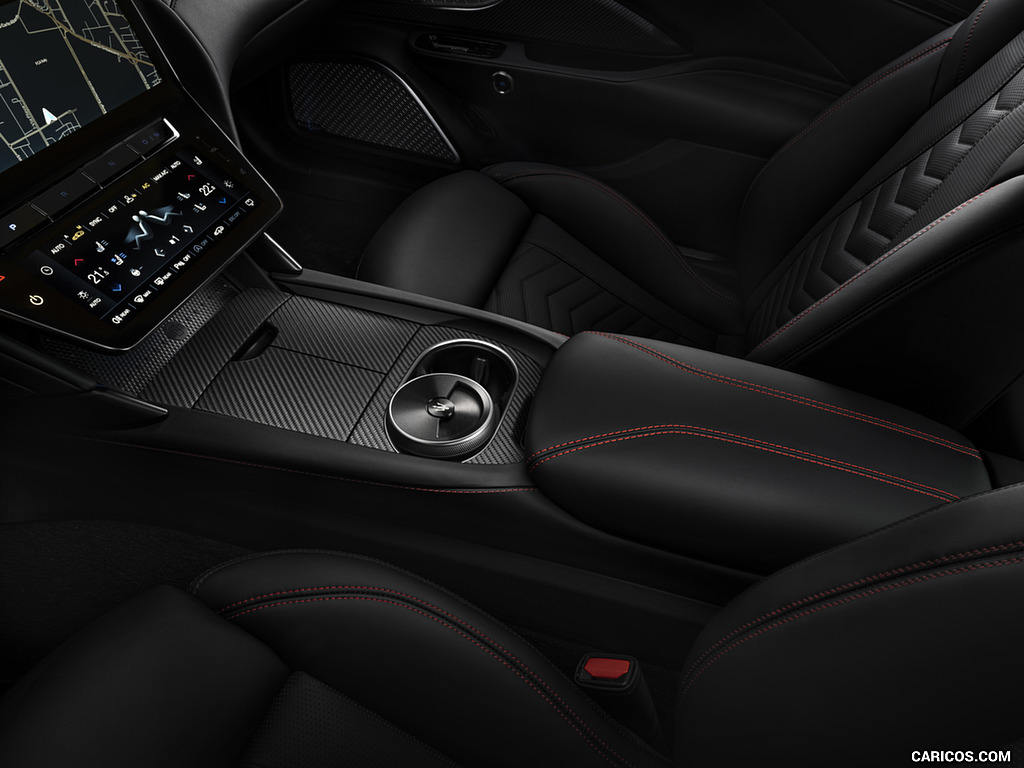 \n
\n
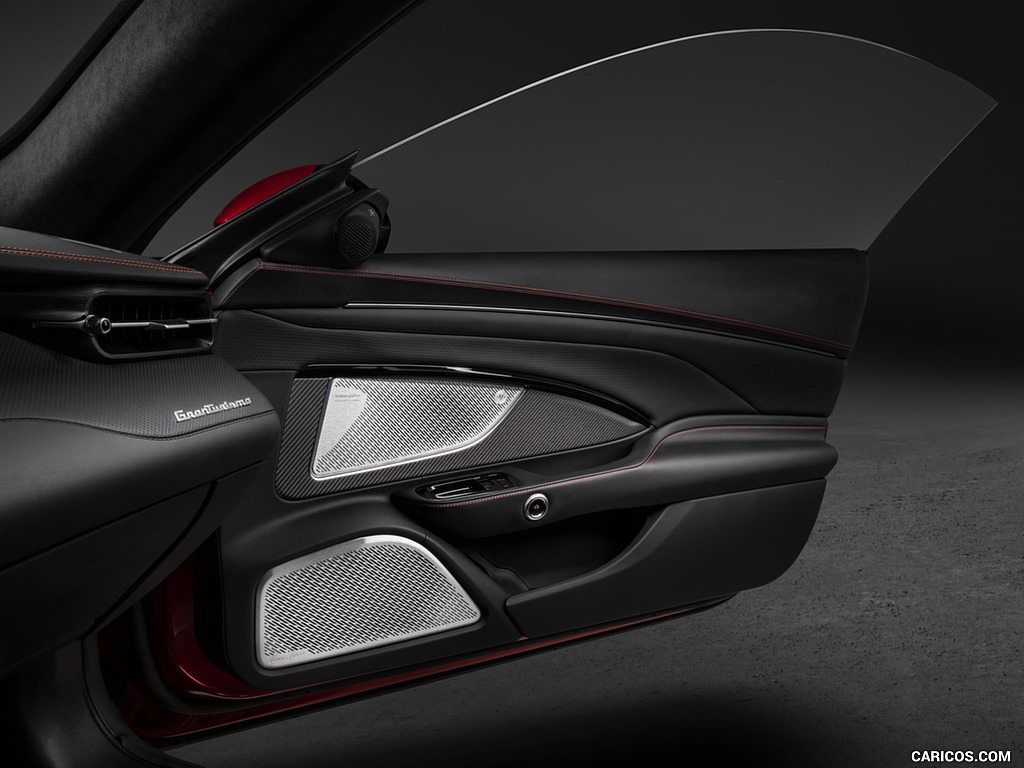 \n
\n
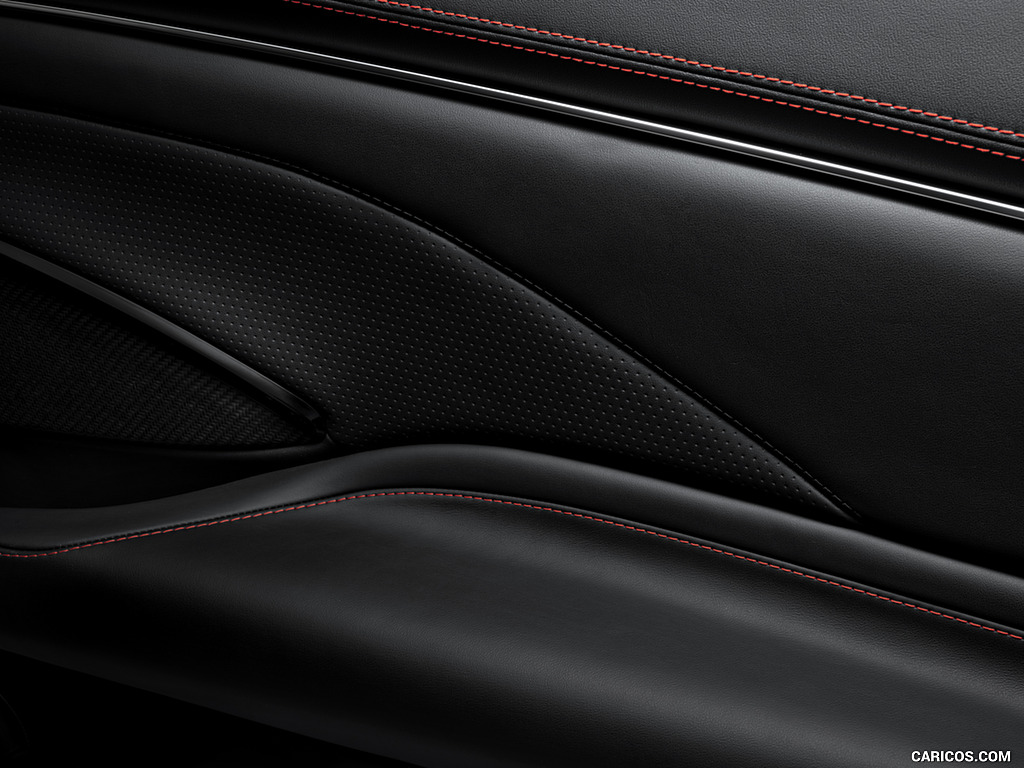 \n
\n
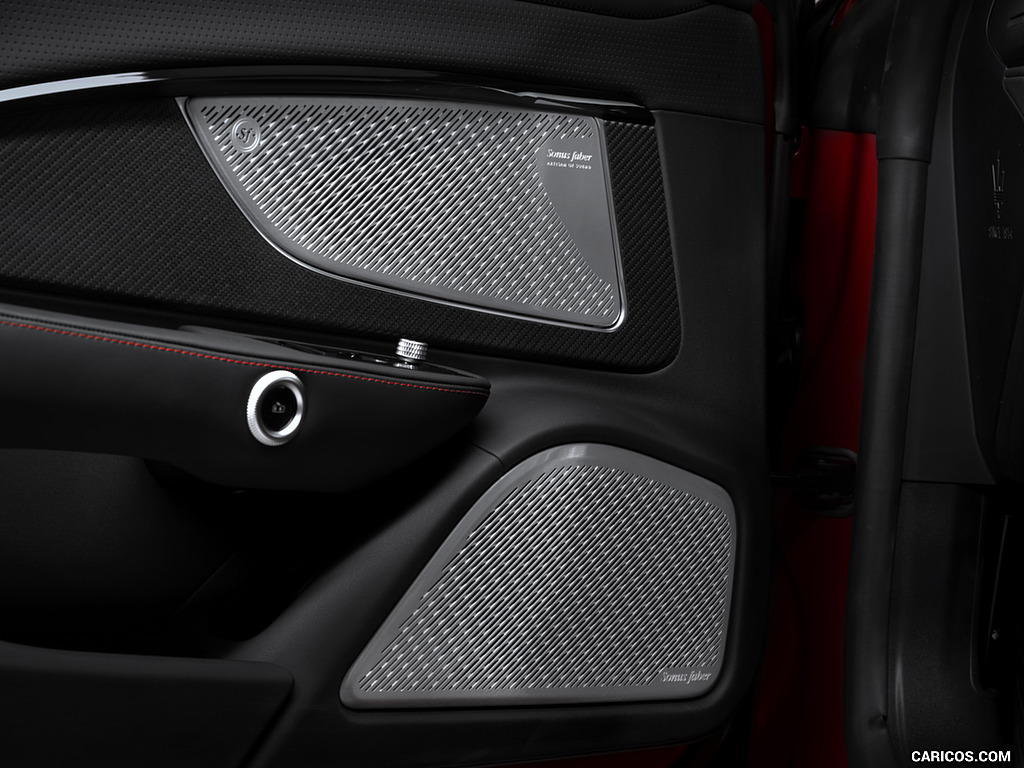 \n
\n
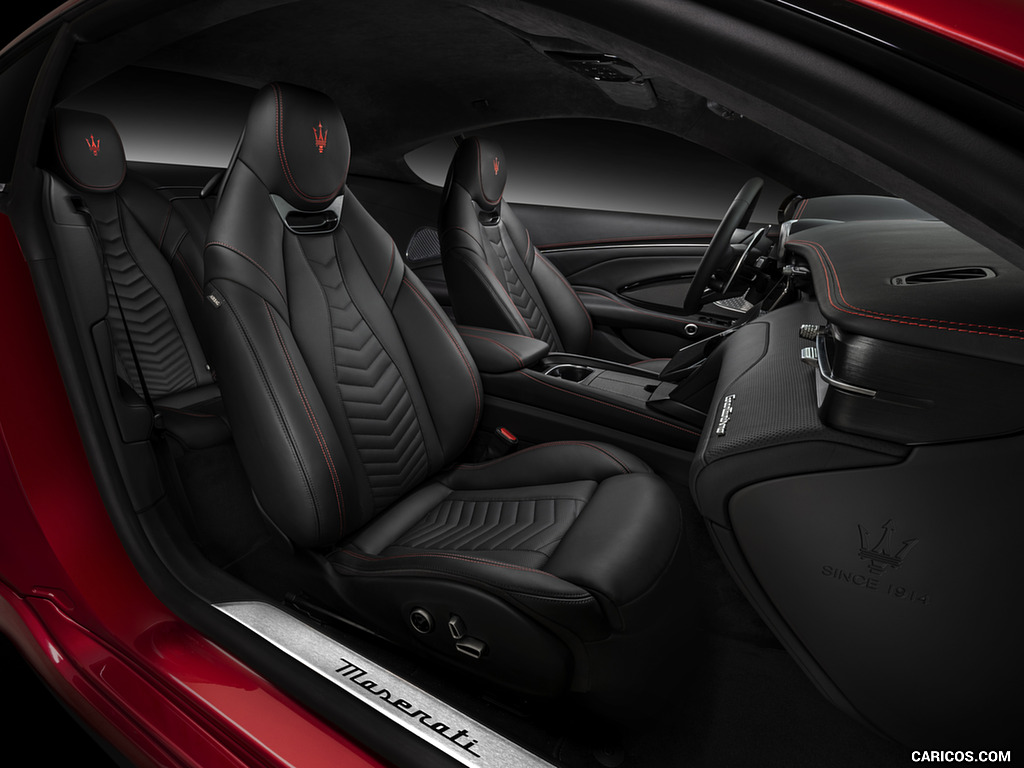 \n
\n
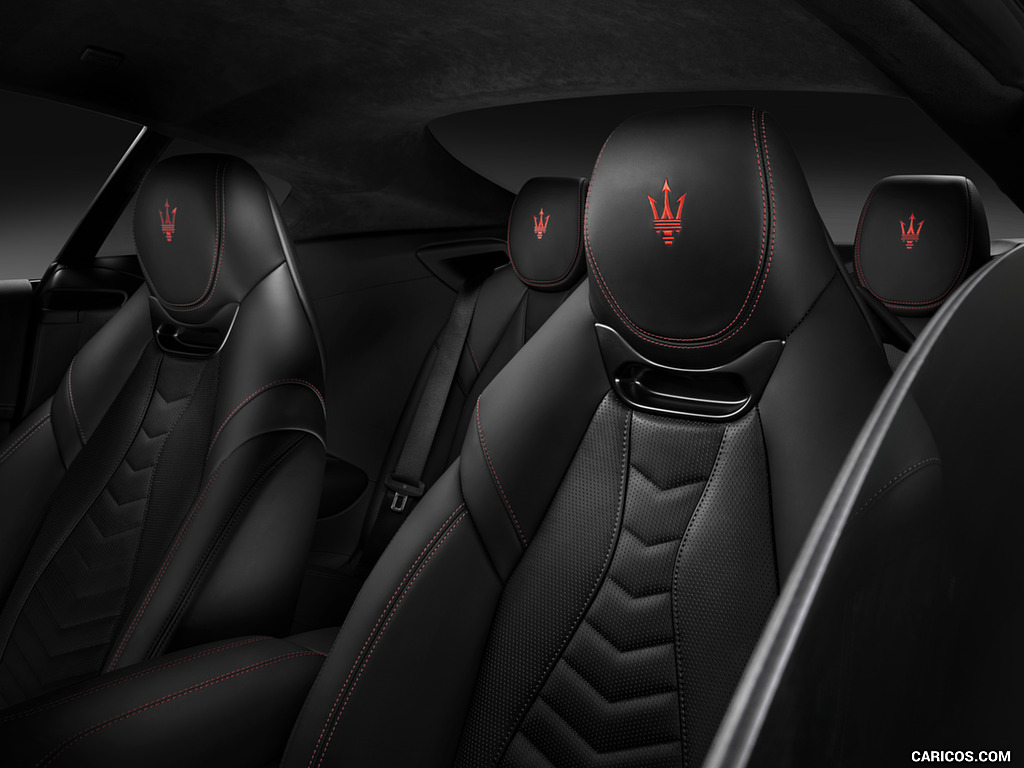 \n
\n
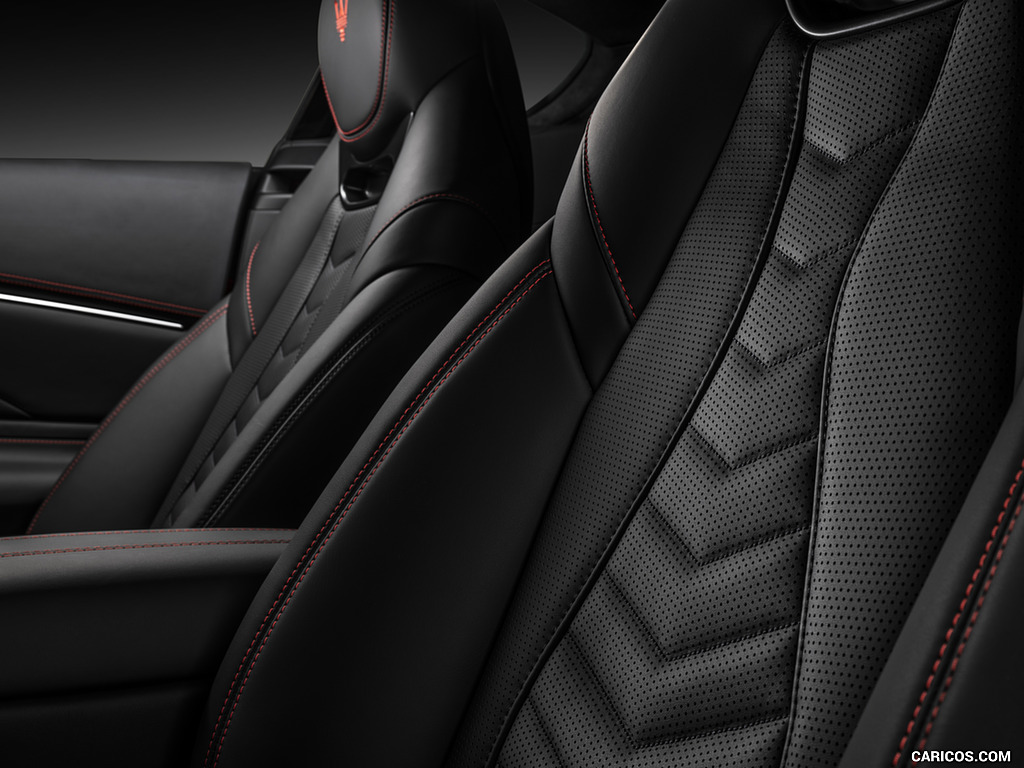 \n
\n
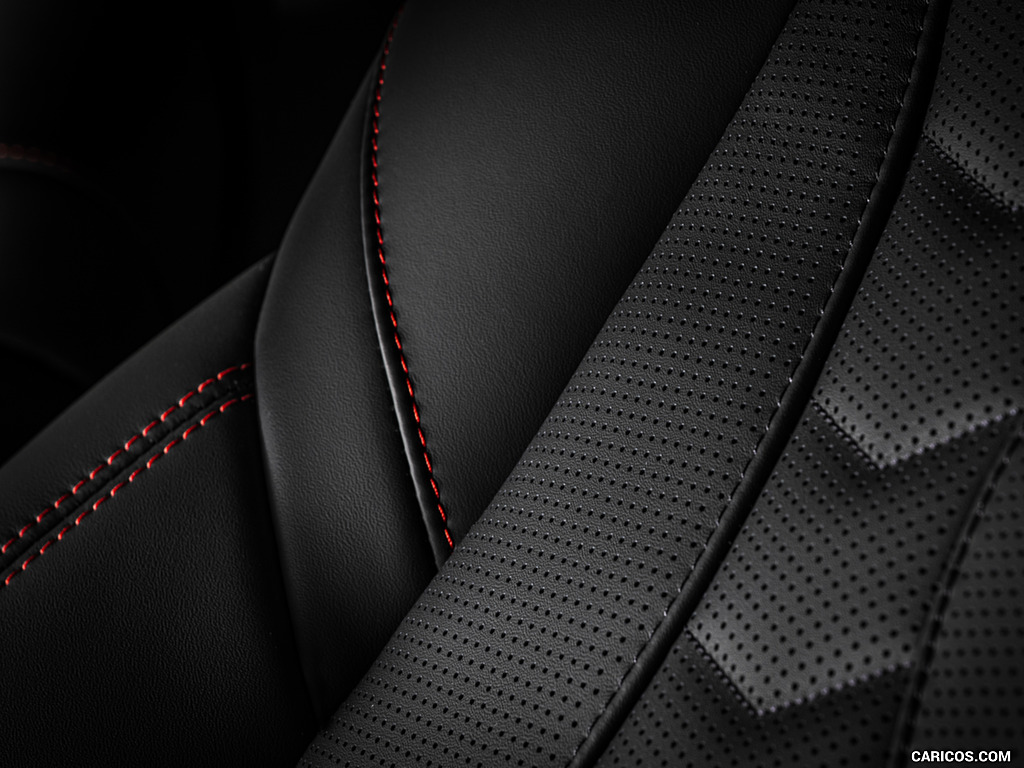 \n
\n
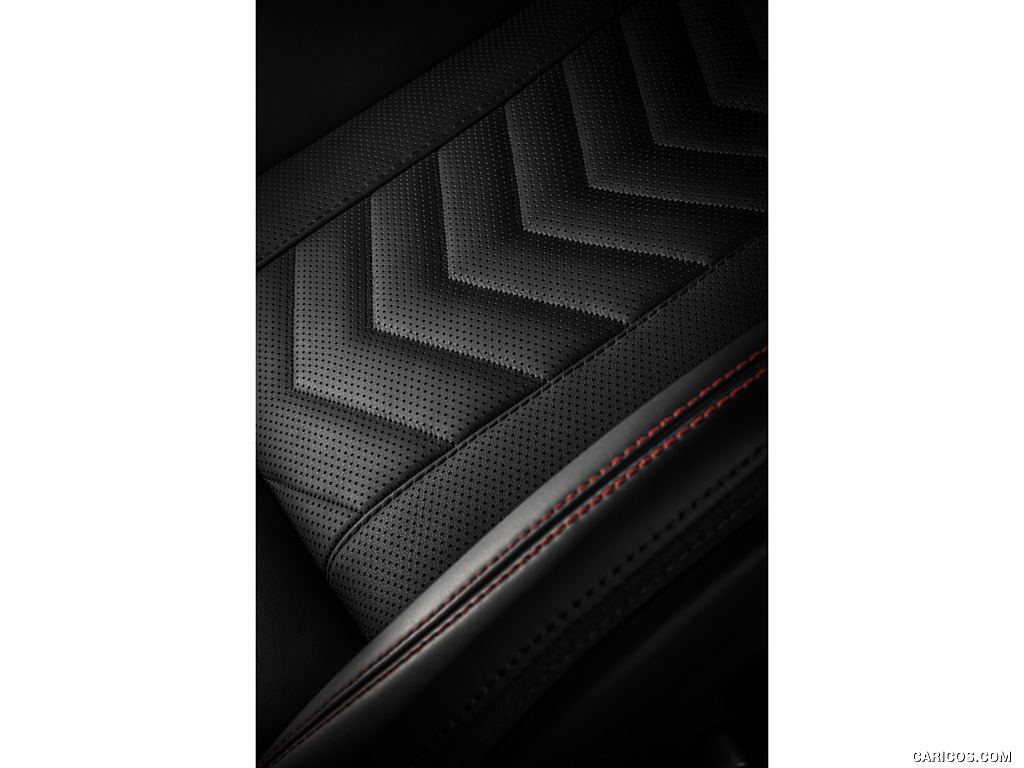 \n
\n
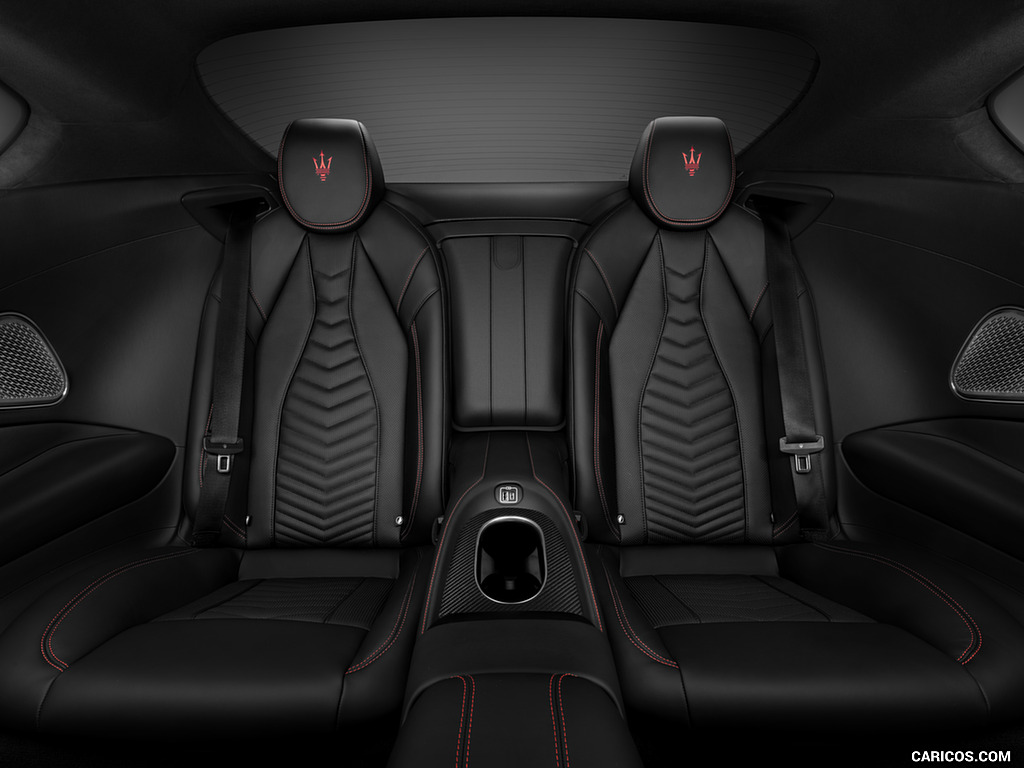 \n
\n
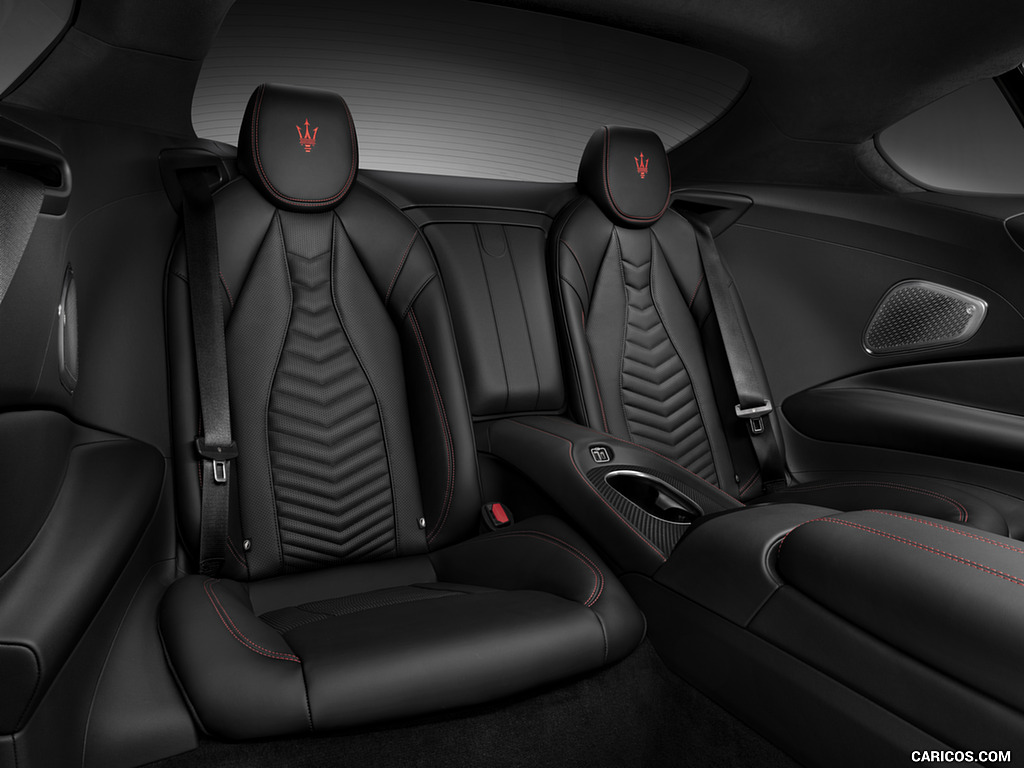 \n
\n